Shows
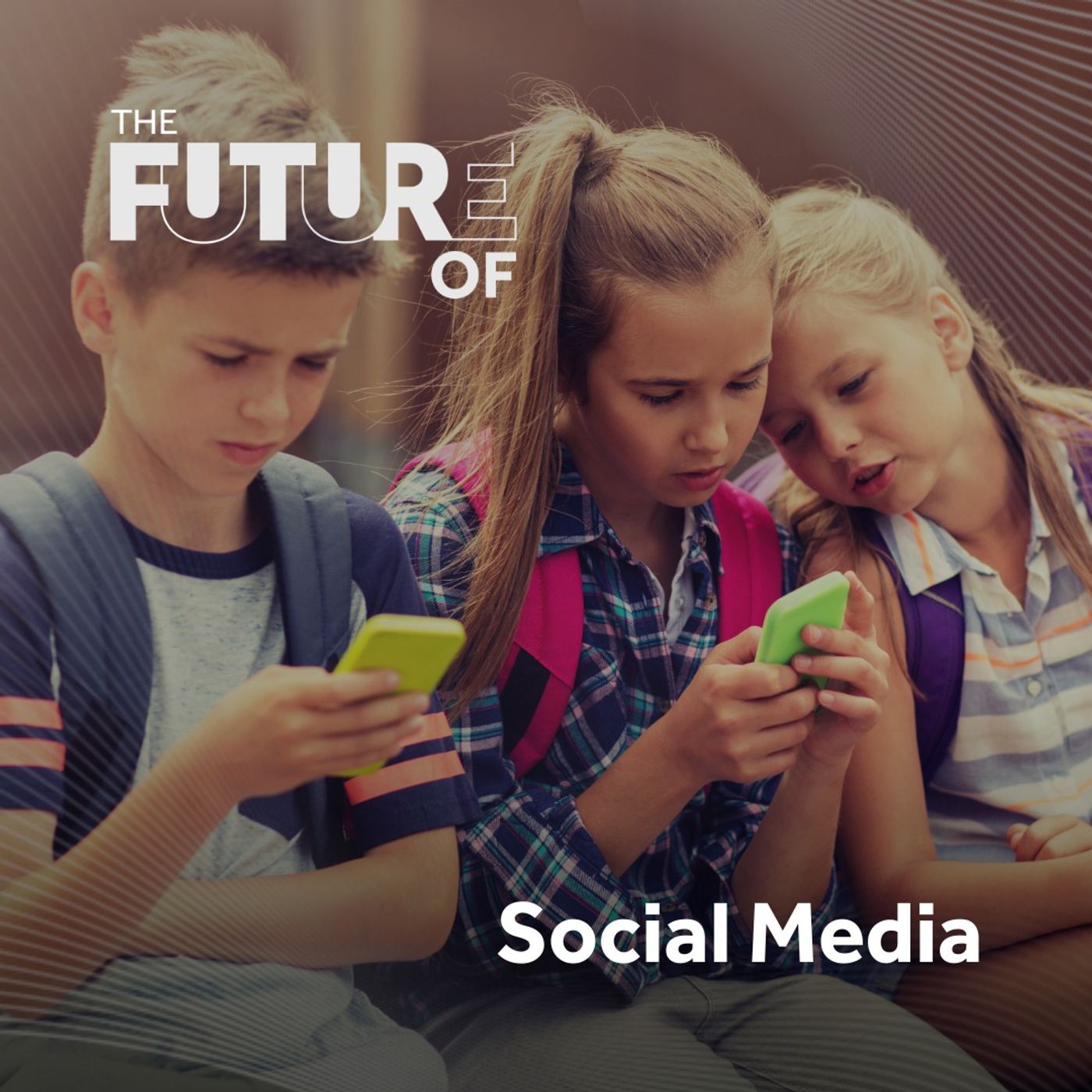
The Future OfSocial Media: Australia’s ban, AI and young people onlineAustralia is banning social media for children 16 and under – but will it actually keep them safe or only spark new problems?In this episode, hosts David Karsten and Celeste Fourie are joined by Professor Tama Leaver, Professor of Internet Studies at Curtin University, to discuss Australia’s proposed ban on social media for children under 16.We explore what the Ban aims to achieve, who it will affect, and whether it could reshape the relationship between government and big tech.The discussion also ventures into what social media will look like when the ban come...
2025-11-1135 min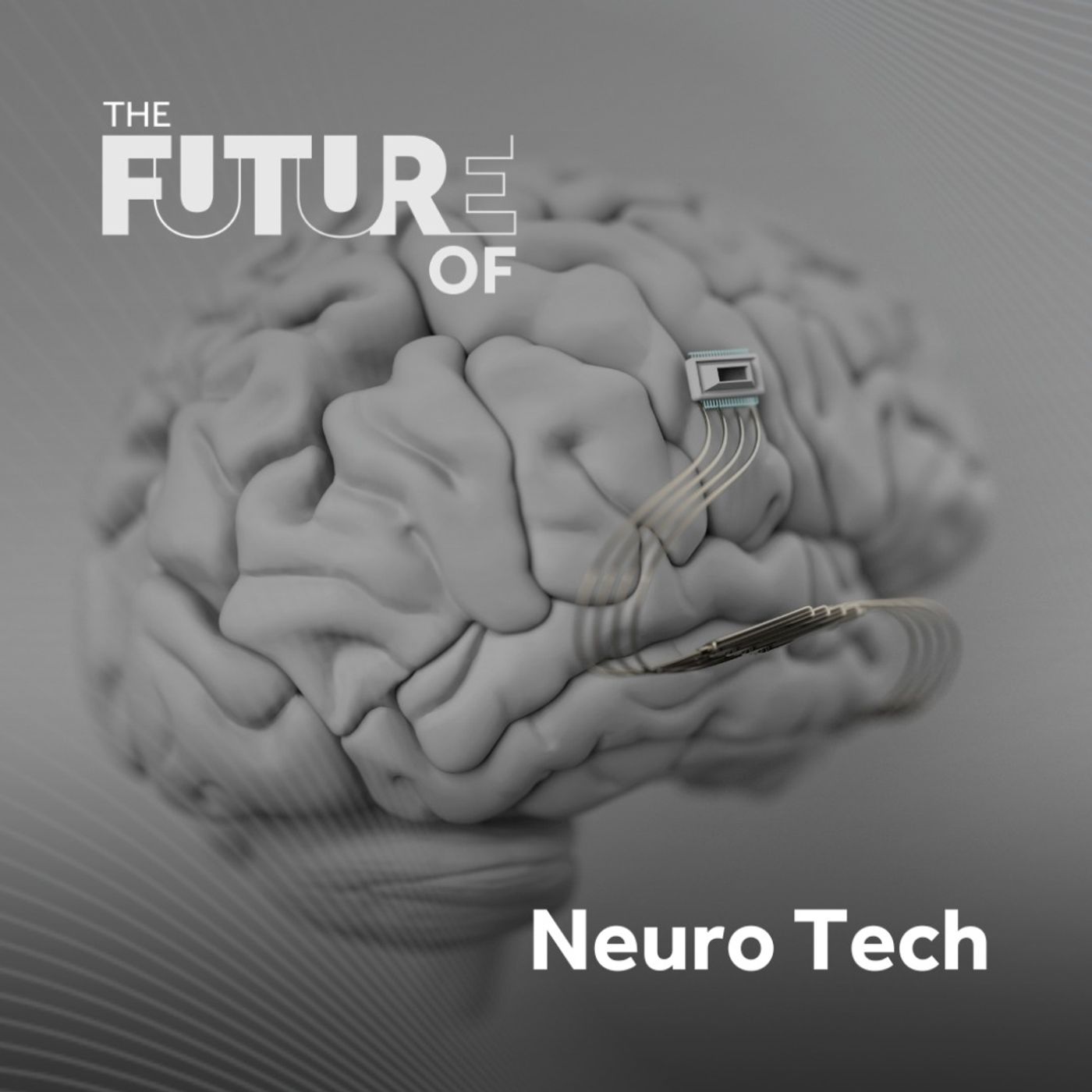
The Future OfNeuro Tech: Neuralink, brain chips, human augmentationInserting microchips into human brains was once the stuff of science fiction but is now reality thanks to companies like Elon Musk’s Neuralink. But what are the pros and cons of having Musk tech inside our heads? In this episode, our host David gets cerebral with Dr Sarah Hellewell, a Neurotrauma Research Fellow at Curtin University and the Perron Institute. Together, they unpack how human augmentation tech like Neuralink works, and how it can help to improve the quality of life for people with brain injuries or neurological conditions. They also explore the ethics of merging ‘mind w...
2025-10-1427 min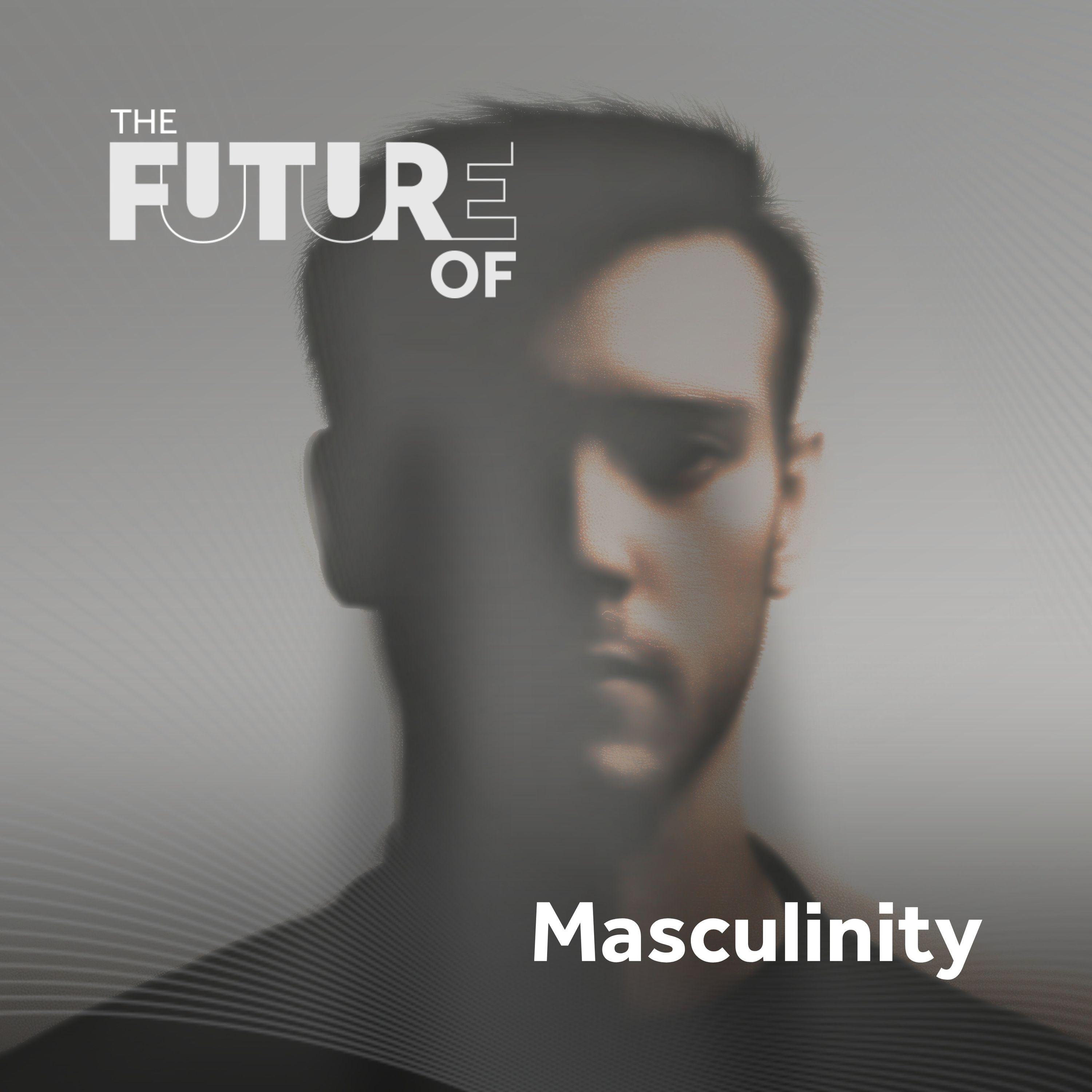
The Future OfMasculinity: identity, social media and extremismGender is always in motion, but is masculinity in crisis? In this episode, host David Karsten speaks with Dr Ben Rich and Todd Morley about modern masculinity, the challenges men face today, the rise of extremism and the solutions that could benefit us all.What does it mean to be a man in 2025 – and is masculinity in crisis? [00:09]Why men are falling behind: education, mental health and identity in a time of “polycrisis” [02:04]Generational divides and changing views on struggle [07:43]How social media is shaping masculinity [11:19]Extremism explained – what it really means and how it connects to masculinity [14:49]Is the in...
2025-09-0936 min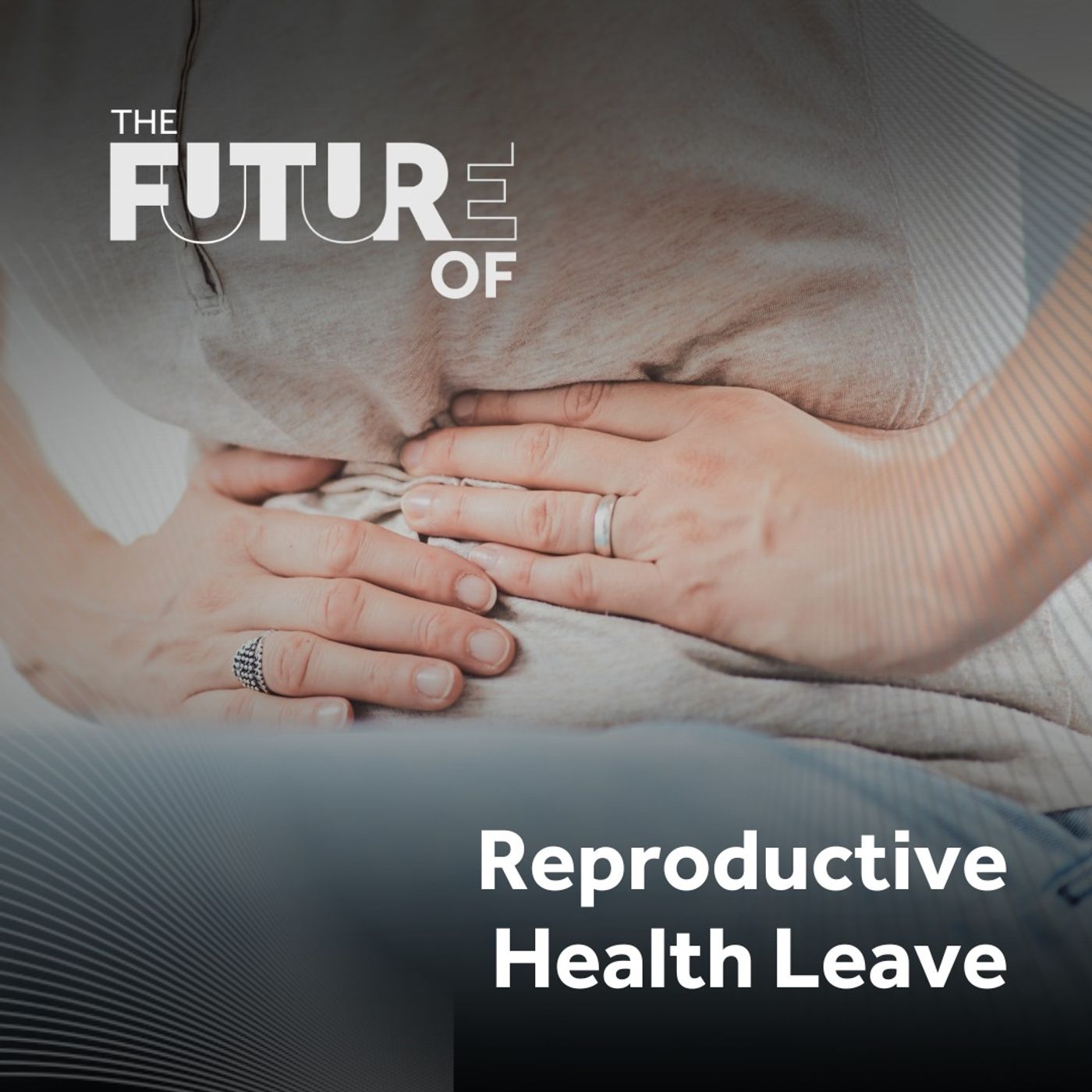
The Future OfReproductive Health Leave | Dr Silvia Salazar and Dr Abebe HailemariamHave you ever had to take a day off work due to severe period pain? Or to manage menopause symptoms? Or to attend an IVF appointment? New research reveals it would save the Australian economy billions of dollars a year if employers offered leave specifically for reproductive health.In this episode our host David Karsten talks with the authors of the research, Dr Silvia Salazar and Dr Abebe Hailemariam, from the Bankwest Curtin Economics Centre. They discuss what reproductive health leave is and explore the benefits it could have for both employees and employers, including economic savings...
2025-07-0826 min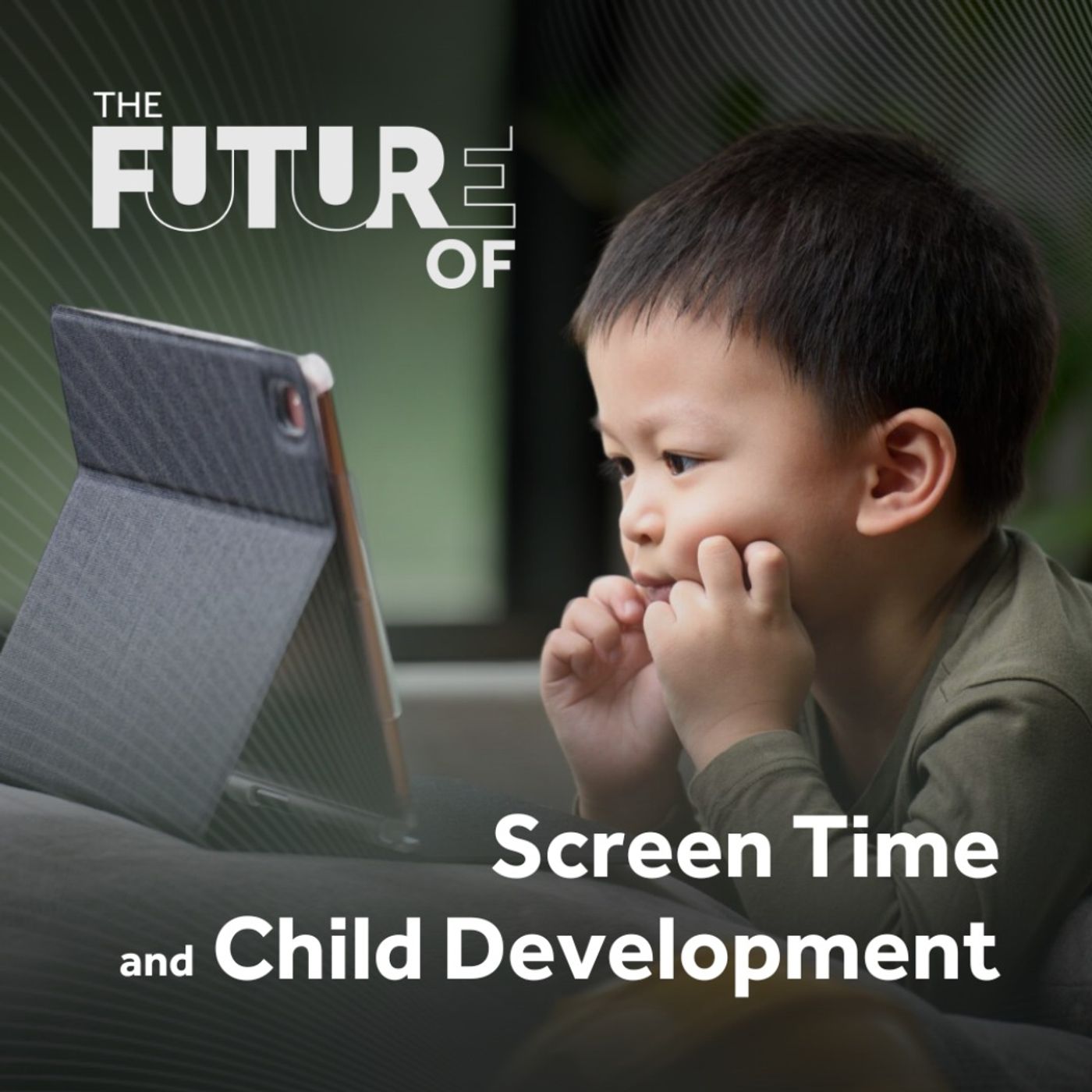
The Future OfScreen Time and Child Development | Dr Amber BeynonScreens and digital technology are ubiquitous in the lives of children and parents – but what does this mean for child development? In this episode, David Karsten is joined by Dr Amber Beynon to discuss her research into the relationship between infant development, screen time and other family factors. What we know (and don’t) about screen time and children’s development [00:58]Understanding the impact of the broader family environment [04:26]Advice for parents navigating the digital landscape [07:56]Closing the research gap [10:55]Navigating new technology: From TV to AI [11:55]Amber's journey in this evolving field [16:23]Learn moreARC Centre...
2025-03-1820 min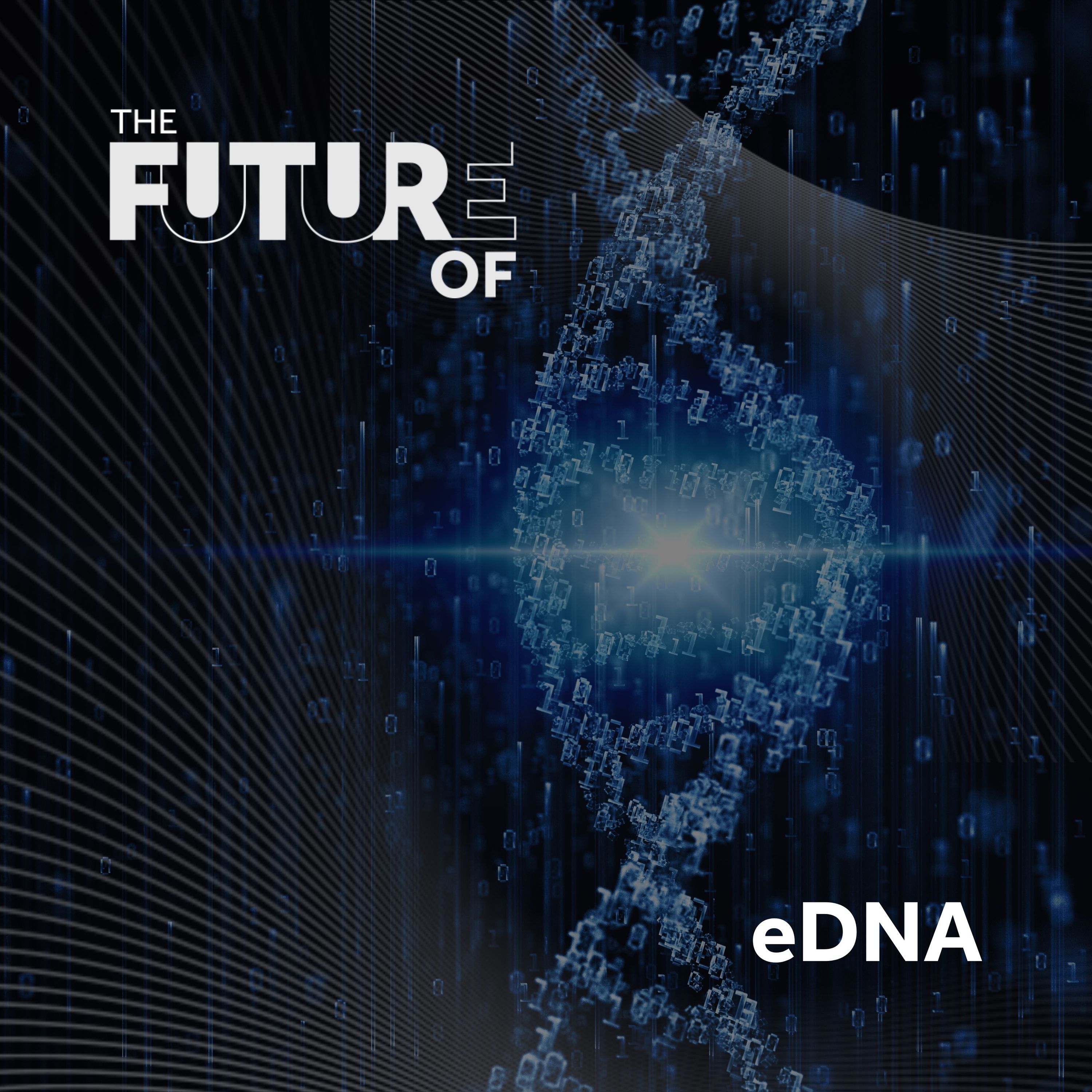
The Future OfeDNA | A. Prof Paul Nevill and Joshua KestelInsects pollinate 75% of all agricultural crops, yet many face extinction. Discover how a ‘Star Trek’ level tech called eDNA can monitor vital insect pollinators and support global food security. The pollinator crisis [01:15]eDNA a gamechanger for biodiversity monitoring [03:09]Hoverfly vs honeybee in avocado pollination [05:46]Native bushland sustains agriculture [08:21]Diverse applications for eDNA [14:05]Merging tech with farm mechanisation [19:36]Cambridge calling [20:10]Learn moreeDNA could help protect insect pollinators of avocado flowersStudy reveals how eDNA could bear fruit for farmers and the environmentSmall but might: eDNA amplies key role of insects in pollinationConnect with our guests
2025-02-2528 min
The Future OfGlobal Futures | Professor Joe SiracusaWe’re at a pivotal moment in time for humanity. Are we doomed to repeat past mistakes or can Global Futures help to better shape our collective tomorrow?In this insightful episode, special host Matthew Sykes is joined by Professor Joe Siracusa, veteran historian and Inaugural Professor of Global Futures in the Faculty of Humanities at Curtin University. They explore how Global Futures can help us to understand history as a dynamic, non-linear journey that shapes our present and future possibilities, and empower us to make informed decisions for a brighter future.• Defining Global Futures [01:18]
2025-02-1132 min
The Future OfSustainable Architecture | Zaid OsamaThe world's tallest timber building, digital twinning and biophilic design. Discover how sustainable architecture is revolutionising the places we live and work in. In this episode, David Karsten is joined by Zaid Osama, who shares insights into how buildings are being designed to reduce their environmental impact, including Perth’s ground-breaking plan that will have us rethinking the materials we build with. The impact of architecture on sustainability [00:01:40]Sustainable development goals in architecture [00:07:06]Dynamic architecture: The Edge in Amsterdam [00:10:18]C6: The world's tallest timber building in Perth [00:13:45]‘Small-scale’ sustainability: Curtin’s Living Legacy Lab [00:19:13]Digital twinning in archite...
2024-09-1034 min
The Future OfGut Health | Dr Hani Al Salami & Dr Armin MooranianIn this episode, host Sarah Taillier is joined by Dr. Hani Al-Salami and Dr. Armin Mooranian, both registered pharmacists from Curtin Medical School and CHIRI. Together, Dr Al-Salami and Dr Mooranian are leading a project to develop a prototype for faecal capsules. Such capsules offer new hope to patients battling resistant infections that don’t respond to standard therapies.• [00:25 – 01:04] How faecal transplant capsules show promise for gut health in a novel trial.• [02:06 – 02:30] How gut bacteria is crucial for gut health.• [04:36 – 04:50] Does a capsule approach improve the ease of treatment?• [08:09 – 08:39] How the capsule provides a non-invasive treatment for the...
2024-04-0930 min
The Future OfMultiple Sclerosis | Dr Virginie LamCan MS be slowed down or even reversed? In this episode, host Alex Foot is joined by Dr. Virginie Lam to discuss a revolutionary new treatment that aims to slow down or potentially stop the cycles of attack and remission in many MS cases.What is multiple sclerosis (MS) and how does it effect the body? [00:46]• What is relapse-remitting MS and what challenges does it present [02:57]• How new myelin targeting treatments are offering new hope for MS treatment [08:56]• What inspired Dr. Lam to research MS [15:05]Learn moreMS Awareness Month: Australia’s advanc...
2024-03-2020 min
The Future OfEquity In Education | Prof Ian LiHow do we overcome barriers to education in Australia? ‘In this episode, Alex Foot is joined by Professor Ian Li, Director of the Research and Policy Program at the Australian Centre for Student Equity and Success (ACSES), to discuss the equity landscape in Australian higher education, and how things are moving towards a more accessible system. What is equity in education and why’s it important [01:35]How does Australia compare globally in educational equity [04:14]How primary and high school impact the equity of higher education [07:23]The TAFE system [17:35]What ‘good’ looks like in the future [23:30]Learn moreAustra...
2024-03-0625 min
The Future OfEcological Restoration | Prof Kingsley DixonHow did a simple molecule found in smoke change the way we regenerate native plants? Find out in this episode of #TheFutureOf In this episode, Professor Kingsley Dixon joins host David Karsten to discuss the critical role smoke plays in seed germination, the evolution of plant conservation and restoration practices, and how these insights are being applied to revitalise Western Australia's unique biodiversity.How Prof Dixon’s career started [01:32]Biodiversity regeneration efforts in Kings Park, WA [12:21]How smoke can help with ecologic regeneration [11:23]How Prof Dixon’s discovery impacted the nu...
2024-02-2039 min
The Future OfKorean Wave | A. Prof Jo Elfving-HwangFrom BTS to Busan's Film Festivals, how has Korea's cultural influence spread across the globe? Find out in this episode of #TheFutureOf.What is the Korean Wave or ‘Hallyu’ [00:50]• How the government encouraged a cultural push of Hallyu [14:14]• Korean Cultures spread to Australia [21:23]• How the spread of Korean culture impacts life in South Korea itself [39:23] Learn more• Curtin Korean Studies Major• Korean Research Centre WAConnect with our guestsAssociate Professor Jo Elfving-HwangJo Elfving-Hwang is an Associate Professor of Korean Society and Culture in the...
2024-02-0748 min
The Future OfMarine Biodiversity | Prof Fred Wells & Prof Monique GagnonIn this episode, David Karsten is joined by Professor Fred Wells and Professor Monique Gagnon to discuss the impact of rising sea temperatures and oil spills on aquatic life. Significant changes in marine fauna along Perth’s coastline (00:01:02:03)Impact of 2011 heatwave on the west end of Rottnest (00:04:12:12)How fish fingerprints are helping identify oil pollutants (00:09:23:04)Recovery of marine populations after the Montara oil spill in the Timor Sea (00:19:54:22)Positive trends in pollution reduction (00:21:26:23)Learn moreMarine heatwaves decimate sea urchins, molluscs and more at Rottnest
2024-01-2225 min
The Future OfEnergy Transition | Prof Petra Tschakert & Prof Peta AshworthAs our planet grapples with the urgent realities of climate change, the transition to sustainable energy solutions becomes pivotal. But how do we make this transition just, inclusive, and effective?Today, host Alex Foot is joined by two esteemed Curtin University professors, Professor Peta Ashworth OAM and Professor Petra Tschakert. They break down the complex layers of the energy humanities, the changes in public attitudes towards energy, and the need for an equitable energy shift.Why the energy transition needs a ‘humanities look’ [06:40]The benefits of energy literacy [17:58]The social challenge of e...
2023-11-2752 min
The Future OfMountain Biking | Paul Braybrook & Rod AnnearMountain biking, an exhilarating outdoor adventure, is taking the world by storm. From conquering rugged trails to exploring diverse terrains, it offers a fantastic cardiovascular workout, enhancing your strength, endurance, and agility. In fact, it's one of the fastest-growing recreational activities globally. In this episode, Host David Kasten sat down with Paul Braybrook, a dedicated paramedic and paramedicine researcher at Curtin University; and Rod Annear, Assistant Director of Parks and Visitor Services at the Department of Biodiversity, Conservation, and Attractions to discuss the growth and transformation of mountain biking into the loved activity it is today.Doing a...
2023-11-1440 min
The Future OfEchidnas | Dr Christine CooperAs one of the world’s rarest mammals, the iconic echidna has developed surprising ways to adapt to a warming climate.In this episode, David Karsten was joined by Dr Christine Cooper from Curtin’s School of Molecular and Life Sciences to discuss the unique traits of echidnas and what the future holds.What is a monotreme? 01:30Dr Cooper explains how echidnas use vocalisations to mate [8:05]The differences between echidnas across the country [14:09]How echidnas survive in extreme heat [22:03]Learn moreCurtin study suggests rare echi...
2023-10-3026 min
The Future OfCryo-Conservation | Prof Ricardo Mancera and Dr Bryn FunnekotterWhy are experts turning to cryo-preservation to combat plant extinction threats? In this episode, host David Karsten is joined by Professor Ricardo Mancera and Dr Bryn Funnekotter to discuss the role of cryo-preservation for long-term conservation of plant species, asked why this is necessary for industry, and discussed emerging cryo biotechnology that could be a viable alternative to conventional seed storage.What sort of challenge does plant extinction pose to Australia's unique biodiversity? [01:01]The role that cryo-preservation plays in preservation of natural environments [ 08:54]How mining industry and scientists work together to restore degraded...
2023-10-0237 min
The Future OfEarly Childhood Education and Technology | Emma CrossOur children today navigate a world where the boundaries between digital and physicals worlds are increasingly blurred. As they tap, swipe, and interact, Australian parents wonder: How does this digital immersion shape a child's growth? How do we differentiate constructive digital engagement from detrimental? And above all, how do we ensure their safety in this vast digital expanse? In this episode, host David Karsten sat down with Emma Cross to chat about the role of digital technology in early learning.Do children have the right to technology? [01:28]What is screentime? Is it really as bad...
2023-09-0536 min
The Future OfVoice To Parliament | Prof Cheryl Kickett - TuckerIs this Australia's pivotal moment? In this episode, host David Karsten is joined by Professor Cheryl Kickett-Tucker to discuss the upcoming Australian referendum on recognising the First Nations people of Australia in the constitution and the potential establishment of an Aboriginal and Torres Strait Islander Voice.What is the proposed Voice to Parliament? [01:10]How Prof. Kickett-Tucker's community is feeling about the referendum [08:22]What would a ‘yes’ vote mean? [11:15]How would a ‘no’ vote impact how Australia is perceived? [18:21]Prof. Kickett-Tucker's community programs [20:49]Prof. Kickett-Tucker on her personal motivations and hopes for the future [33:15]Learn moreKoya Abo...
2023-08-2136 min
The Future OfCyber Warfare | Dr Nickson M. KarieIn the face of cyber threats, how do nations and organisations safeguard personal data and secure the digital systems we rely on? In this episode, host David Karsten is joined by Dr Nickson Karie, a cybersecurity and forensics expert to discuss the looming threat of cyberattacks, the potential impacts of cyberwarfare on a nation, and what we can all do to keep our information safe in cyberspace.What is cyberwarfare? [00:57]The future of cyber-defence and AI [06:23]The likelihood of a catastrophic cyberattack [09:20]What inspires Dr Karie [20:20]Learn more
2023-08-0727 min
The Future OfJobs for Humans (Re-Release) | Prof Mark GriffinDigital disruption, AI, automation and changing views about work-life balance are going to transform our workplaces. A Deloitte Access Economics report forecasts that four out of five jobs created between now and 2030 will be for ‘knowledge workers’.In this episode, Jess and David are joined by Professor Mark Griffin, Director of the Future of Work Institute at Curtin University, about how our workplaces are going to change.• Should we be worried about ‘technological unemployment’? (00.28)• What will be the biggest differences between the workplace today and in 2030? (02.41)• How do we upskill to prepare for the future? (04.39...
2023-06-2621 min
The Future OfThe Manosphere | Dr Ben Rich and Dr Francis RussellWhat is ‘the manosphere’, what has it got to do with masculinity, and why are high school teachers concerned by teenage boys’ attraction to it? In this episode, our guest presenter Associate Professor Kathryn Shine is joined by Dr Ben Rich and Dr Francis Russell, from the Curtin Extremism Research Network, to discuss the realm of the manosphere.What is the manosphere? [00:09]Why are men feeling ‘disenfranchised’? [02:57]Are there racial and religious elements within the manosphere? [11:58]What is the Curtin Extremism Research Network? [35:54]Learn moreCurtin Extremism Research NetworkThe Draw of the Manosphere: Understanding Andrew Tate's appeal to lo...
2023-05-2942 min
The Future OfTikTok | Prof Crystal AbidinWhether you love it, hate it, don’t get it or your grandma’s trending on it, TikTok is a cultural phenomenon. But how did it become so popular and should we be worried by its reach?Join our host Sarah Taillier as she chats with Crystal Abidin, Professor of Internet Studies at Curtin University and Founder of the TikTok Cultures Research Network. They explore why TikTok is so popular, how its algorithms might work and its influence on society, now and into the future. Why is TikTok so popular? [00:52]Activism is trending on TikTok...
2023-05-1530 min
The Future OfMining Culture | Prof Sharon Parker & Dr Patricia ToddWestern Australia's mining sector is the lifeblood of the state, but it's not without scrutiny. Learn how the industry is using research to undergo a cultural revolution to ensure the safety and wellbeing of its workers. In this episode, David is joined by Professor Sharon Parker and Dr Patricia Todd to explore how the government-backed Landmark Study can address serious cultural and safety issues in the mining industry, including sexual harassment, discrimination, poor mental health and new tech challenges. If you work in the WA mining industry, find out how you can get involved in the study. ...
2023-05-0129 min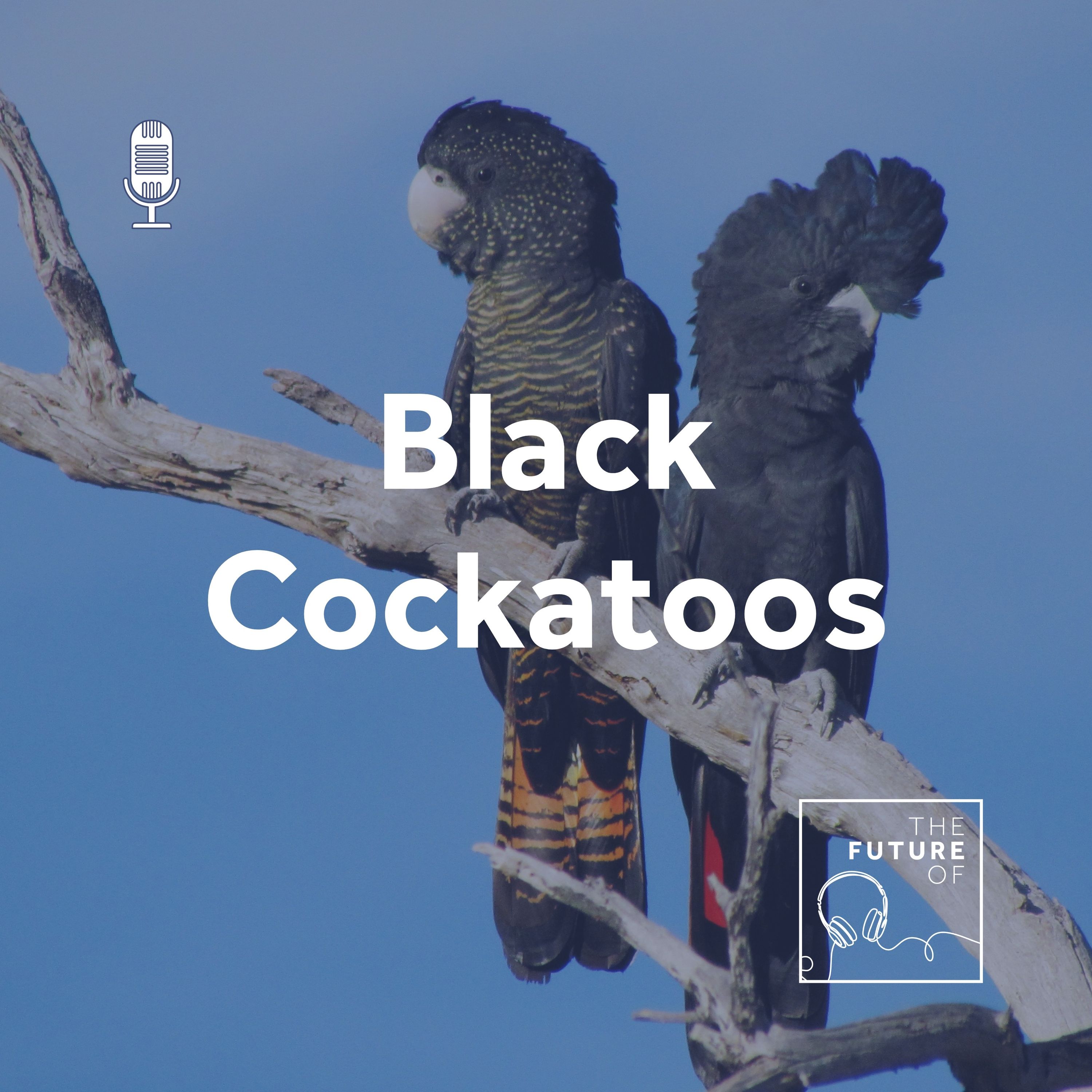
The Future OfBlack Cockatoos | A. Prof Bill Bateman & Jane HammondIs it too late to save our iconic black cockatoos, or is there still time to act and protect these majestic birds? With their distinctive call and striking feathers, black cockatoos are beloved by many Australians. But some species of black cockatoo will be extinct by 2050 due to major habitat loss.In this episode, Sarah is joined by wildlife biologist Associate Professor Bill Bateman and filmmaker Jane Hammond to discuss the decline in WA’s three species of black cockatoo, and what needs to be done to halt their spiral towards extinction. Meet WA’s blac...
2023-04-0430 min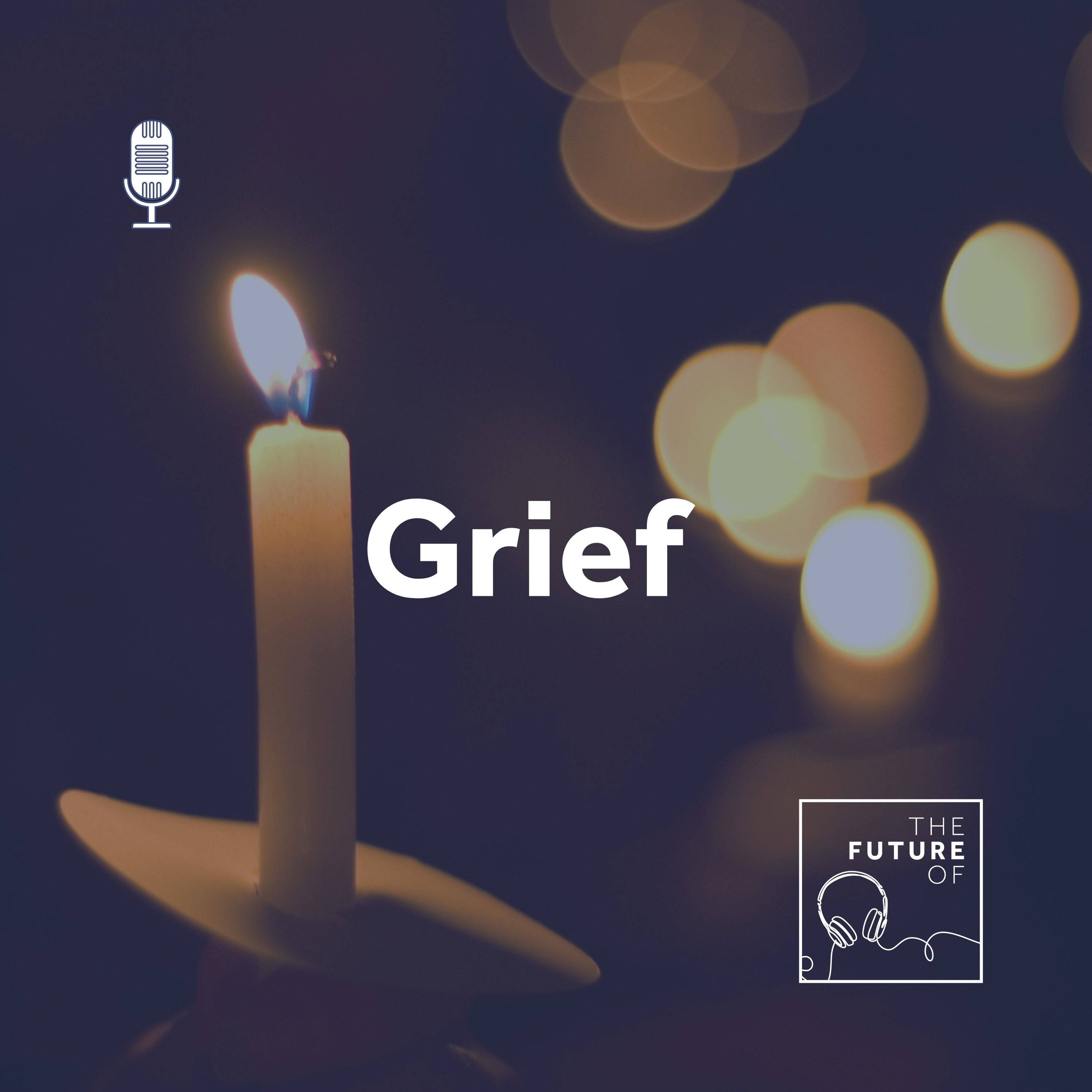
The Future OfGrief | Prof Lauren Breen and Shelly SkinnerGrief and dying are among the most underdiscussed topics in society. How does this impact our wellbeing, and does our understanding about grief need to change? To explore this topic, Sarah is joined by Professor Lauren Breen and Ms Shelly Skinner. Lauren is researcher in Curtin University’s School of Population Health, specialising in the psychology of grief and loss. Lauren’s research is internationally recognised, and she has received a research recognition award from the Association for Death Education and Counselling in the USA, for her significant contribution to studies concerning grief across the lifespan. Shelly is a...
2023-03-0735 min
The Future OfTwitter | Prof Tama LeaverWill Twitter ever be the same since Elon Musk’s takeover? And what impact will his changes have on users, free speech and (dis)information? Twitter is one of the most influential speech platforms in the world – as of 2022, it had approximately 450million monthly active users. But its takeover by Elon Musk has sparked concerns about social media regulation and Twitter’s ability to remain a ‘proxy for public opinion’. To explore this topic, Sarah is joined by Tama Leaver, Professor of Internet Studies at Curtin University. Why does Twitter matter? [00:48]Elon rewinds content regulation [06...
2023-02-2123 min
The Future OfResearch | Prof Chris Moran & Prof Fran AckermannIn this episode, Sarah is joined by Professor Chris Moran, Deputy Vice-Chancellor, Research at Curtin University and John Curtin Distinguished Professor Fran Ackermann, to discuss the future of university research.Current challenges for Australian universities [02:07]The future of universities is around integration between disciplines [06:32]What does the fight for research dollars mean for universities? [08:36]Is the physical (university) campus a finished thing with online education? [14:45]How important is the link between teaching and research? [17:40]What can we do to retain and build (Australia’s) research capacity? (20:34)Learn moreCurtin University ResearchConnect with ou...
2023-02-0736 min
The Future OfGreen Hydrogen (Re Release) | Prof Craig BuckleyIs green hydrogen the key to a carbon-free energy future?In this episode, Jessica is joined by Professor Craig Buckley from Curtin University’s Hydrogen Storage Research Group to discuss the future of green hydrogen and how he and his team are making it a viable energy solution. The colours of hydrogen [00:45]Using Raman scattering to detect hydrogen [04:11]Is green hydrogen a feasible energy solution? [08:42]Safety of hydrogen compared to fossil fuels [11:01]Using hydrogen to fuel transport vehicles [16:27]Learn more2022 International Symposium on Metal-Hydrogen SystemsCurtin green hydrogen research supported with ARC fundingHow hydrogen became the...
2023-01-2425 min
The Future OfSynthetic Milk | Professor Dora MarinovaWould you drink milk that came from a laboratory instead of a cow? Synthetic milk is set to shake up the dairy industry, boasting a similar look, taste and nutrition profile to cow’s milk, but with a smaller carbon footprint. In this episode, Sarah is joined by Professor Dora Marinova from the Curtin University Sustainability Policy Institute. They discuss how synthetic milk is made, why we need another dairy alternative and the possible benefits and impact of fake milk on the dairy industry and consumers. I can’t believe it’s not milk! [01:02]What is syntheti...
2022-12-1328 min
The Future OfIndigenous Cultural Tourism | Robert Taylor, A. Prof Michael VolggerLearn how the peak body for Aboriginal tourism in WA is leading the way in sharing the cultures and knowledges of First Nations Peoples.In this episode, Sarah is joined by Robert Taylor, CEO of the Western Australian Indigenous Tourism Operators Council (WAITOC) and Michael Volgger, Co-Director of the Curtin Tourism Research Cluster. Together, they discuss ways to expand Indigenous cultural tourism in Australia, including looking at the Fitzroy Valley in the Kimberley region as a case study.WAITOC leads the way in WA’s Indigenous tourism industry [02:46]Martuwarra Fitzroy River can create A$30million in to...
2022-11-2949 min
The Future OfNeuromarketing | Dr Billy SungWhat exactly is ‘neuromarketing’ and how does it help companies hone their product marketing?How do consumer neuroscience technologies like eye-tracking devices reveal what people really think of advertisements?Innovations in neuromarketing, such as eye tracking devices and biometric wristbands, are helping reveal what viewers really think of advertisements. In this episode, Sarah discusses the cutting-edge area of neuromarketing with Associate Professor Billy Sung. Dr Sung leads a research team at The Consumer Research Lab at Curtin University, and specialises in digital marketing and consumer psychology.What is neuromarketing? [01:00]Who’s using neuromarketing at the mo...
2022-11-1525 min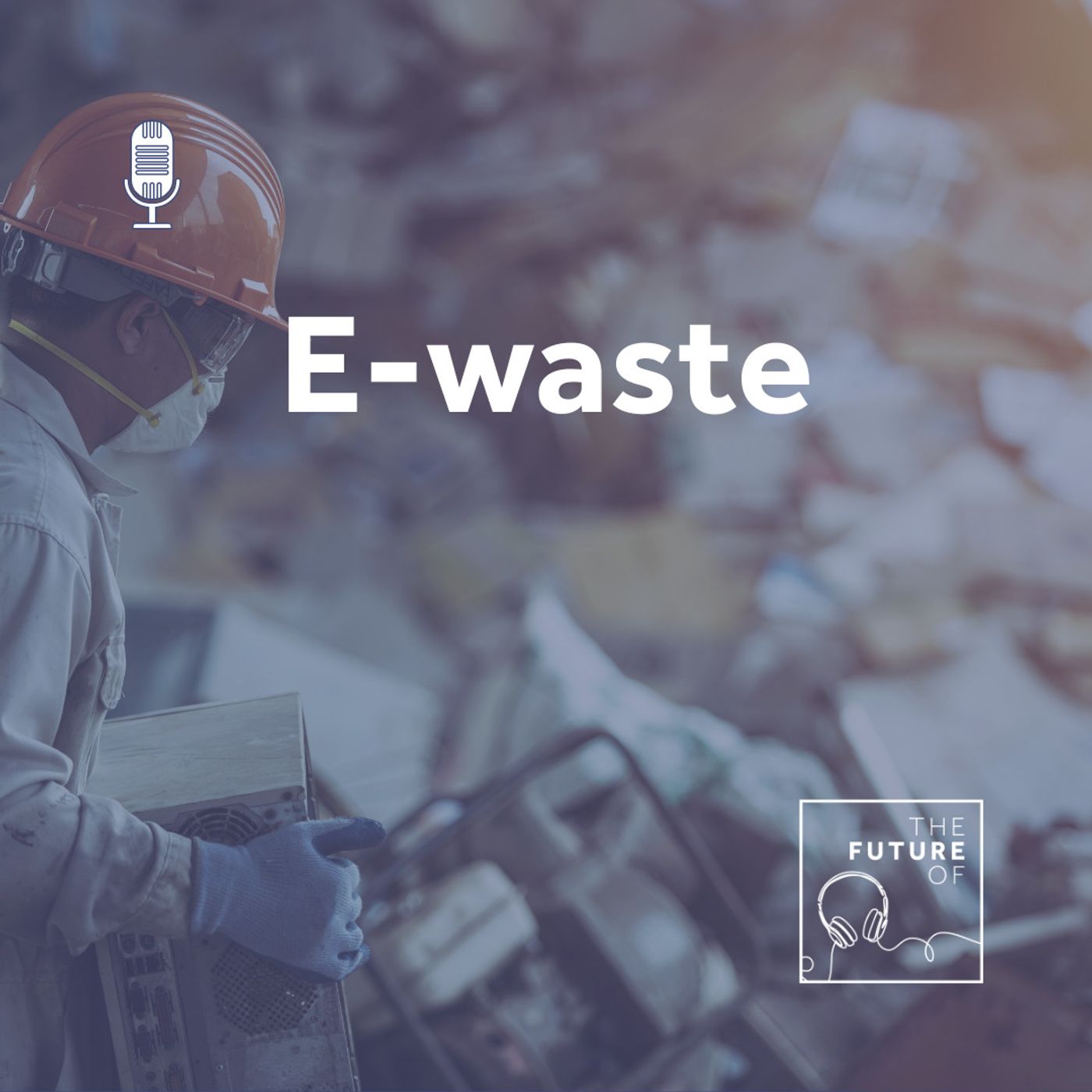
The Future OfE-waste | Dr Elsayed OrabyWorried about the ever-increasing amount of e-waste going to landfill? Find out how e-waste is being recycled to remove the rare metals that are worth a fortune.In this episode, Sarah is joined by Associate Professor Elsayed Oraby, a researcher at the WA School of Mines: Minerals, Energy and Chemical Engineering, to discuss how and why e-waste is recycled.What exactly is e-waste? (00:50)It's obviously a far more environmentally friendly process leaching process that you have helped to develop. How does it compare to the cost of the traditional leaching method? (04:27)What are some of the ba...
2022-11-0115 min
The Future OfSkinks | Dr Holly BradleyLove lizards? Learn all about the Western Spiny-tailed Skink, a punkish reptile with a penchant for living in log castles. Sarah is joined by Dr Holly Bradley from Curtin’s School of Molecular and Life Sciences, who shares her research of an elusive skink that’s found nowhere else on Earth except Western Australia. She talks about how a novel use of light technology is helping conservationists to understand the skink’s habitat needs and ensure its ongoing survival. A world-first for LIDAR tech [02:23]A skink’s home is his castle [03:27]Translocation for homeless lizards [05:38]Managing predators...
2022-10-0421 min
The Future OfVitamin D | Dr Eleanor DunlopNine out of 10 Aussies have low vitamin D intakes, but why do we need vitamin D and why aren’t we getting enough of it? In this episode, Sarah is joined by Dr Eleanor Dunlop to talk about the role vitamin D plays in our bodies and why some of us are vitamin D deficient. Dr Dunlop also discusses how her research could help inform nutrition policy in Australia and increase our intake of the ‘sunshine vitamin’. Why Aussies are vitamin D deficient [04:17]Factors that impact vitamin D uptake [07:14]Australia’s first vitamin D database [08:40]Vitamin D-fortifie...
2022-09-2021 min
The Future OfTransgender Inclusion | A. Prof Sam WinterWhat does it mean to be a trans person? How included do they feel in society, and why are some of us afraid of people who are different? In this episode Sarah is joined by Associate Professor Sam Winter, who shares their insight into what it means to be a trans person, how society can be more inclusive of people who are gender diverse and where traditional notions of gender may still be relevant. What defines a trans person? [02:55]Accessing gender affirming healthcare [05:19]Birth certificates for trans people [06:40]Empathy leads to equity [09:16]Legislation as education [11:07]Why is...
2022-09-0634 min
The Future OfBreast Cancer Treatment | A. Prof Pieter EichhornFrom chemotherapy to immunotherapy and targeted drug delivery, what’s next for breast cancer treatment? In this episode, Jessica is joined by cancer research expert Associate Professor Pieter Eichhorn, who is co-leading an Australian Government subsidised drug delivery project that aims to change the behaviours of proteins found in breast cancer. Together, they discuss what conventional treatments exist and where they’re going, Associate Professor Eichhorn’s exciting new drug treatment, and what he believes needs to change to drastically reduce the rates of breast cancer going into the future.Associate Professor Eichhorn’s research...
2022-07-2624 min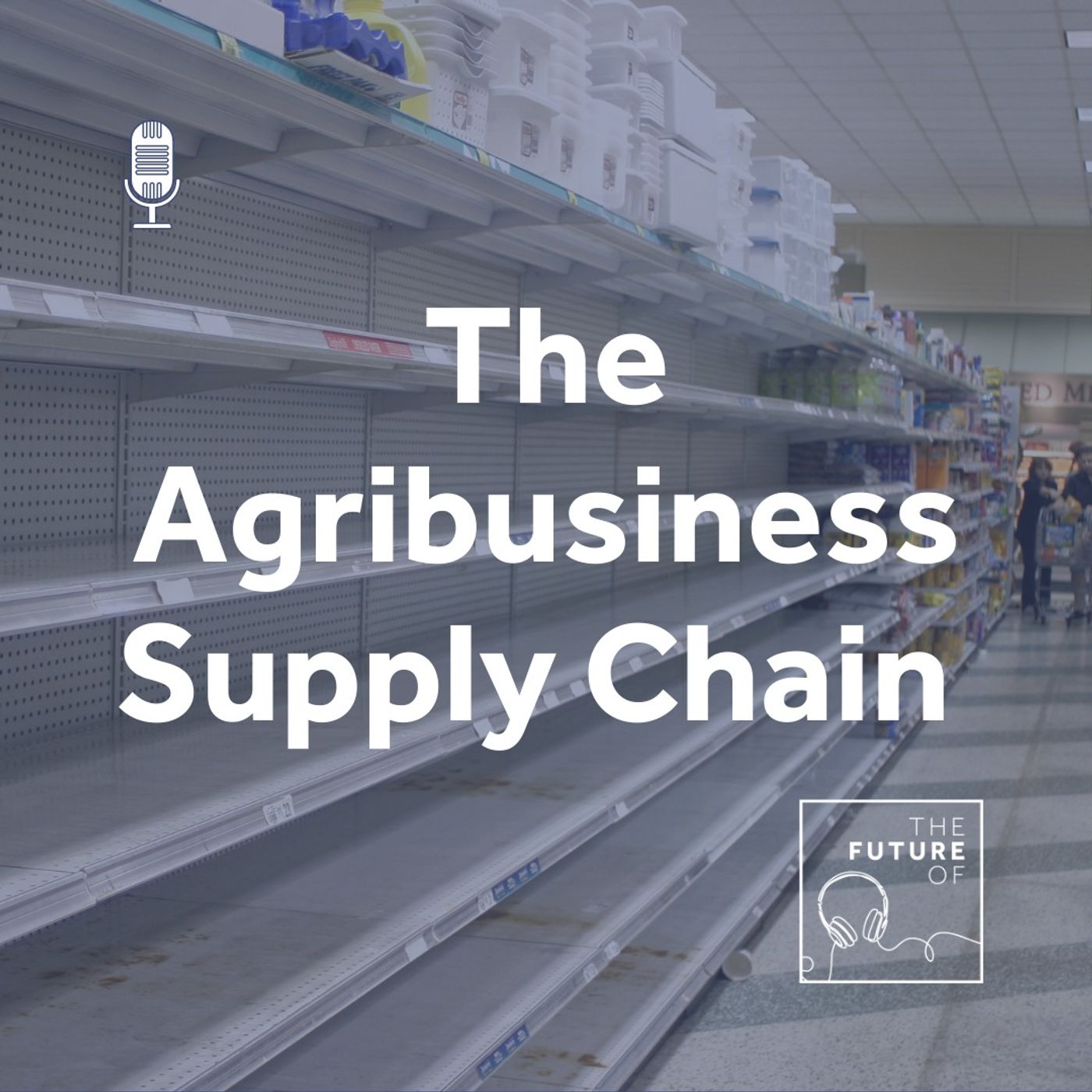
The Future OfThe Agribusiness Supply Chain | Dr Elizabeth JacksonBare supermarket shelves have become a familiar sight in recent years, following a series of disruptions to the agribusiness sector.In this episode, Jessica is joined by Dr Elizabeth Jackson, the non-executive director of Agribusiness Global Allies Limited and of Sheep Producers Australia, to discuss what we can learn from these disruptions and how they could inform opportunities for improvement in the supply chain.She also addresses the latest figures from the United Nations stating that 1.3 billion tons of food – a third of all food produced globally – goes to waste and how consumer attitudes need to s...
2022-07-1226 min
The Future OfHearing Loss | A. Prof Hani Al-SalamiWe have medications to treat most human diseases and impairments, why not hearing loss? It’s complicated, explains Associate Professor Hani Al-Salami. But fortunately, a gel medication to treat hearing loss is in the pipeline. In this episode, Jessica is joined by Associate Professor Hani Al-Salami from the Curtin Medical School. He is also part of a team that is creating a medication that can be delivered directly into the inner ear to address hearing loss. This year, his research team at the Ear Science Institute of Australia received funding from Telethon, “to enhance the lives of those w...
2022-06-2813 min
The Future OfThe English Language | OED Consultant A.Prof Lisa LimEnglish has cemented its place as the world's lingua franca, with 2 billion speakers. Will it remain a global language in the future?In this episode, Jess is joined by Associate Professor Lisa Lim, a consultant to the Oxford English Dictionary (OED) and a recent moderator at the Oxford World English Symposium.Associate Professor Lim reveals the complexities behind the rise of the English language from the 1600s to the modern day and the language’s predicted future evolution, discusses the growth of ‘World Englishes’ outside of Western nations and explains how you can add new words...
2022-06-1440 min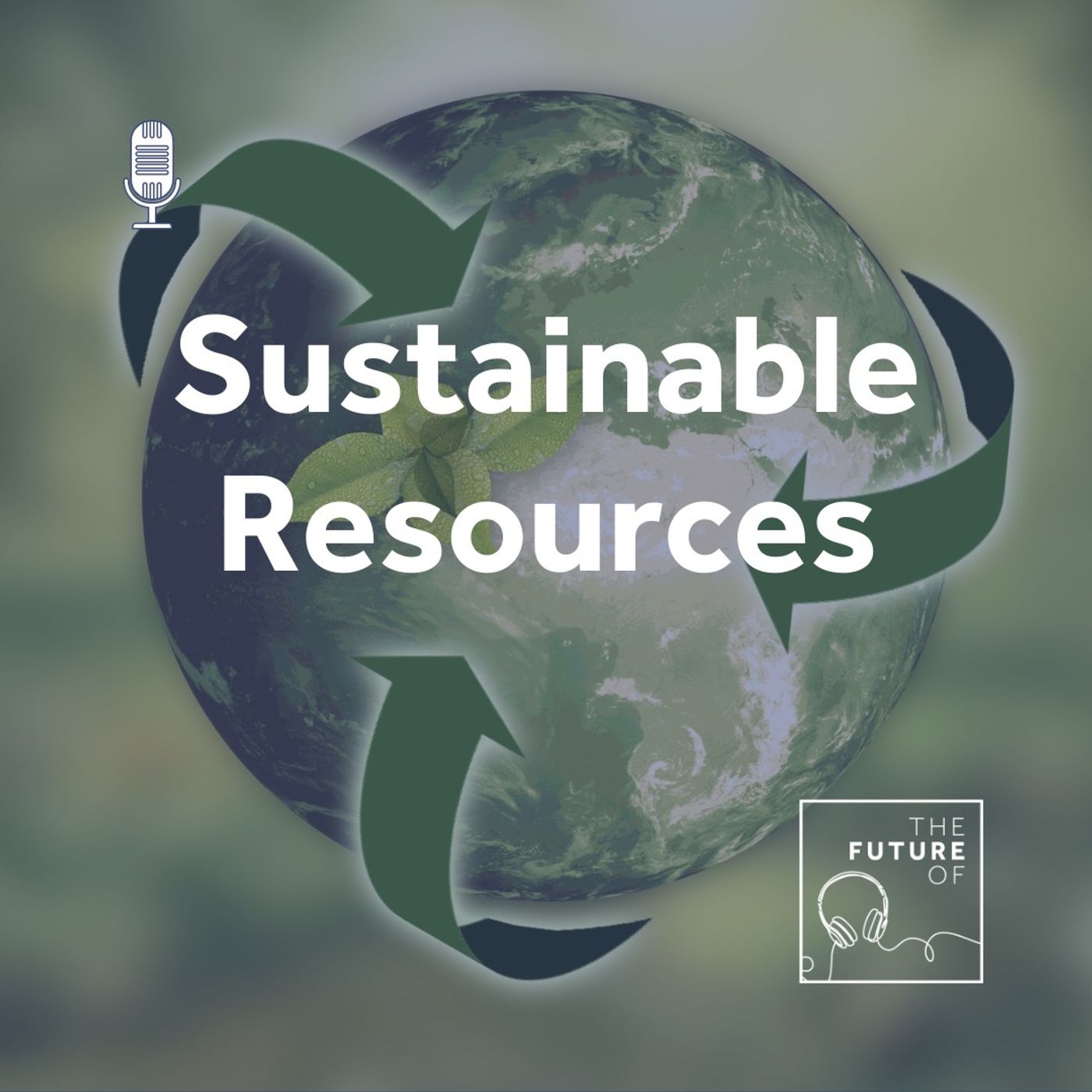
The Future OfSustainable Resources | Prof Michael HitchHow will our resource use and mining operations change as we move towards a sustainable, decarbonised future? In this episode, Jessica is joined by Professor Michael Hitch, the Head of Curtin University’s renowned Western Australian School of Mines: Minerals, Energy and Chemical Engineering (WASM: MECE). The school has for the past six years ranked as the world’s second-best mining school in the QS World University Rankings by Subject. Together, they unpack how the mining industry is shifting towards a greater focus on economic sufficiency, social wellbeing and biophysical integrity. Benefits of adopting a circu...
2022-04-1222 min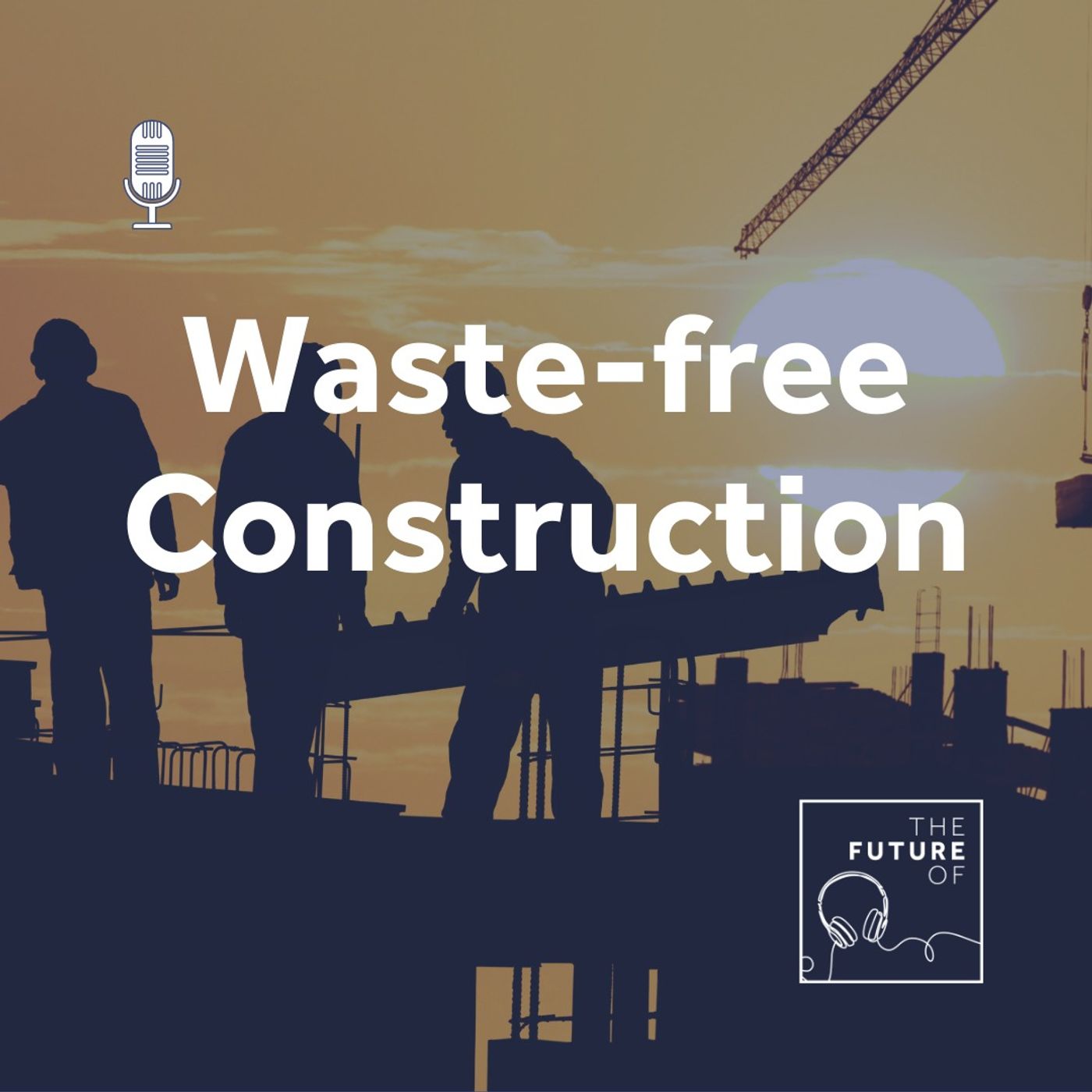
The Future OfWaste-free ConstructionThe construction industry is a leading contributor to landfill. Is a circular economy the solution to reducing this waste?In this episode, Jessica chats with Dr Roberto Minunno from the Curtin University Sustainable Policy Institute about how moving towards a circular economy could improve the construction industry’s environmental footprint. The problem with recycling [01:59]Barriers to adopting a circular economy [07:43]How modular buildings can help reduce construction wastage [10:04]The Legacy Living Lab – an example of an circular economy building [13:45]Turning buildings into material banks [29:49]How can we apply circular economy principles to our lives [32:55]Learn more
2022-03-1535 min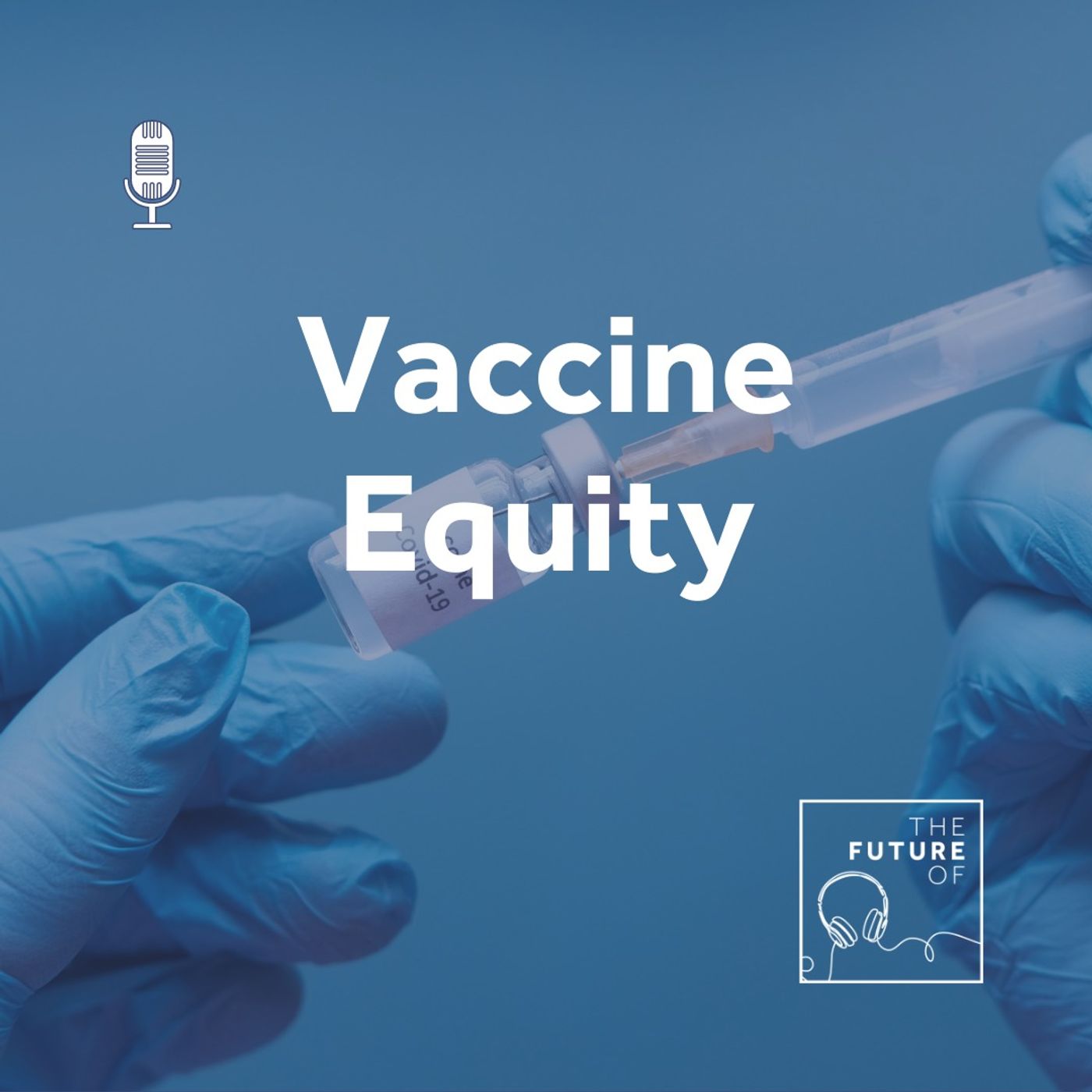
The Future OfVaccine EquityMany people around the world can't access the COVID-19 vaccine. What impact could this have on the global spread of the virus? In this episode, Jessica is joined by Professor Jaya Dantas, Dean International of Curtin’s Faculty of Health Sciences to discuss this inequitable distribution of vaccines and the impact it is having around the world.Vaccine inequity can lead to new COVID-19 variants [01:40]What issues are caused by vaccine inequity? [05:09]The reasons behind the rapid development of the COVID-19 vaccine [09:04]Vaccine inequity in migrant, refugee and Aboriginal and Torres Strait Islander populations [15:31]What needs to...
2022-03-0128 min
The Future OfGreen HydrogenIs green hydrogen the key to a carbon-free energy future?In this episode, Jessica is joined by Professor Craig Buckley from Curtin University’s Hydrogen Storage Research Group to discuss the future of green hydrogen and how he and his team are making it a viable energy solution. The colours of hydrogen [01:08]Using Raman scattering to detect hydrogen [03:38]Is green hydrogen a feasible energy solution? [10:33]Safety of hydrogen compared to fossil fuels [13:24]Using hydrogen to fuel transport vehicles [20:01]Learn more2022 International Symposium on Metal-Hydrogen SystemsCurtin green hydrogen research supported with ARC fundingHow hydrogen became the...
2022-02-1531 min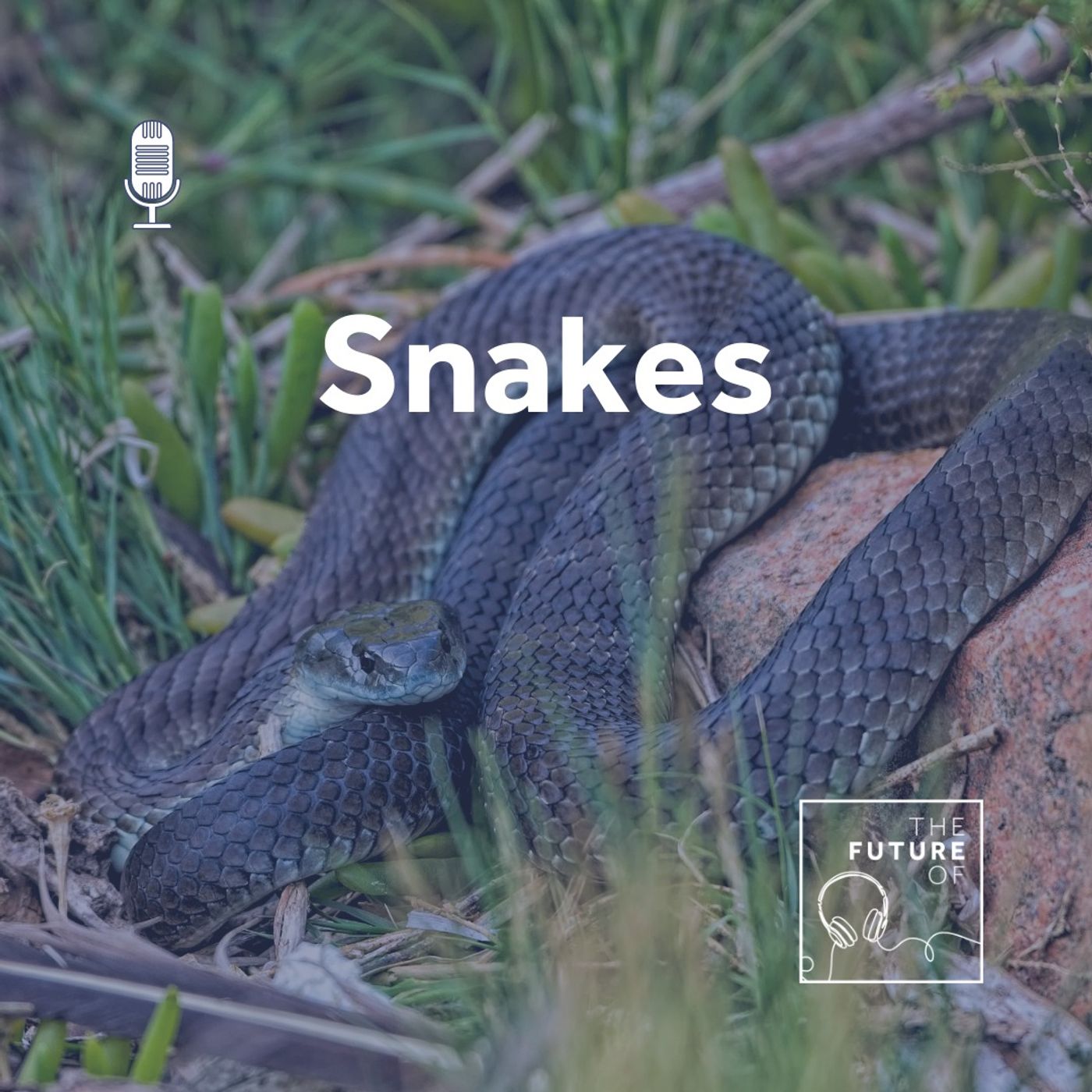
The Future OfSnakes - Summer FavouritesSnakes might seem pretty scary, but did you know they play an essential role in our ecosystems?It’s summer in Australia and the sun is out, which means snakes are too. This is a scary thought for some, but are these cold-blooded creatures really as menacing as they seem?To find out, we’re revisiting one of our favourite episodes, The Future of Snakes. In this episode, host Amelia Searson is joined by Australian snake wrangler, researcher and wildlife ecologist Damian Lettoof. Together, they unpack the important role snakes play in ecosystems and w...
2022-02-0134 min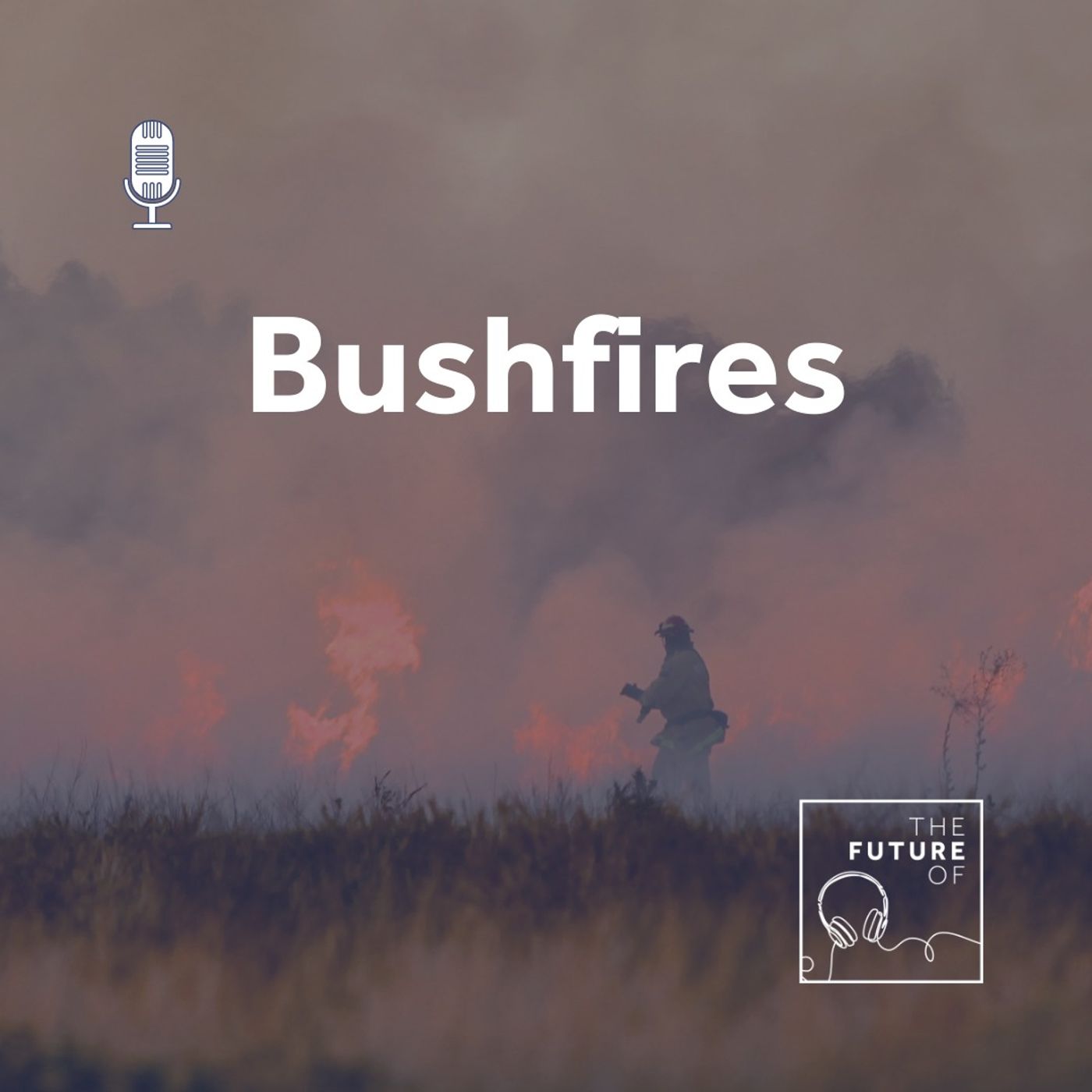
The Future OfBushfires - Summer FavouritesWe explore the phenomenon of Australian bushfires and what strategies we can employ to reduce forest flammability.It’s summer down-under and all around the country people are on high alert for signs of smoke. So, we thought it was time to revisit one of our favourite episodes, The Future of Bushfires. In this episode, David Blayney speaks with Dr Philip Zylstra an adjunct associate professor at Curtin University, whose research focuses on the drivers of fire behaviour, flammability and modelling bushfire risk. Dr Zylstra gives context to prescribed burning of Australian landscapes, raises...
2022-01-1825 min
The Future OfSharks - Summer FavouritesAre shark attacks sensationalised by the media, or do sharks truly have taste for human flesh? Learn the truth with Melissa Márquez, the Mother of Sharks. Sharks have earned a reputation in popular culture for being ‘blood thirsty people eaters’ but research and statistics show that this label is misleading. In fact, up to 31 per cent of sharks face extinction, despite the important role they play in our marine ecosystems. With summer upon us and many Australians flocking to the beach, we thought now is the time to revisit one of our favourite episodes to sort...
2022-01-0426 min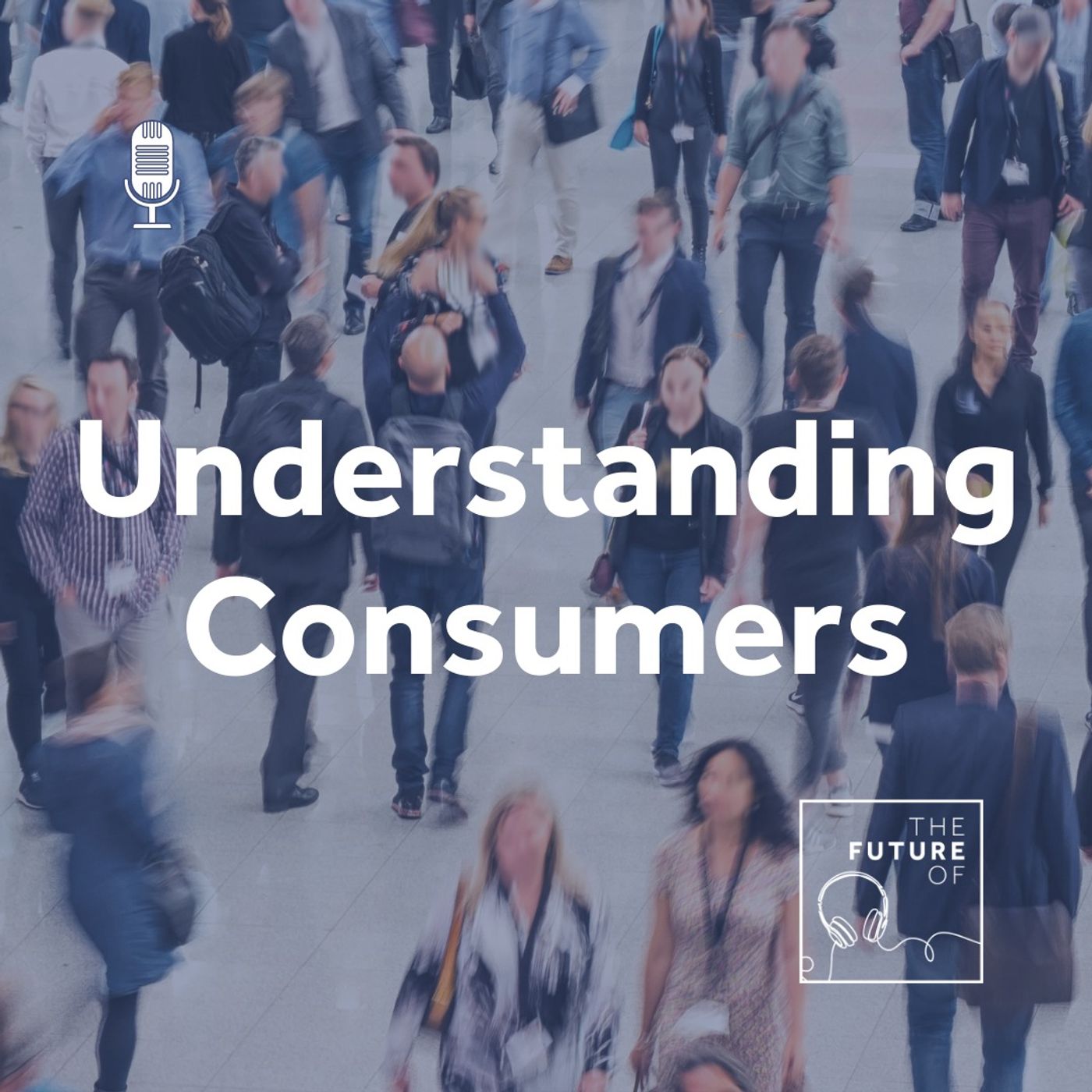
The Future OfUnderstanding Consumers - Summer FavouritesWhat is it that makes consumers tick and influences our purchasing habits? With the festive season upon us and Australians estimated to have spent a record $5.4 billion on Black Friday sales, we’ve decided to revisit one of our favourite episodes: Understanding Consumers. In this episode, our former host David Blayney was joined by Associate Professor Min Teah and Dr Luke Butcher from Curtin University. The researchers took a close look at research on brands and marketing and chatted about whether Millenials and Gen Z are more savvy about marketing than previous generations. Tracking a consum...
2021-12-2130 min
The Future OfCyber SecurityCyber security attacks have become a global concern — so how can we protect ourselves online? In this episode, Jessica is joined by Stefan Prandl, Associate Lecturer from Curtin’s School of Electronic Engineering, Computing and Mathematical Sciences and his colleague Tim Jones, CEO of Hyprfire, a cyber security startup. Together they discuss the evolving threat of cyber attacks and how we can protect our data and devices. Why you need to protect yourself from cyber attacks [01:16]Phishing emails, text messages and other types of cyber attacks [02:55]The growing threat of ransomware [05:04]Rule of three for cyber securit...
2021-11-2328 min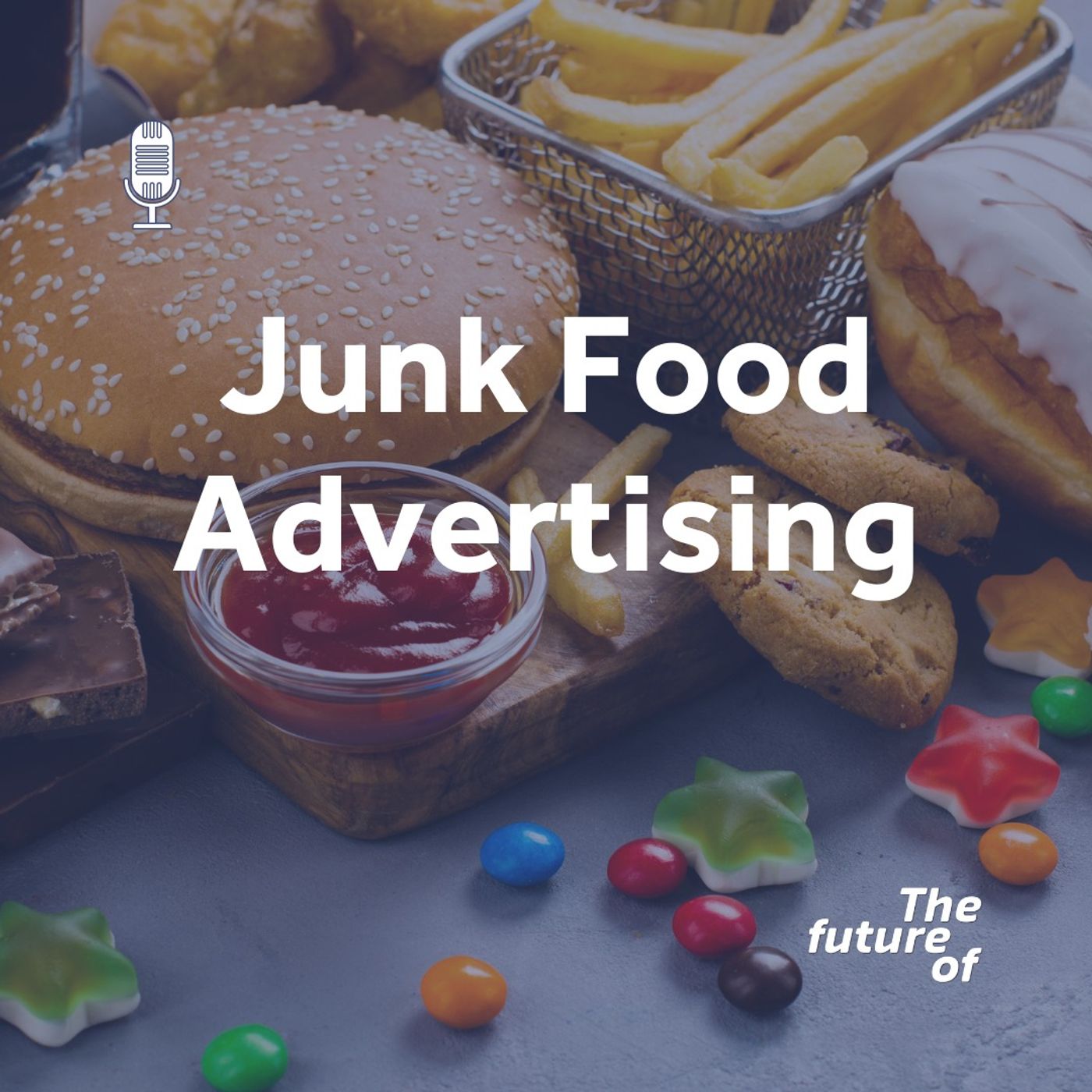
The Future OfJunk Food AdvertisingWhat makes junk food advertising so successful and how can these messages be counteracted?Jess is joined by consumer experts Doctors Isaac Cheah and Anwar Sadat Shimul, to discuss how advertising is exacerbating health issues in Australia and worldwide, and how their research can be used to inform the public health response.The researchers also clarify the difference between junk food and fast food, promotion and prevention-focused advertisements, and offer their thoughts on the future of the junk food industry.Effect of junk food on our bodies [00:50]Why is junk food advertising so successful? [03:39]Ho...
2021-10-1220 min
The Future OfBinar-1 and Space ScienceLaunched on 29 August, Curtin University’s Binar-1 CubeSat satellite will provide easy access to space for students, researchers and industry. In this episode, Jess is joined by Binar-1 Project Manager Ben Hartig to learn about the totally-Curtin-built satellite that’s smaller than a shoebox but playing a mighty role in the future of Australian space innovation.Binar-1 is a CubeSat — a type of small satellite made from 10-centimetre cube-shaped modules. Binar-1 consists of just one such module, meaning it’s technically a 1U CubeSat.Binar-1 is equipped with two cameras, with two objectives: first, to...
2021-08-3127 min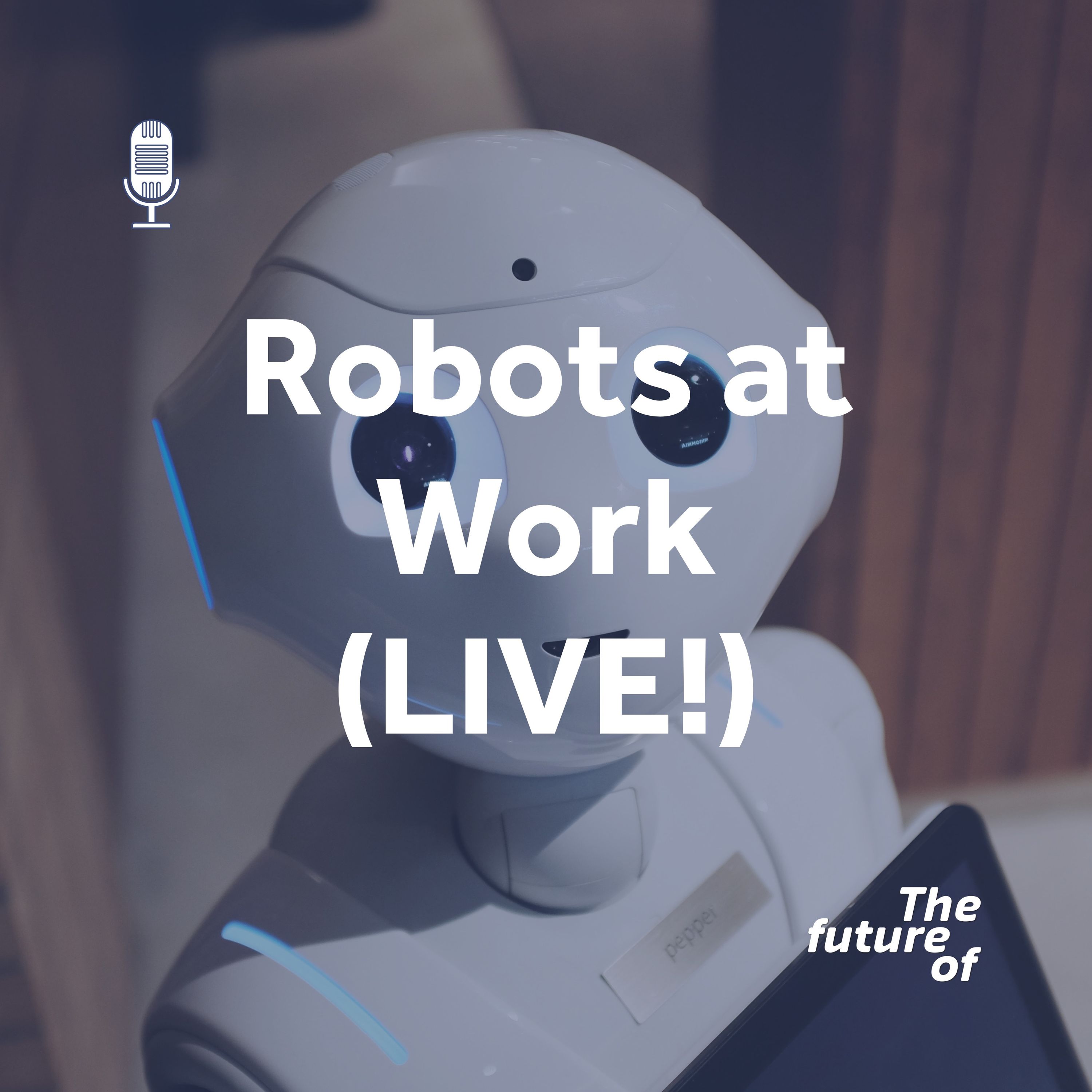
The Future OfRobots at Work (LIVE!) Will a robot ever steal your job? In this special, live episode of The Future Of, host Danelle Cross is joined by research fellow Giverny De Boeck, Associate Professor Jonathan Paxman and returning guest Dr Eleanor Sandry. The guests speak about their work and industry partnerships, before discussing the type of robots that already exist and setting the record straight on how robots could impact future workplaces.The talk formed part of Curtin University’s annual Research Rumble event, which showcases future-focused university research and innovation. Background of the experts [00:52]What is a robo...
2021-08-1750 min
The Future OfGet-rich-quick SchemesGet-rich-quick schemes are known as too good to be true, so why do people continue to participate in these businesses?In this episode, Jessica is joined by Associate Professor Isaac Cheah and Associate Professor Billy Sung from the Curtin School of Marketing. They describe how get-rich-quick schemes work and why people continue to fall for them. They also explore whether social media will help or hinder these schemes in the future. What are get-rich-quick schemes? [01:00]Reasons why people get involved in get-rich-quick schemes [03:14]Why health and wellness products lend themselves to pyramid and multi-level marketing schemes [07:43]Sc...
2021-08-0326 min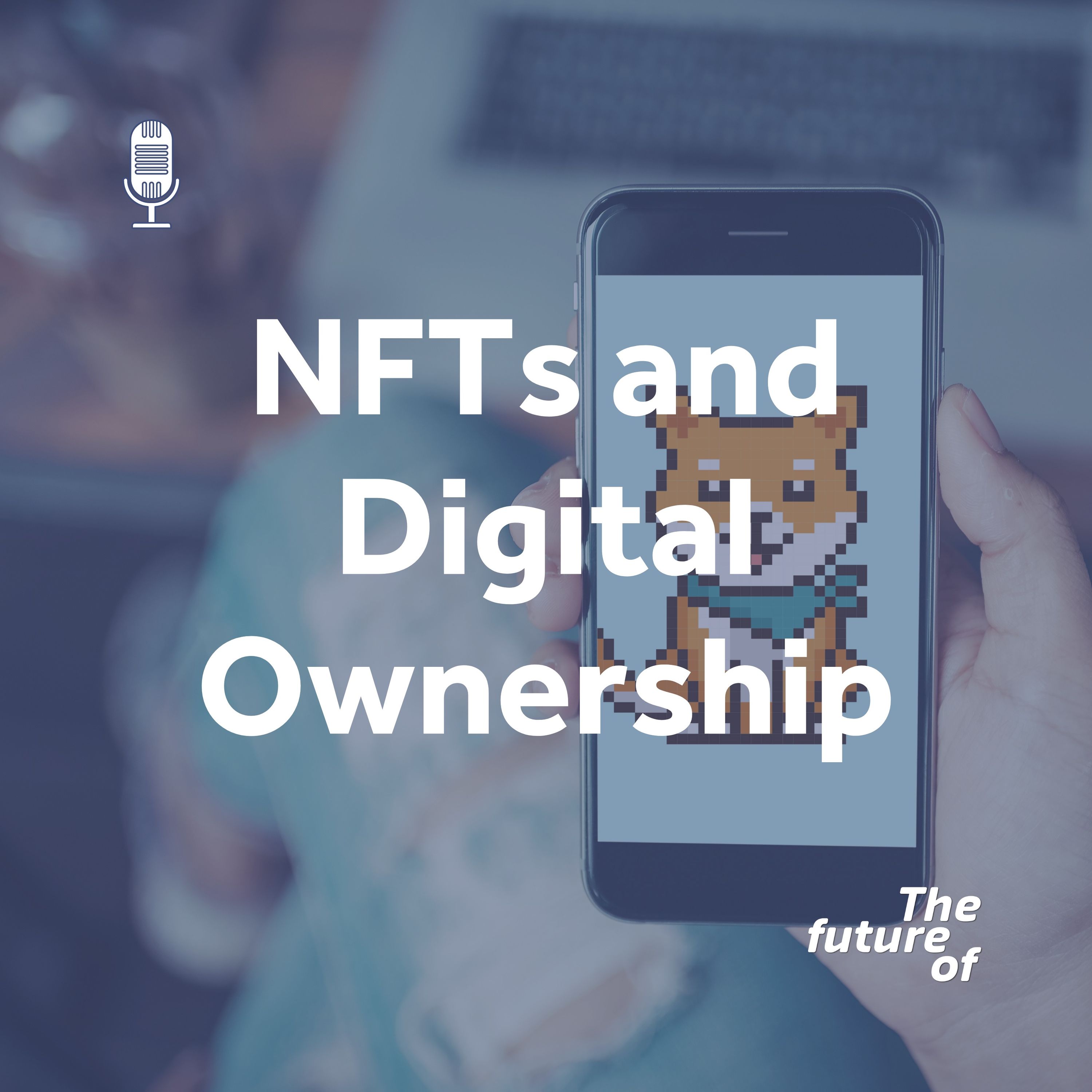
The Future OfNFTs and Digital OwnershipWhat are non-fungible tokens (NFTs) and why have they been selling for millions of dollars online?In this episode, Jess is joined by returning researcher Associate Professor Vidy Potdar, as well as the Managing Director at Natsoft Consulting, Australia, Srinivas Boyapati, to unpack this mysterious new application of blockchain technology. The two leading experts clarify how NFTs work, why NFTs are being bought for such exorbitant prices and what the future of NFTs holds. How NFTs use blockchain [00:58]“Charlie bit my finger”: content becoming NFTs [03:51]Impact of the mid-2021 cryptocurrency crash [05:55]Other well-known NFTs: NBA NFT tradi...
2021-07-2022 min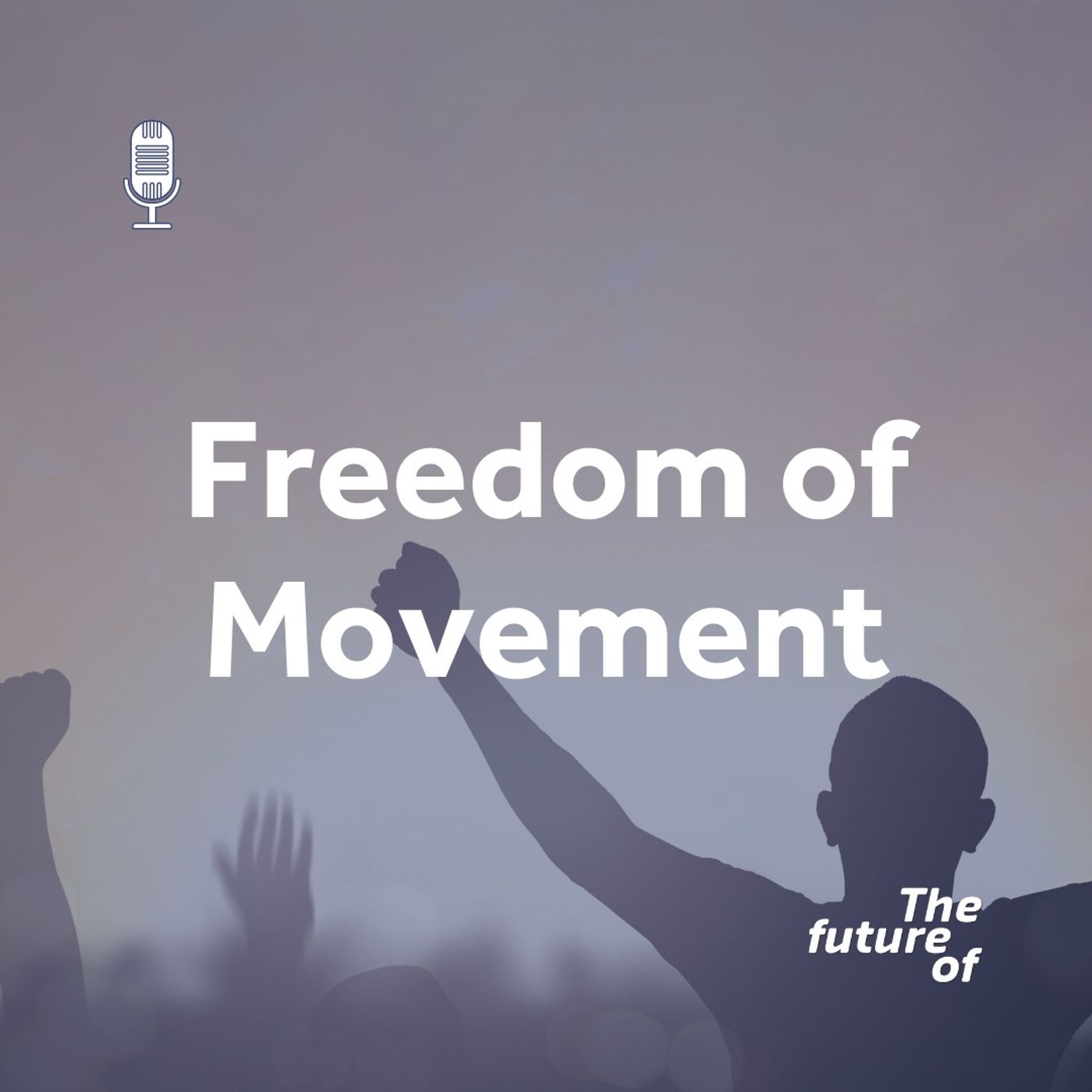
The Future OfFreedom of Movement (LIVE!)Will COVID-19 lockdowns increase the public’s support for refugees and other individuals with restrictions to freedom of movement?In this episode, Jess and Amelia are joined by the Co-Directors of Curtin University’s Centre for Human Rights Education: Associate Professor Caroline Fleay and Dr Lisa Hartley. The researchers discusss why the right to move is so important, how COVID-19 lockdowns have restricted our ability to move and how this right is often unequally experienced. This episode was recorded live on Curtin University Open Day on Sunday 30 May 2021. What is the right to freedom of move...
2021-07-0617 min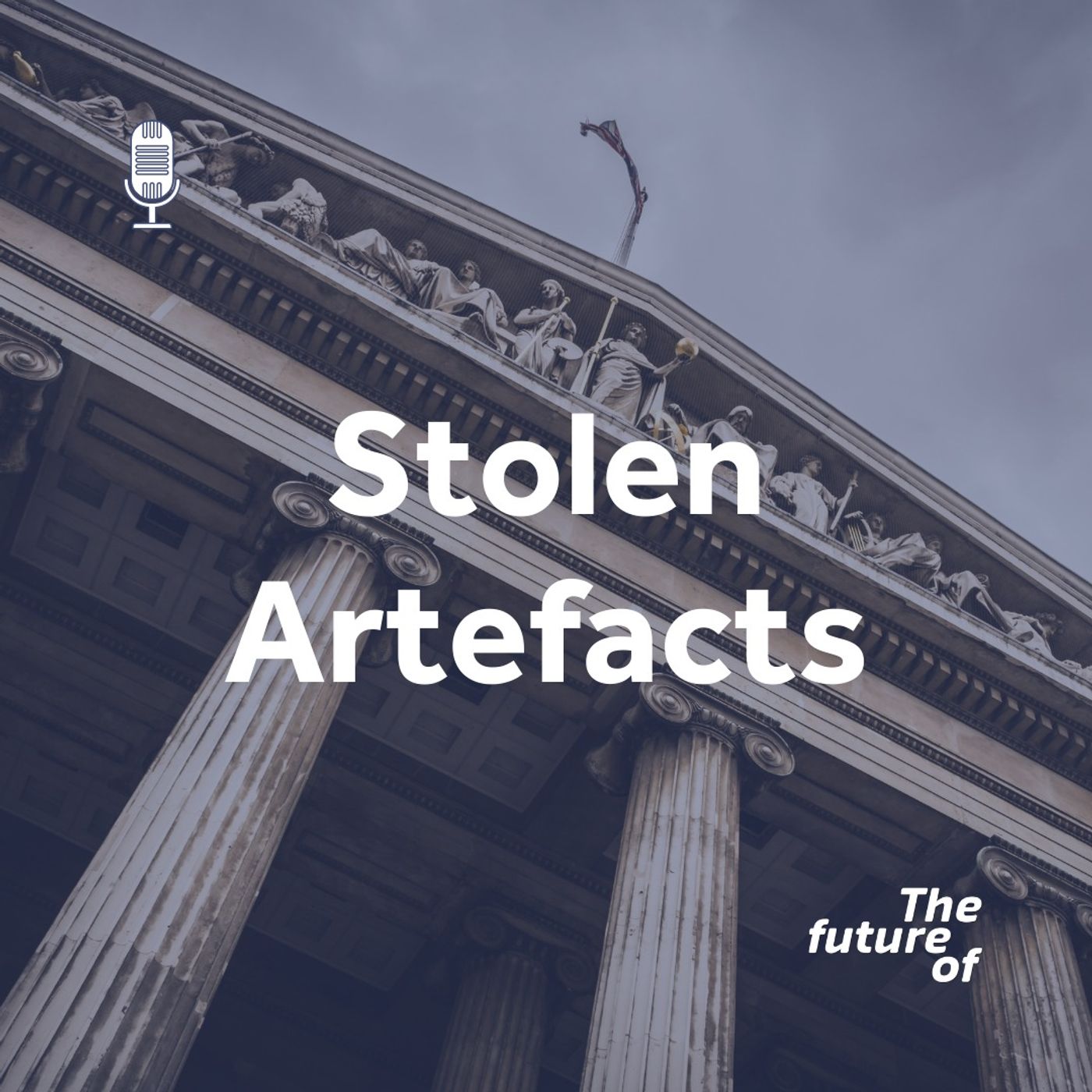
The Future OfStolen ArtefactsHundreds of thousands of stolen, Colonial Era artefacts are on display in Western museums. Will they ever be returned home?In this episode, Jessica is joined by Dr Yirga Gelaw Woldeyes, an expert in colonialist epistemic violence research. He describes the types of artefacts that have been stolen, why museums are starting to repatriate these artefacts and how their return will influence future interpretations of history. How seeing the museumised Ark of the Covenant impacted Dr Woldeyes [00:55]Why museums are repatriating stolen artefacts [07:55]Benefits of repatriation [11:42]Not every single artefact has to be repatriated [16:33]Dr Woldeyes’s r...
2021-06-2133 min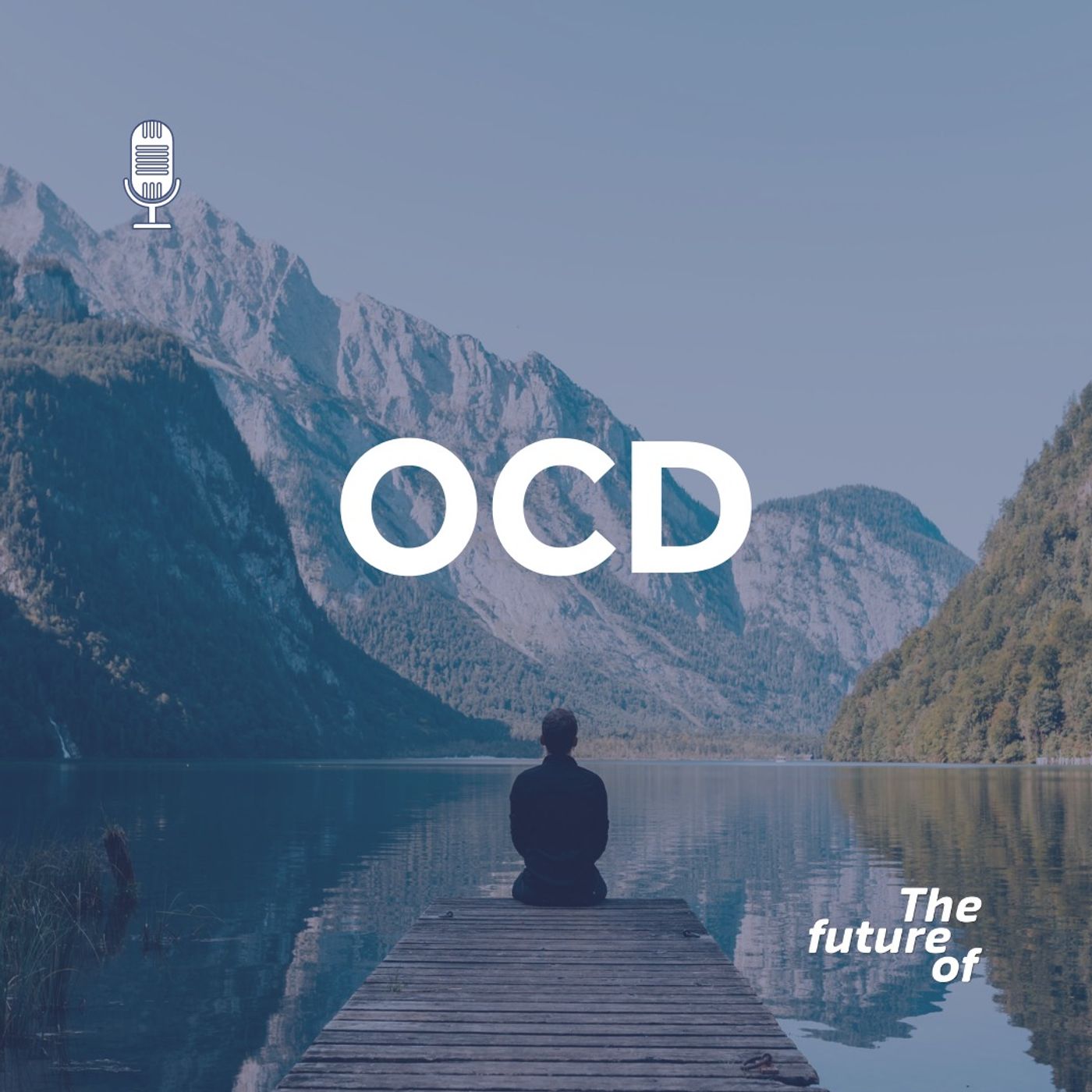
The Future OfOCD“OCD” is often used as an adjective to describe someone who enjoys cleanliness and organisation, but is that appropriate?In this episode, Amelia and Jessica are joined by Dr Rebecca Anderson, an expert in Obsessive-Compulsive Disorder (OCD) research. She describes the symptoms and types of OCD, how information about OCD has been muddled during the pandemic and how new treatments might help better alleviate the symptoms of OCD in the future. What is OCD? [01:02]Comparing OCD behaviours with COVID-safe behaviours [01:57]Recognising that intrusive thoughts are normal [05:06]Treatment options for people with OCD [11:12]Why perfectionism and rumination shoul...
2021-06-0824 min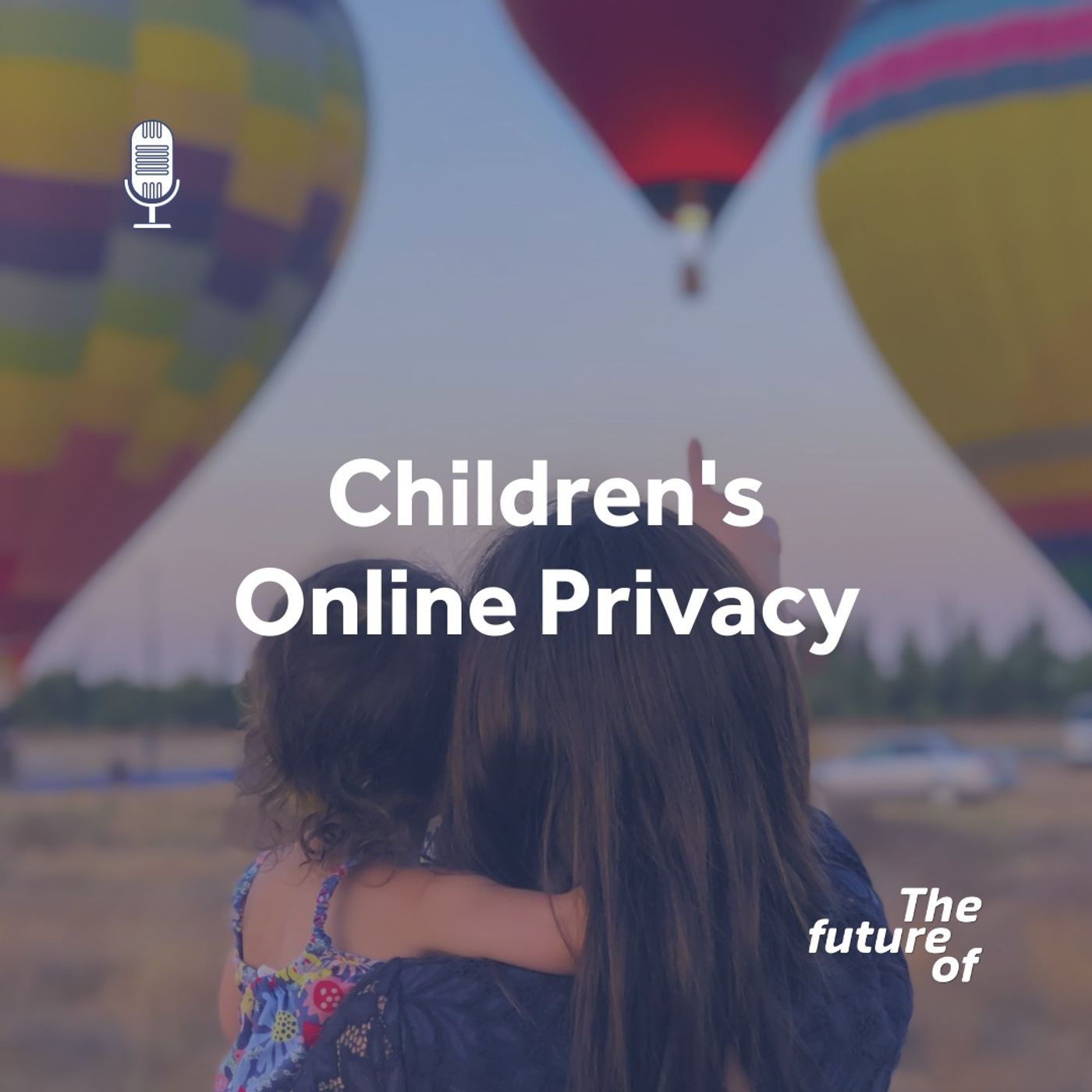
The Future OfChildren's Online PrivacyWhat’s the impact of parents sharing content of their children online? And what rights do children have in this space?In this episode, Jessica is joined by Dr Anna Bunn, Deputy Head of Curtin Law School and Tama Leaver, Professor of Internet Studies at Curtin University to discuss “sharenting” – the growing practice of parents sharing images and data of their children online. The three examine the social, legal and developmental impacts a life-long digital footprint can have on a child.What is the impact of sharing child-related content on our kids? [04:08]What type of tools and legal...
2021-05-2428 min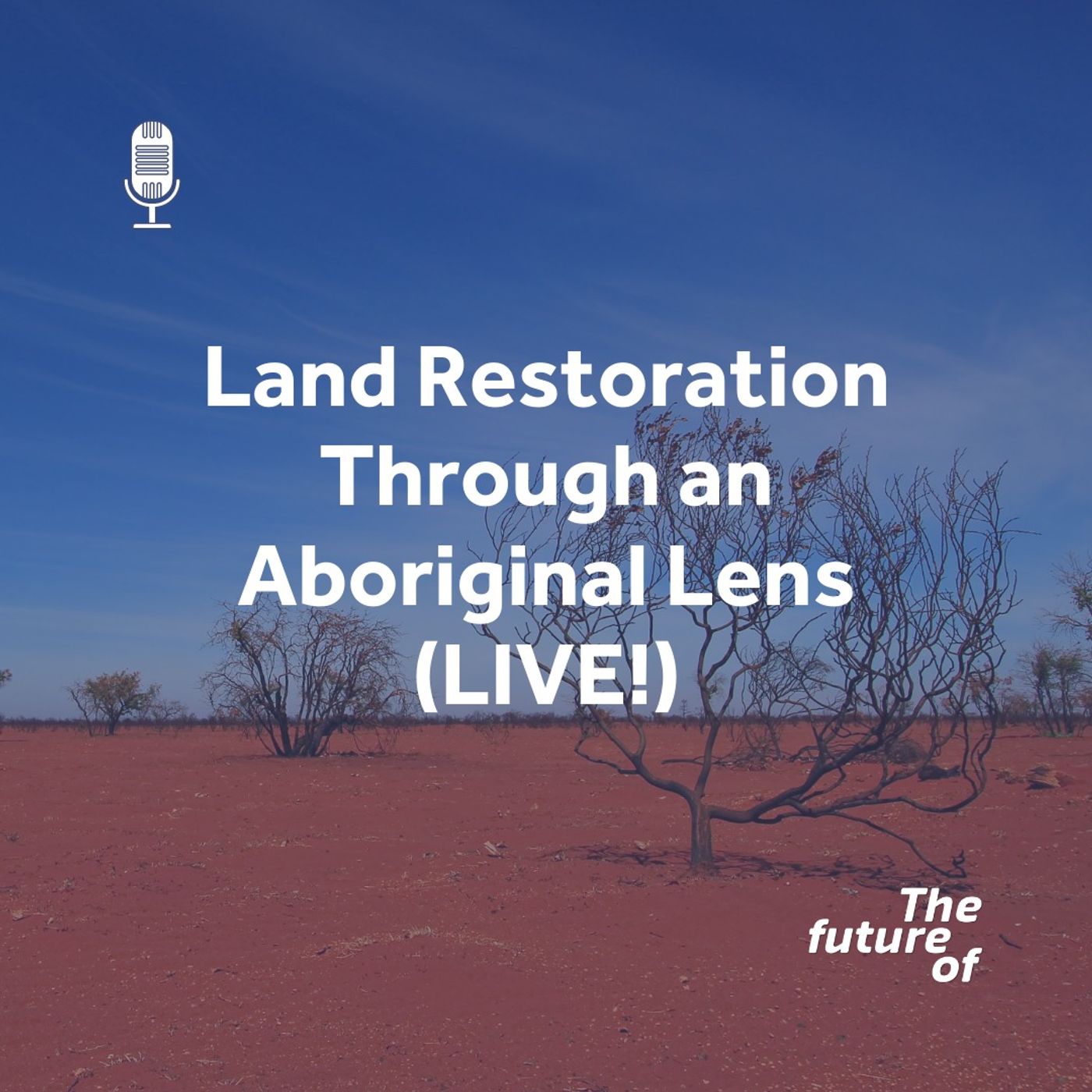
The Future OfLand Restoration Through an Aboriginal Lens (LIVE!)Aboriginal and Torres Strait Islander people have had a deep connection with the land, or “boodja” as it’s known in the Nyungar language, for more than 60,000 years. This episode brings together Aboriginal and non-Aboriginal perspectives on how ancient Aboriginal knowledge of the environment, together with world-leading science, can be used to restore and conserve our land for future generations.Hosted at the stunning Western Australian Musem Boola Bardip, the talk was part of Curtin University’s annual Research Rumble event – a week-long series of talks that showcase the future-focused research coming out of the university...
2021-05-1049 min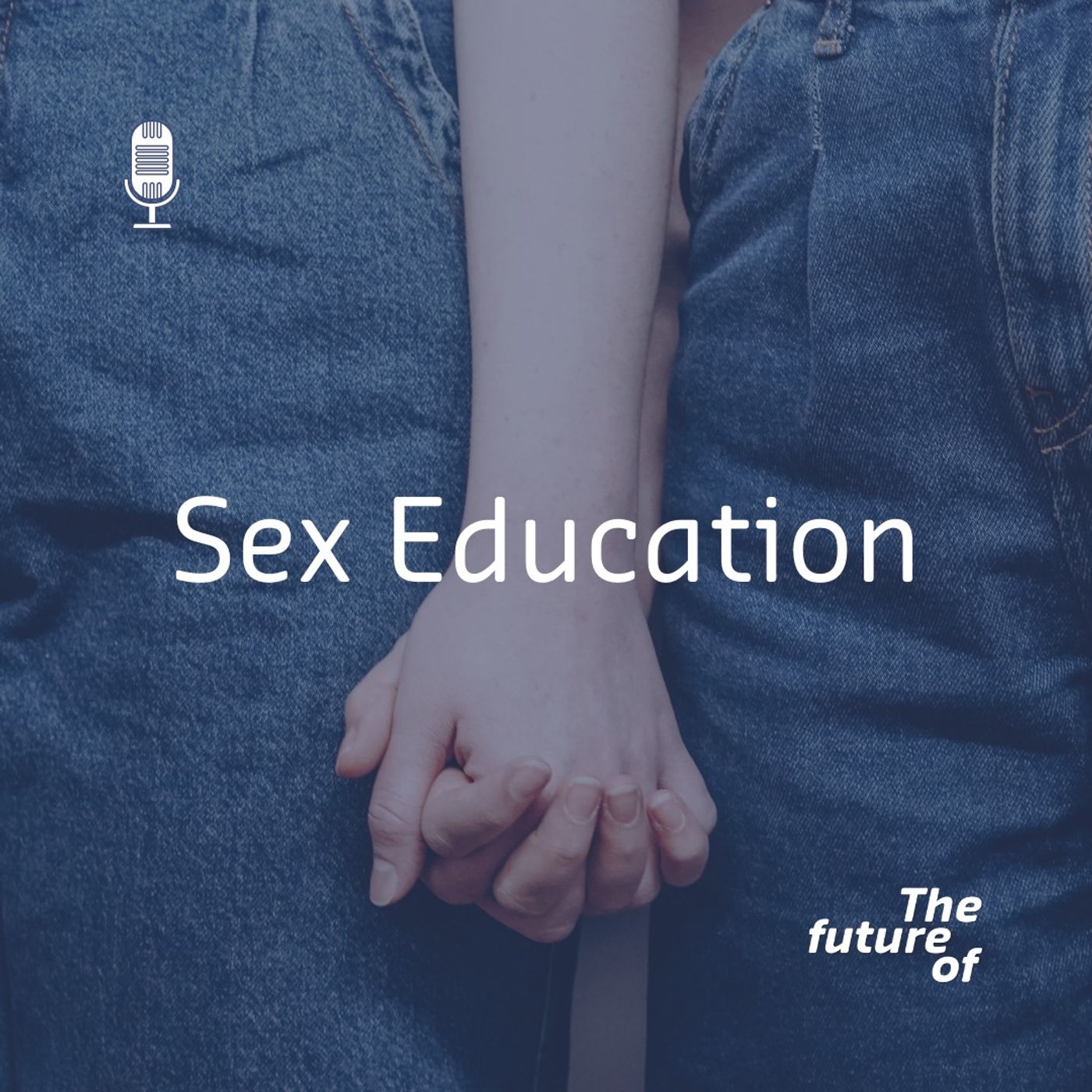
The Future OfSex EducationHow can schools improve our understanding of consent, sexuality and sex positivity? In this episode, Amelia and Jessica are joined by sexology expert Dr Jacqueline Hendriks. The three discuss which topics feature in Australia’s sex education curriculum and what changes could be made to promote more respectful and meaningful sexual relationships. Starting sex education early [00:52]Differences between schools [04:03]Perceptions of sexual encounters as conquests [08:37]Sexual assault allegations in Canberra [09:27]Being inclusive of people identifying as LGBTIQ+ [11:58]Countries with exemplary sex education curricula [13:51]How is Jacqui’s research creating positive change? [16:44]Content Warning: This episode contai...
2021-04-2722 min
The Future OfAir QualityEveryday, we breathe in more hazardous chemicals and gases at home, work and in the environment than you think.In this episode, Amelia and Jessica chat with Associate Professor Debbie Silvester-Dean about the hazardous gases in our homes and workplaces, and how cutting-edge research in electrochemistry will drive innovation in the detection of hazardous substances. In early 2021, Debbie won the Australian Academy of Science’s Le Fèvre medal for chemistry research.Top reasons for poor air quality at home and at work [02:08]Current methods of detecting hazardous gases [05:01]What innovations are on the horizo...
2021-04-1217 min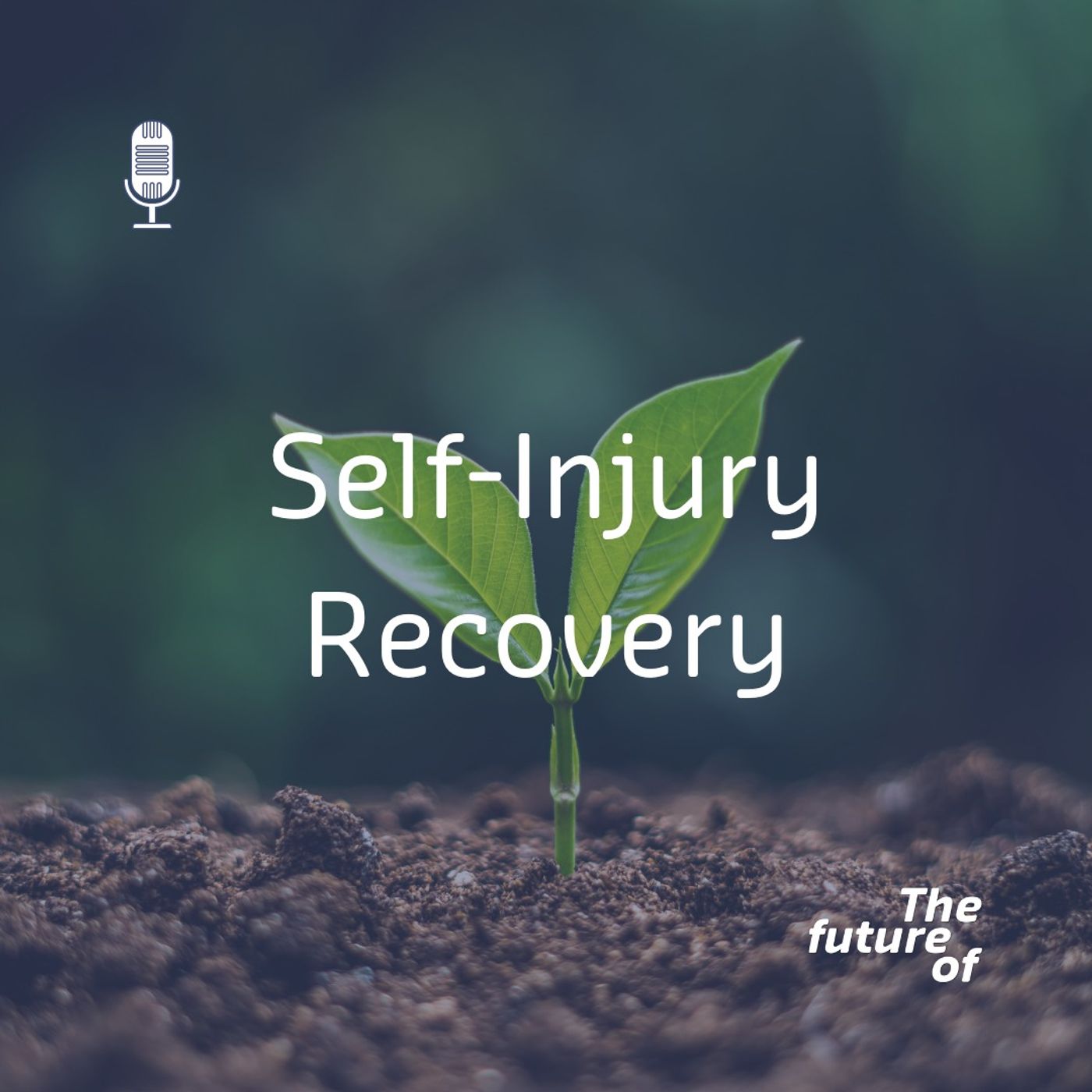
The Future OfSelf-Injury RecoveryWhy do people self-injure and what support do they need in their journey to recovery? In this episode, released on international Self-Injury Awareness Day, Amelia and returning host, Jessica Morrison, are joined by Professor Penelope Hasking, the President of the International Society for the Study of Self-Injury. The three debunk misconceptions about self-injury and explore why it’s important to recognise that recovery isn’t a linear process. Top misconceptions [02:52]Unsure how to help? Just listen [06:47]What does recovery look like? [08:50] How is research helping people at risk? [13:48]13 Reasons Why and other examples in the media [18:14] Future ch...
2021-03-0124 min
The Future OfPolitical ExtremismDespite living in a global age, the rise of political extremism reflects a world that has never been more divided – we only need to look at the storming of the US Capitol to see the great rift that exists between the ‘left’ and ‘right’. How did we get here, and where to next? In this episode, Amelia is joined by Dr Ben Rich and Michael Wieteska from the Curtin School of Media, Creative Arts and Social Inquiry. They unpack what makes someone a political extremist and explore the rising appeal of political extremist groups. They also discuss some of the...
2021-01-1844 min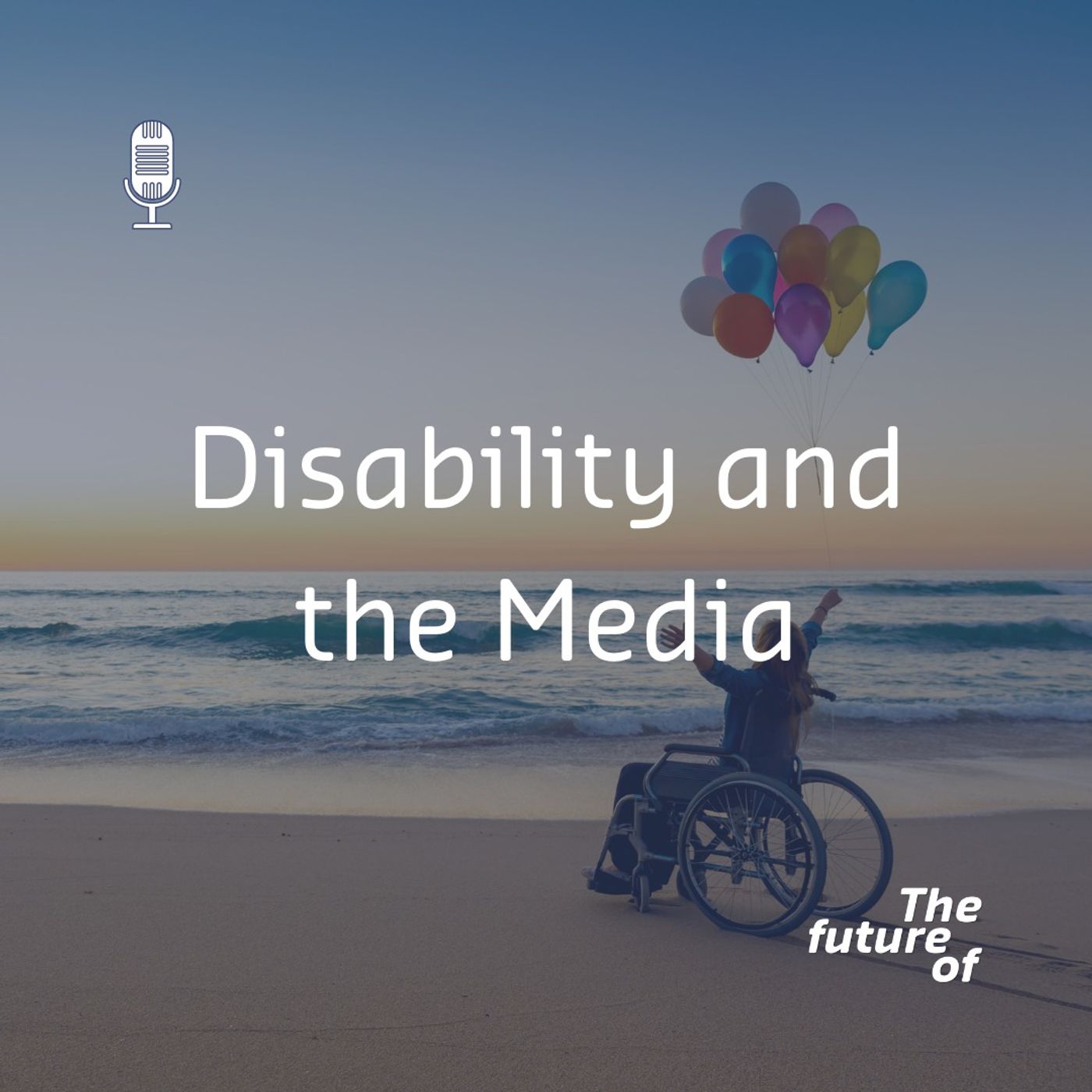
The Future OfDisability and the MediaOne billion people live with a disability, each with their own unique experience of the world, yet the media still largely portrays people with disability using traditional and inaccurate stereotypes. In this episode, Amelia is joined by Curtin University Professors Katie Ellis and Mike Kent, who discuss how disability is a social construct, rather than a medical one. They explore some of the ways people with disability are portrayed in the media, highlighting both progressive and entrenched examples. They also take a look at some of the ways COVID-19 has made technology and daily life more accessible f...
2021-01-0428 min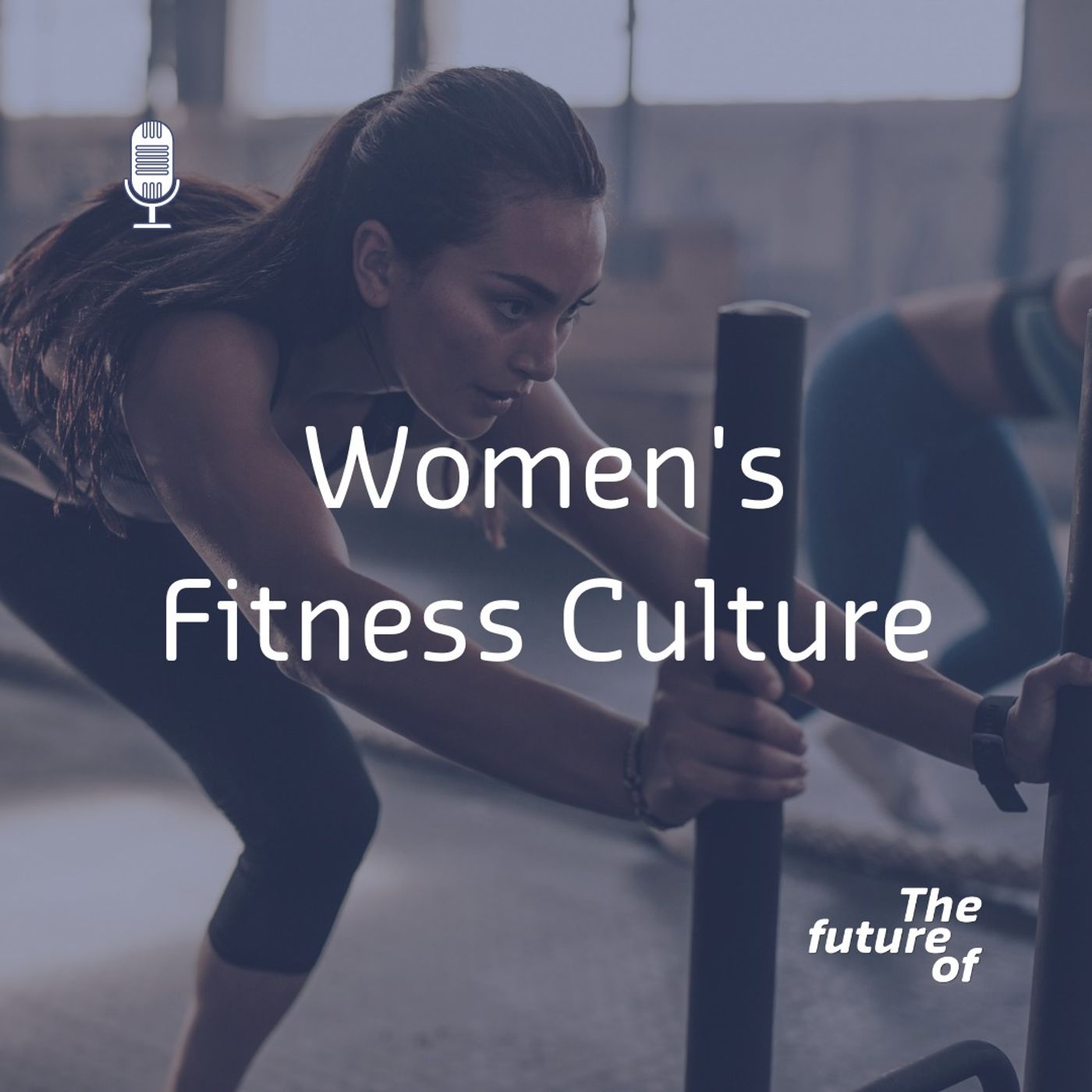
The Future OfWomen's Fitness CultureIt’s not uncommon for women to post carefully crafted exercise photos on social media to foster a culture of empowerment. But could this be causing more harm than good?In this episode, Amelia is joined by Dr Madison Magladry and Professor Cecilie Thøgersen-Ntoumani to discuss how we can build a more positive fitness culture that better supports women’s physical and mental health.Women’s fitness culture on Instagram [0:54]Why women exercise less than men [04.09]Fostering a more inclusive social media environment [09:43]Main factors affecting motivation [14:55]Fitness influencers becoming a source of authority [18:18]Broadening the disc...
2020-12-2142 min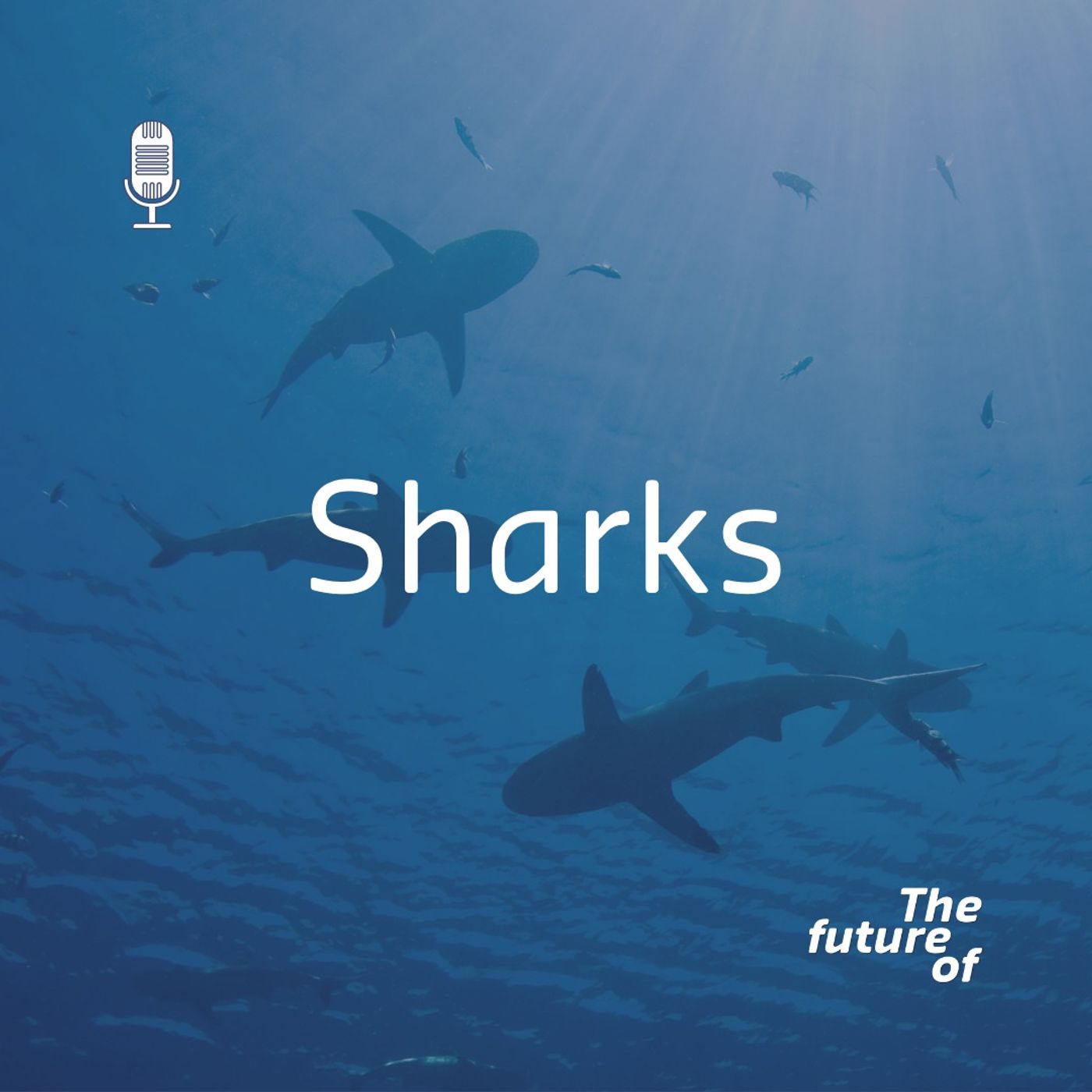
The Future OfSharksSharks have earned a reputation in popular culture for being ‘blood thirsty people eaters’ but research and statistics show that this label is grossly misleading. In fact, up to 31 per cent of sharks face extinction, despite the important role they play in our ecosystems. Tom and our new host, Amelia Searson, are joined by Melissa Cristina Márquez, a Latina marine biologist and conservationist. Melissa sorts fact from fiction and explains how we can better coexist with these cartilaginous fish.Categories of shark bites [01:39]The role of sharks in ecosystems [07:09]Media impact on shark conversation [09:00]SMART drumline...
2020-11-2326 min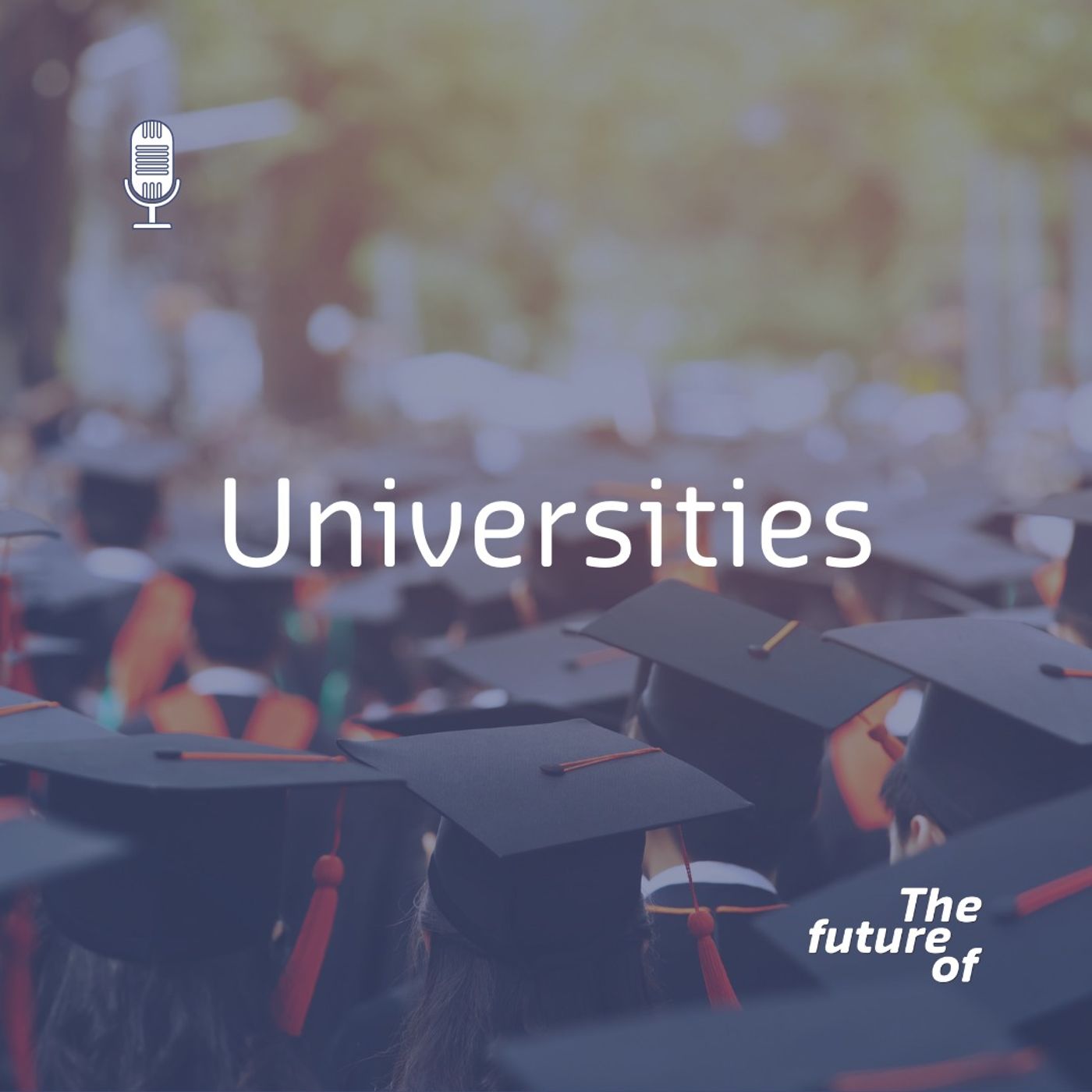
The Future OfUniversitiesUniversities have evolved significantly over the centuries, and in the 21st century,they continue to evolve. The trend towards online study, which has been accelerated by the COVID-19 pandemic, raises the question of whether universities will always have physical campuses. And in Australia, the government is steering students towards STEM careers and away from the humanities.In this episode, Tom discusses these issues with Professor Jill Downie, Deputy Vice-Chancellor Academic at Curtin University.Impact of the COVID-19 pandemic on students [01:14]Reliance on international students [03:36]Immersive online experiences in university teaching and learning [11:54]The humanities [15:27]Mass higher e...
2020-11-1021 min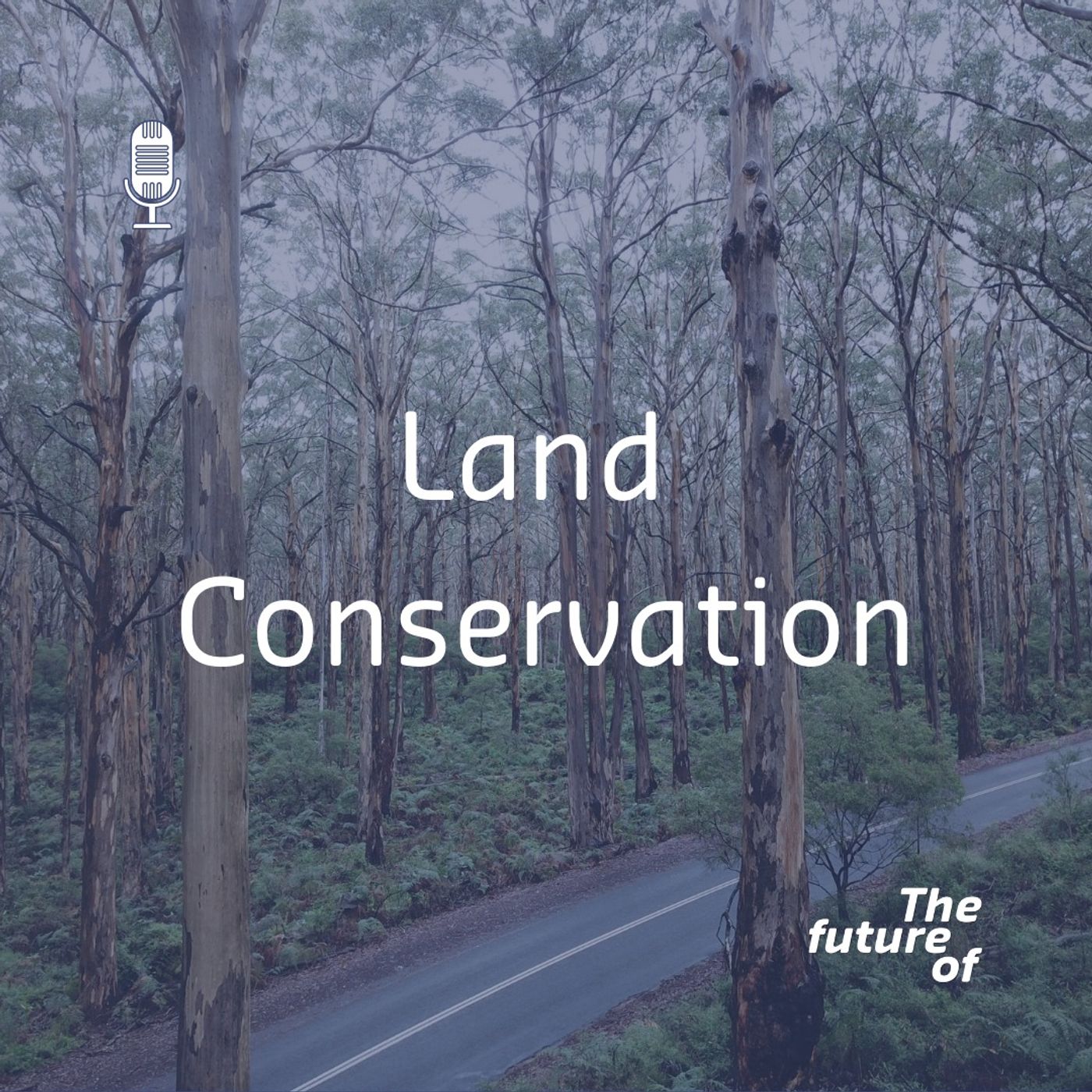
The Future OfLand ConservationOur environment is a fascinating web of ecosystems. Understanding the relationship between the environment’s plants, animals, rocks, soils, minerals, waters and us, will enable us to better conserve important ecosystems and ensure an inhabitable Earth for future generations.In this episode, Tom is joined by Dr Stephen van Leeuwen, Indigenous Chair of Biodiversity and Environmental Science at Curtin, and Dr Simon Wilde, a John Curtin Distinguished Professor in Curtin’s School of Earth and Planetary Science. Together, they discuss the unique features and creatures of the Australian landscape, and what’s required to ensure a better balance...
2020-10-2620 min
The Future OfExtraterrestrial IntelligenceIn the last 60 years, humankind has made great strides in our search for extraterrestrial intelligence (SETI). But will we ever be successful? In this episode, Tom is joined by Professor Steven Tingay and Dr Chenoa Tremblay – who recently scanned 10.35 million known stars in the deepest and broadest search ever for extraterrestrial technologies – to discuss what progress has been made.Recent SETI survey is just a drop in the ocean [02:44]Signals might not necessarily be thousands of years old [06:54]How do you know where to look? [10:02]Square Kilometre Array will improve search capabilities [11:48]What would happen if you f...
2020-10-1230 min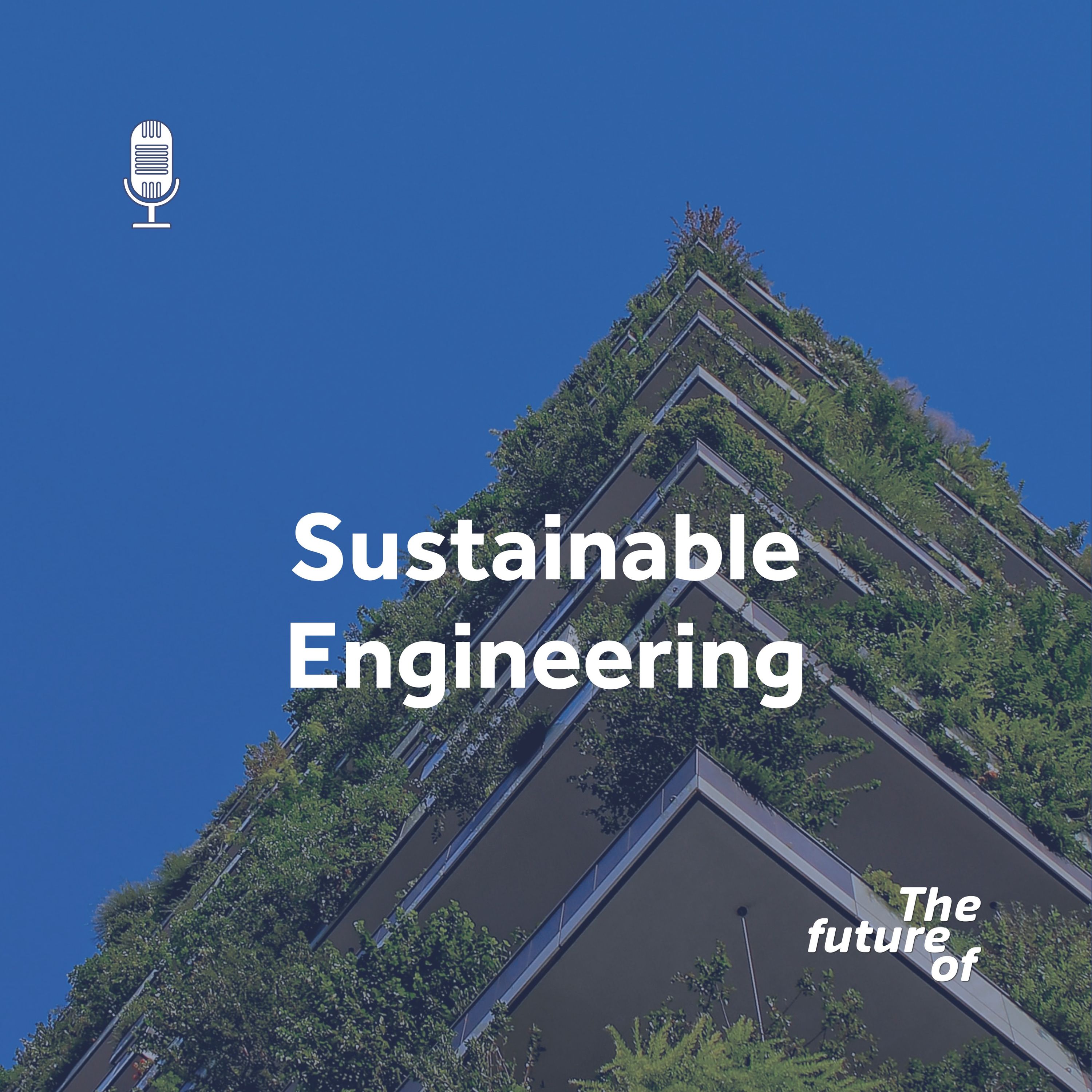
The Future OfSustainable EngineeringTo prevent extreme weather events like the bushfires we’ve seen in Australia and now California, as well as rising sea levels, warmer temperatures and the depletion of food and water, we must rethink how we use our natural resources.Sustainable engineering is a field dedicated to delivering low-energy design projects in the built environment. It focuses on finding ways that promote sustainable models of production and consumption, and has diverse applications in all areas of life. In this episode, Tom is joined by Professor Michele John and Associate Professor Wahidul Biswas. Michele is Director of t...
2020-09-2824 min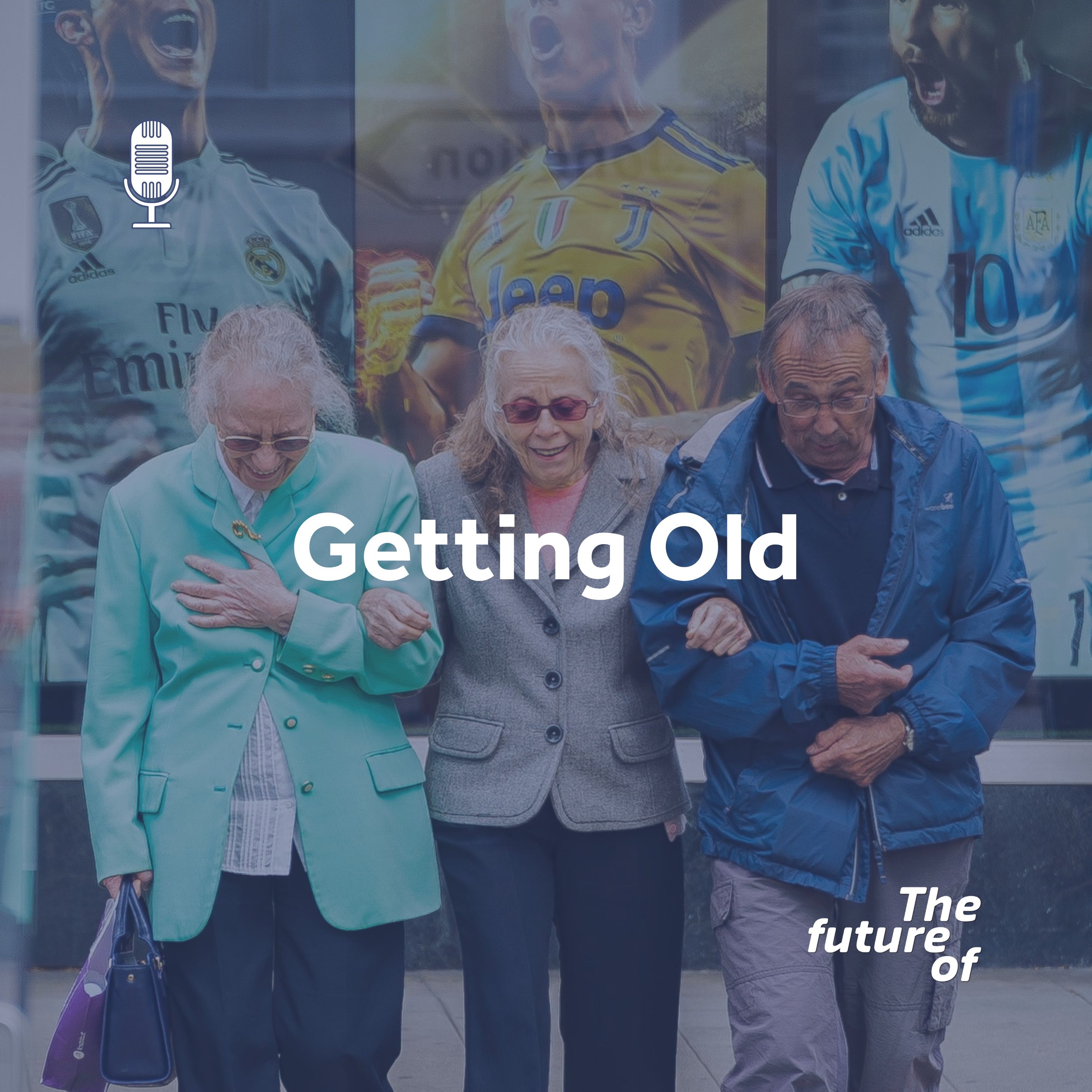
The Future OfGetting OldAccording to the World Health Organization, the population aged 65 and over is growing faster than all other age groups. It’s therefore important to make sure this cohort has the means to be socially, politically and economically engaged in communities.Tom Robinson is joined by professors Anne-Marie Hill and Siobhan Austen to discuss how advances in technology are helping us to live better for longer, how we can remain financially independent after we retire, whether COVID-19 has revealed ageist attitudes, and key things we can do now to stay mentally and physically active at any age. COV...
2020-09-1426 min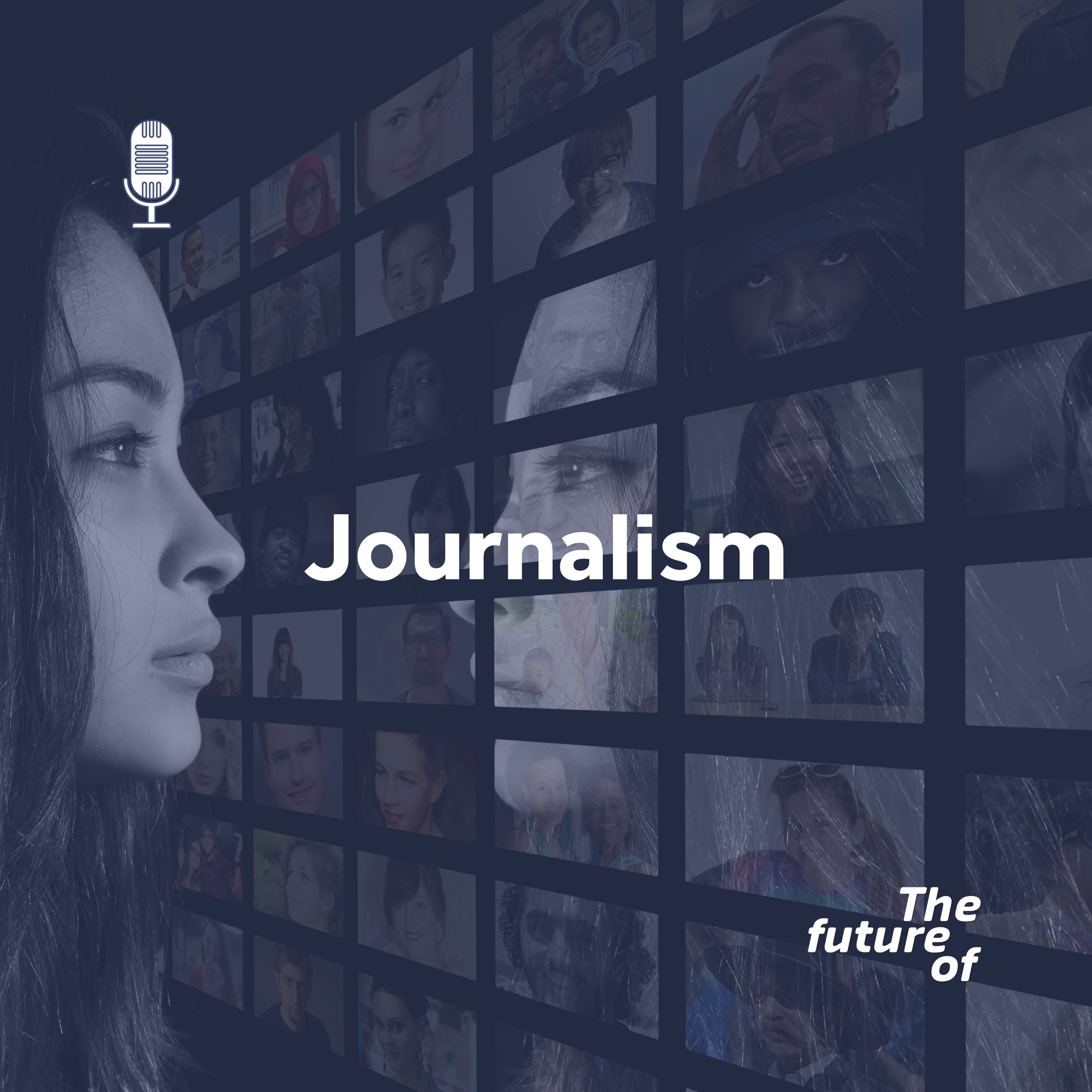
The Future OfJournalismIt’s been one year since we first launched The Future Of podcast at Curtin University in Perth, Western Australia. We’re so thrilled to be able to journey into the future with you and explore how research is helping to change the world. This podcast is only possible through the efforts of the Curtin community, so we’d like to give a special thanks to our hosts, creative and marketing teams, production coordinators and the Curtin researchers who make it all happen. Journalism has survived the advent of radio and television, the demise of print, but now has...
2020-08-3124 min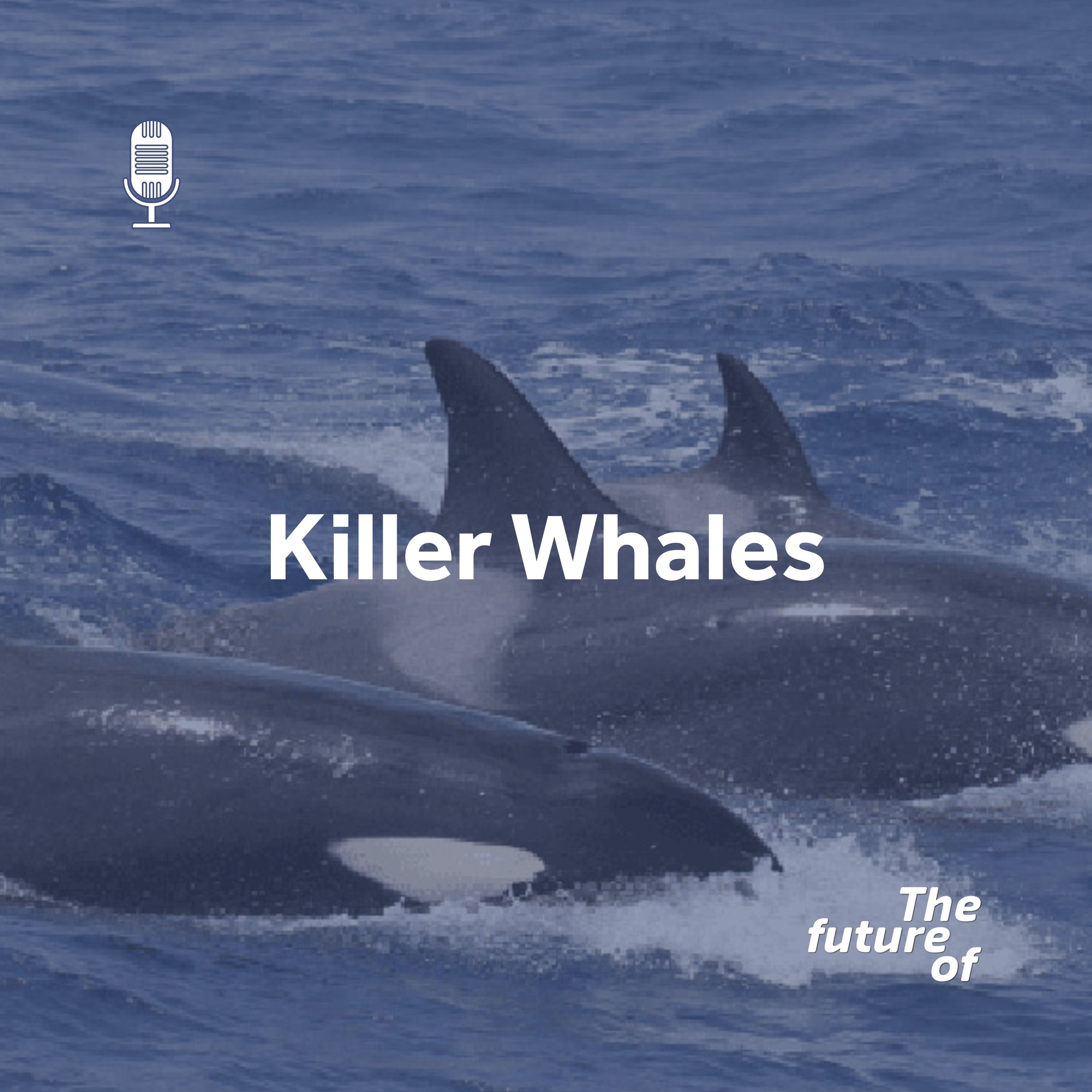
The Future OfKiller WhalesKiller whales are at once both fascinating and fearsome, and Dr Wellard has dedicated the past 10 years of her research career to learning more about these mammals. In this episode, Dr Wellard reveals some of key characteristics and behaviours of orcas, such as their ability to take on sharks and whether they really connect with humans.She explains how killer whales use bioacoustics, including echolocation clicks and burst-pulse sounds, to navigate, hunt, communicate and socialise with other pod members.Dr Wellard also reveals the habitats of killer whales, including the deep waters off the Western...
2020-08-1725 min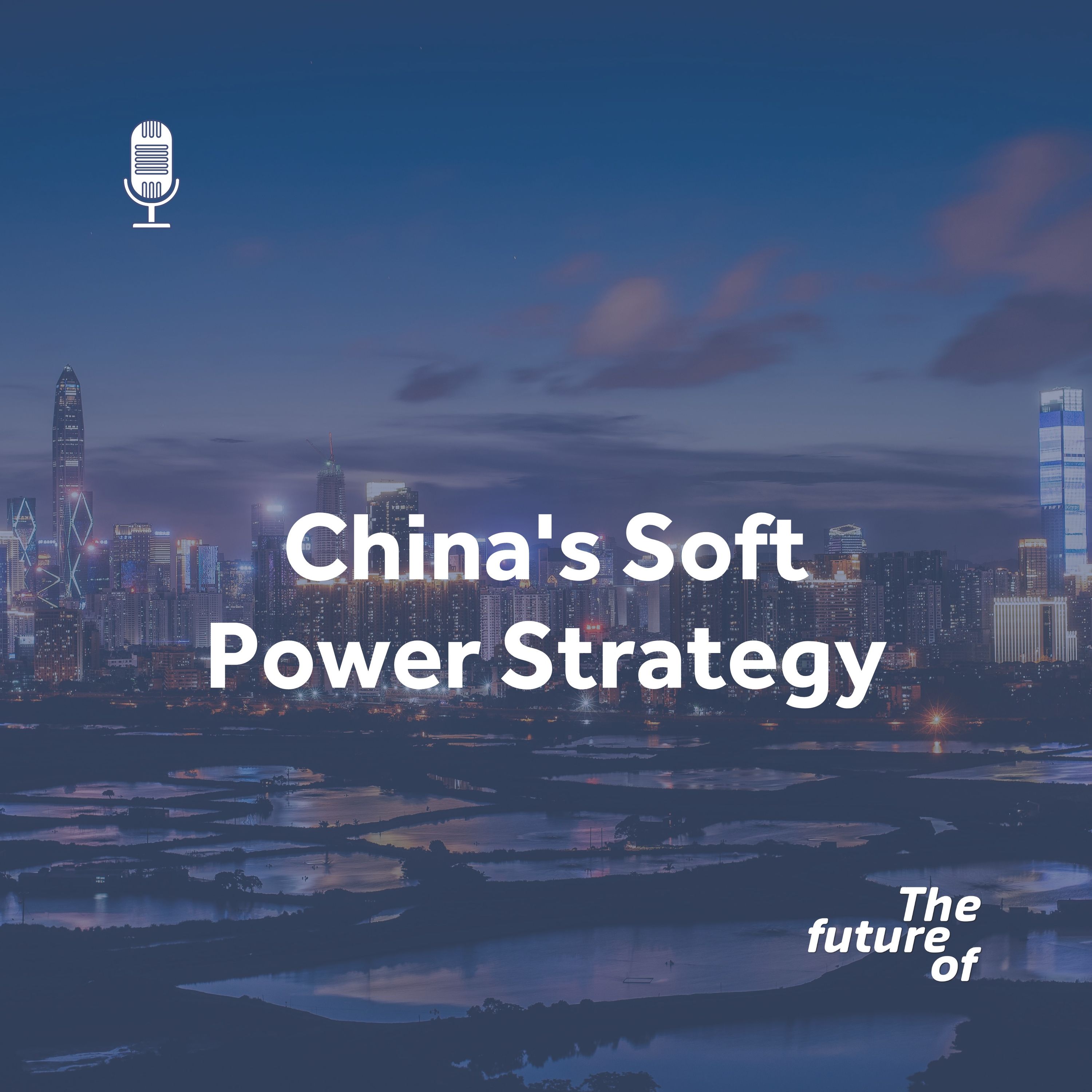
The Future OfChina’s Soft Power StrategyChina’s economic and military rise are well documented, but their ‘soft power’ strategy, which involves boosting their image as one of the good guys in the global mind, is more complicated. As China emerges from the pandemic relatively well, can they maintain their ‘peaceful rise’ narrative, particularly while the western world, including Australia, casts a skeptical eye on Chinese platforms such as TikTok and WeChat?In this episode, Tom is joined by Professor Michael Keane to discuss the future of China’s international influence and global standing.What is ‘soft power’? [00:55]The narrative China wants to tell [02:17]T...
2020-08-0328 min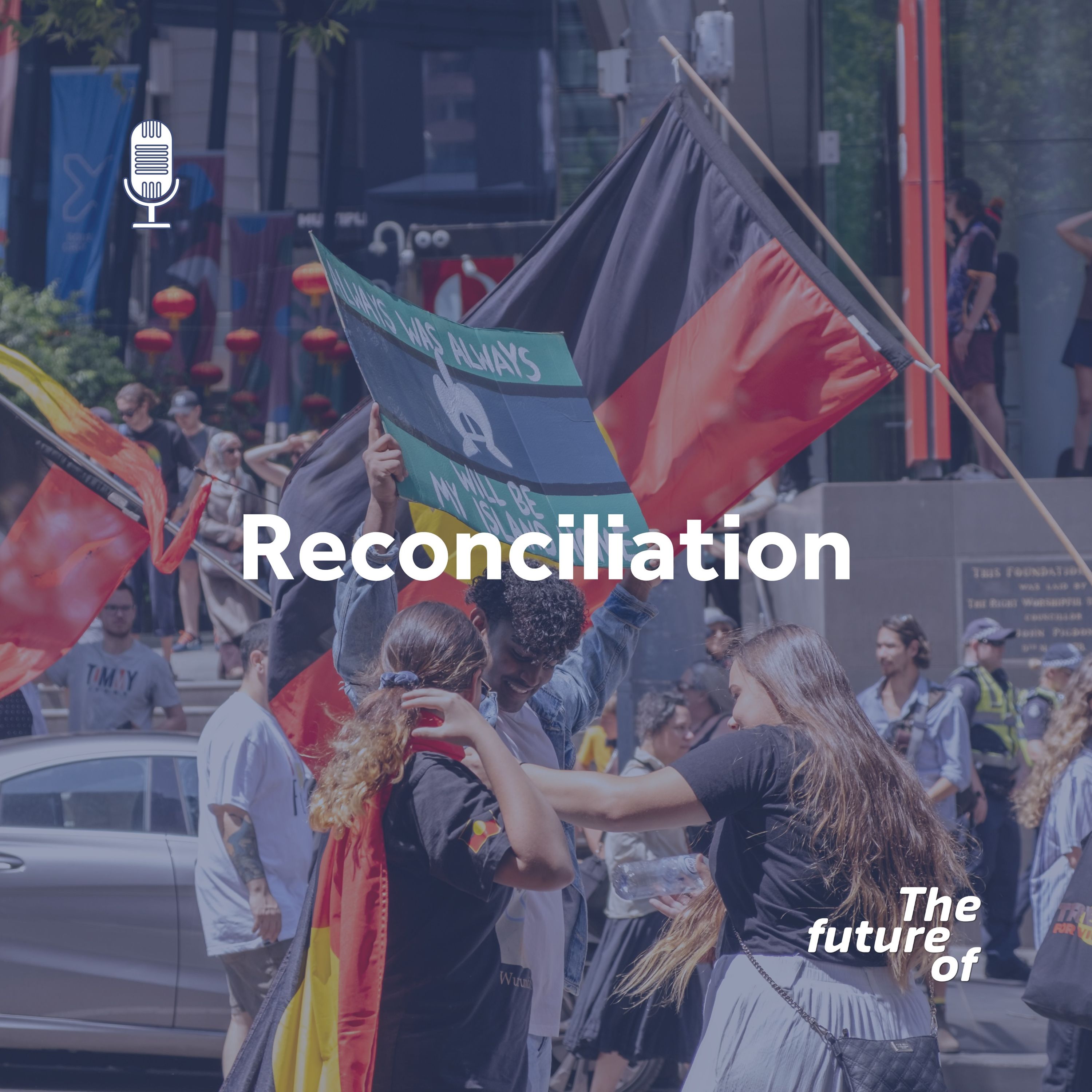
The Future OfReconciliationRecent protests have shone a light onto the racism and discrimination that still exists all over the world in 2020. This has led Australians to reflect on discrimination close to home against indigenous peoples and contemplate how we can do better and become more inclusive as a nation. In this episode, Tom is joined by Curtin Nyungar cultural advisor Mrs Ingrid Cumming and Curtin research Fellow Professor Cheryl Kickett-Tucker to discuss the topic of reconciliation and what we can do to bring all Australians together as one.What is reconciliation? [00:47]What can universities and schools do for r...
2020-07-2034 min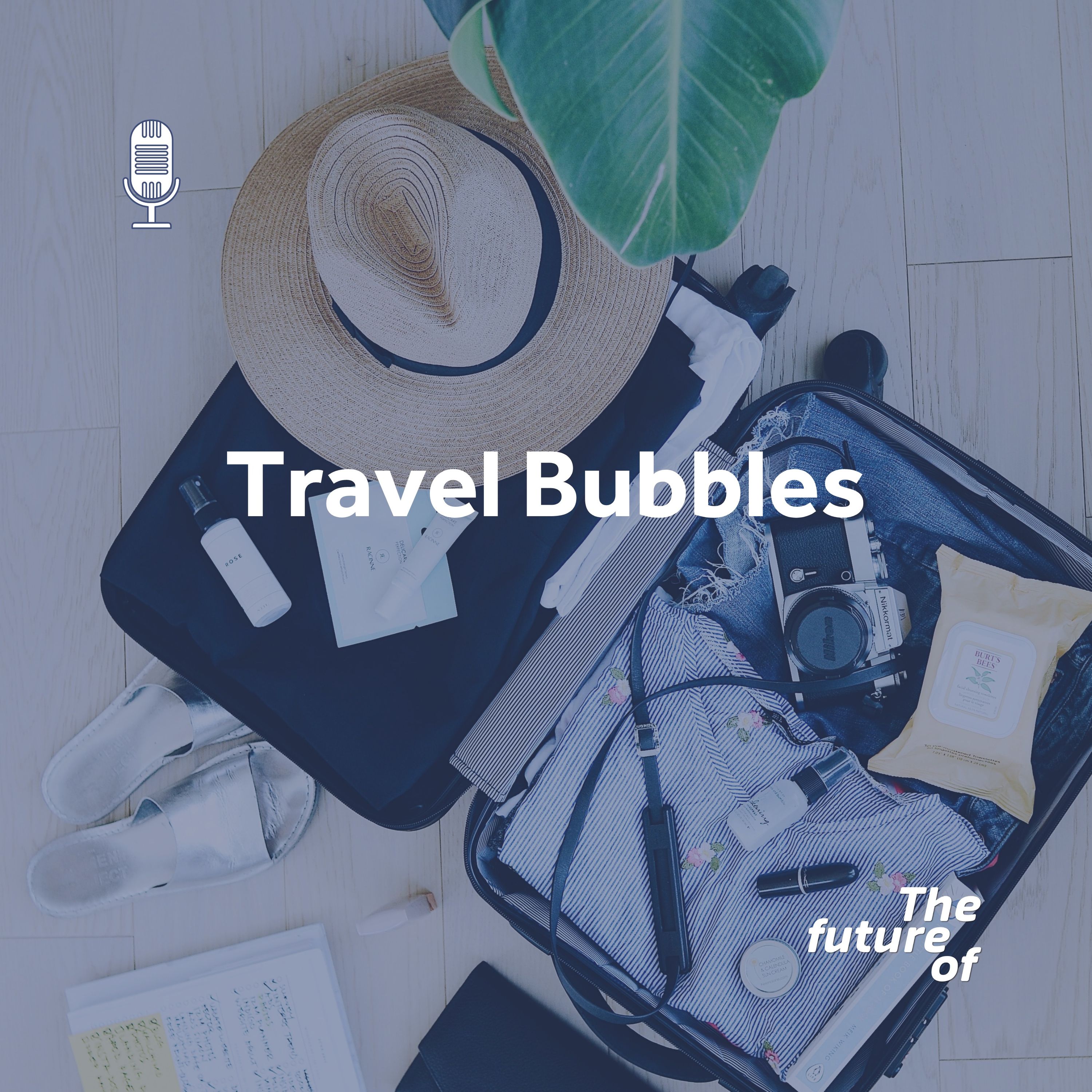
The Future OfTravel BubblesCOVID-19 has delivered a crushing blow to the tourism and travel sector, but some countries are successfully managing the virus, and are considering opening up their borders to neighbouring nations. These ‘travel bubbles’ have been pitted to bolster the global economy and enable us to travel safely and with more freedom. In this episode, David is joined by new podcast host Tom Robinson, and Curtin researchers Dr Mingming Cheng and Professor Kirsten Holmes, to discuss the likelihood of travel bubbles, changes to tourism operations, and how our own travel experiences may evolve in the wake of COVID-19.Wha...
2020-07-0624 min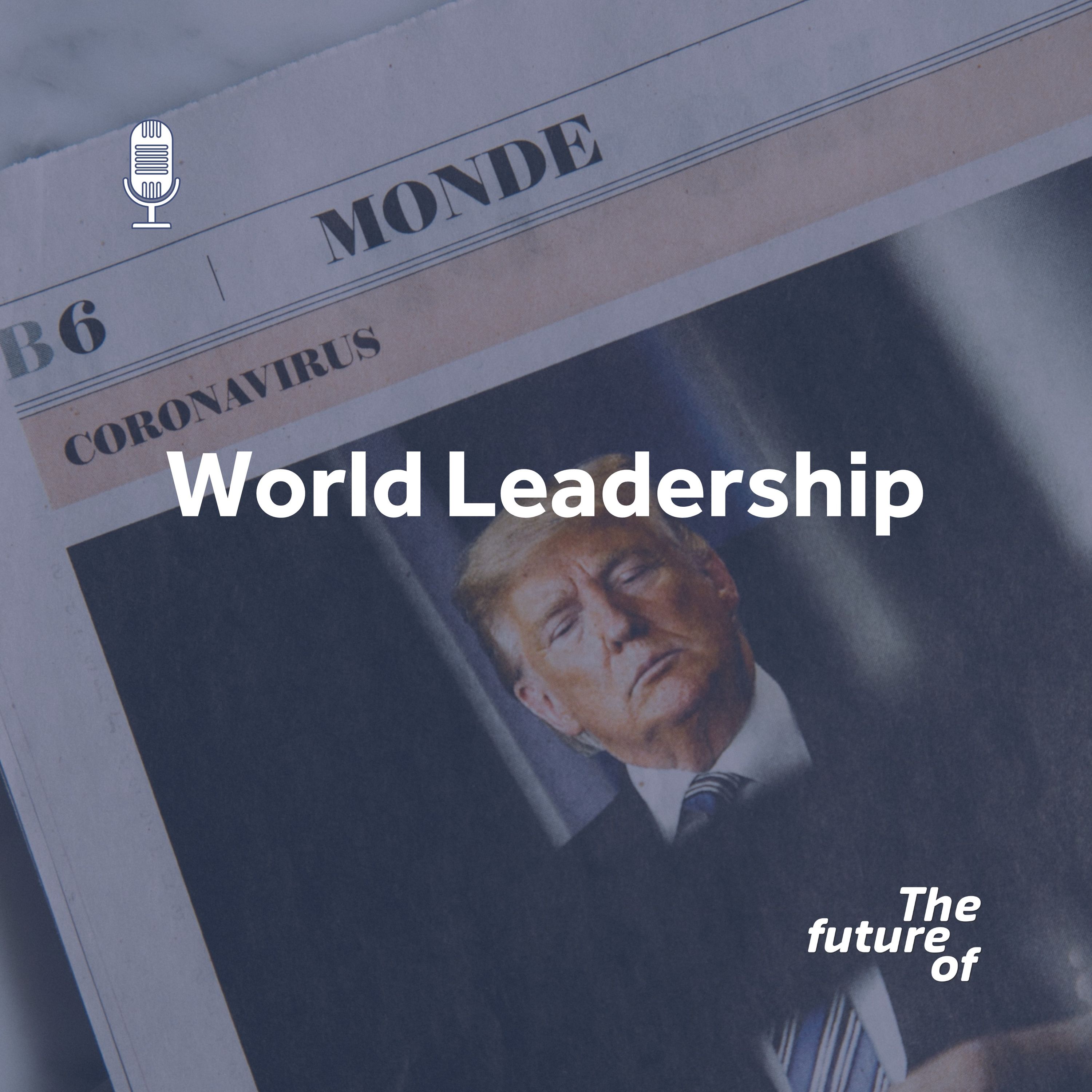
The Future OfWorld LeadershipWe live in a world defined by constant change. To keep up, leaders at all levels should be highly adaptable and collaborative, however it’s debatable whether all our world leaders possess those qualities. On the international stage, we see wildly different personalities and leadership styles, from the brashness of Trump to the brutality of Duterte, to the poise of Ardern. We’re yet to reach accord on international crises such as climate change, health and migration; which leads us to ask whether there’s a better way. David is joined by former WA Premie...
2020-06-2333 min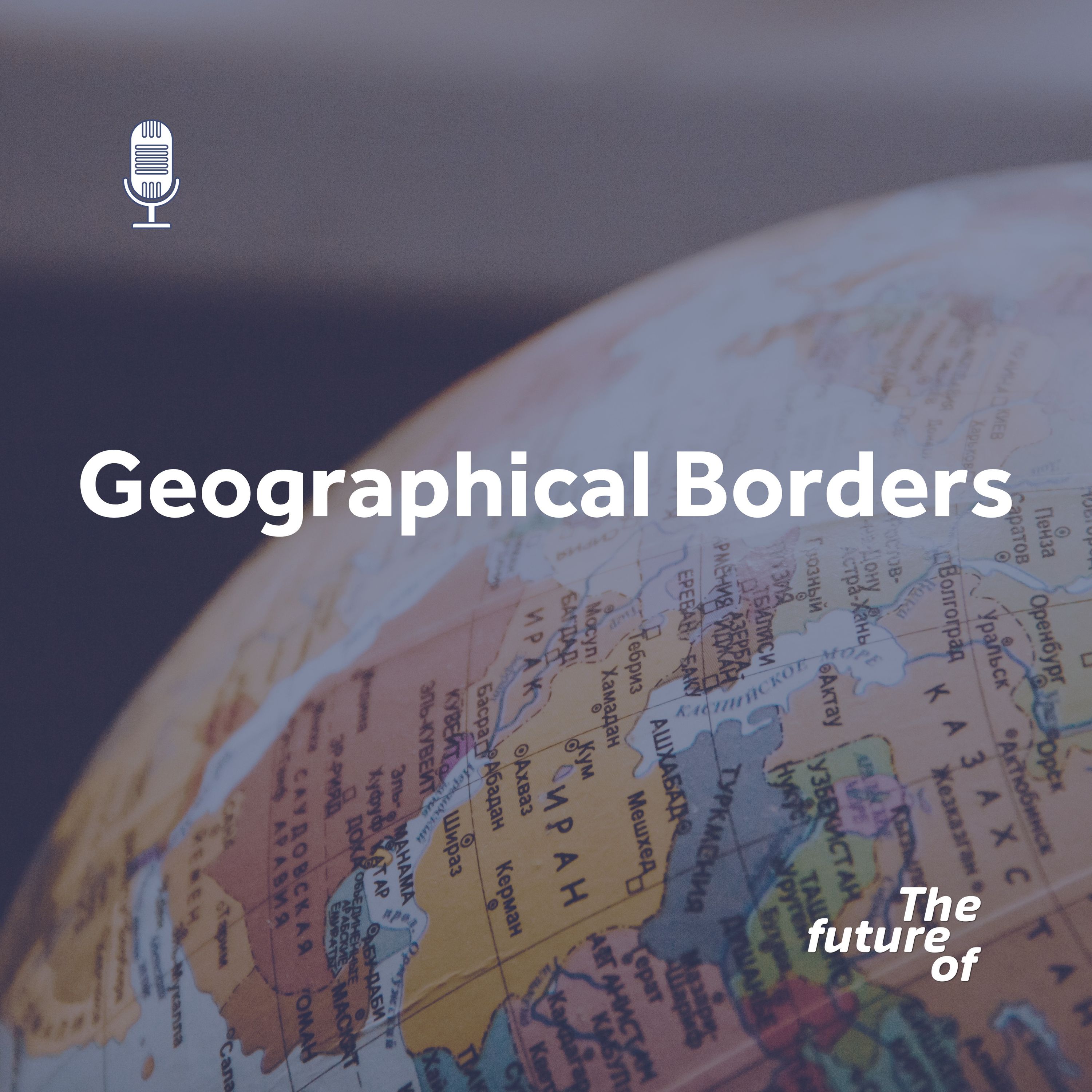
The Future OfGeographical BordersFor decades, the world has been on a trajectory of rising globalisation with cross-border flows of trade, investment, data, ideas, technology and people. But recent global events point to a trend that’s at odds with that narrative. The election of nationalist leaders in many powerful countries; Brexit and the subsequent weakening of the EU; and COVID-induced territorialism have all contributed to a sense of ‘us vs them’. David is joined by Curtin University academics Dr Donna Butorac and Dr Ben Rich to discuss whether we’re witnessing a ‘de-globalisation’ that could impact our ability to solve globa...
2020-06-0836 min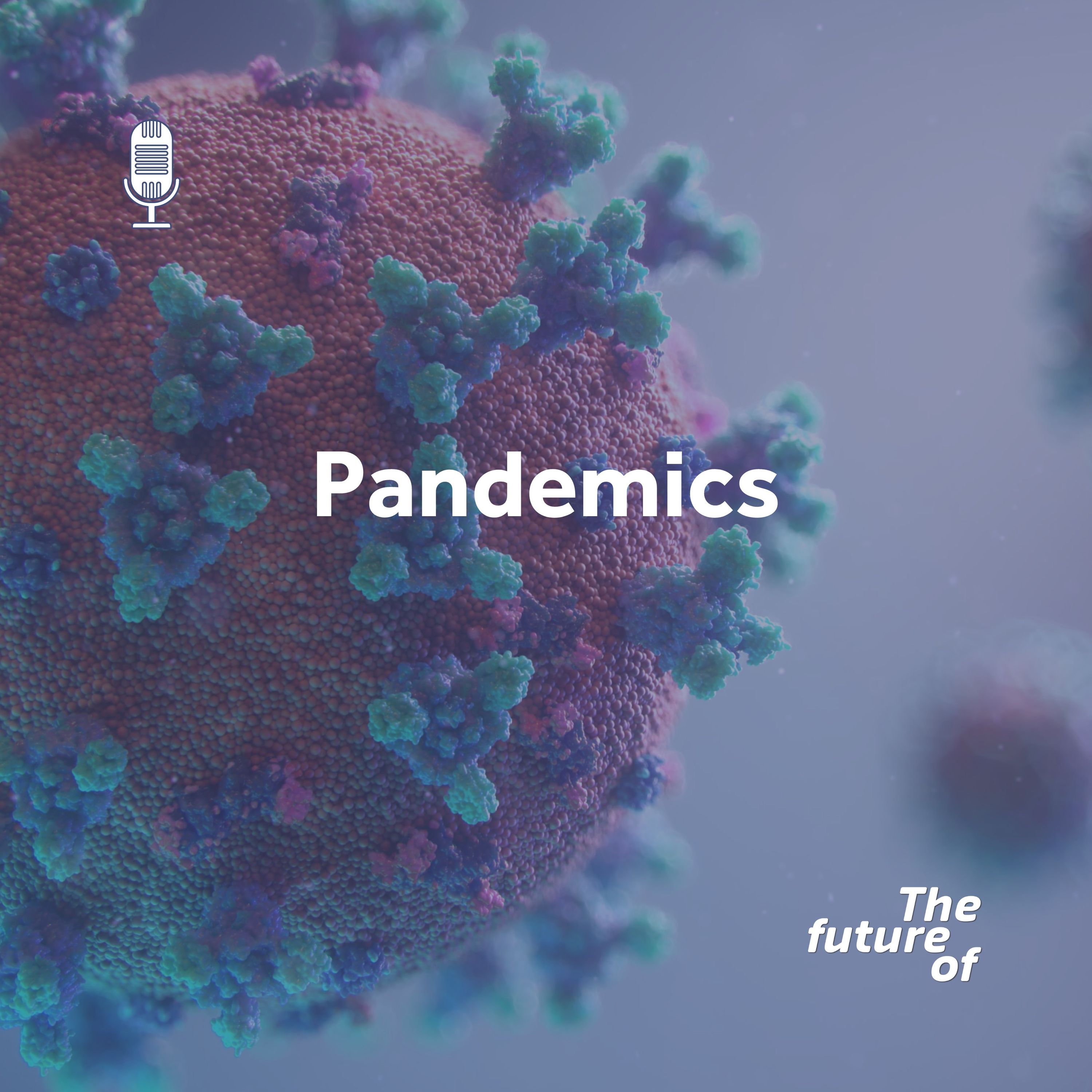
The Future OfPandemicsPrior to COVID-19, you might not have anticipated that a virus could have such a profound global impact in the 21st century.To discuss the impact of COVID-19, what researchers can learn from it, and what the future might hold, David talks to Professors Archie Clements and Christopher Reid, both from Curtin’s Faculty of Health Sciences.Why has it taken so long for a virus to impact the world like this? [0.44]Chris, you're involved in a study that's investigating the potential long-term impacts of COVID-19. What are you hoping to reveal? [3.30]How is Australia performing in...
2020-05-2523 min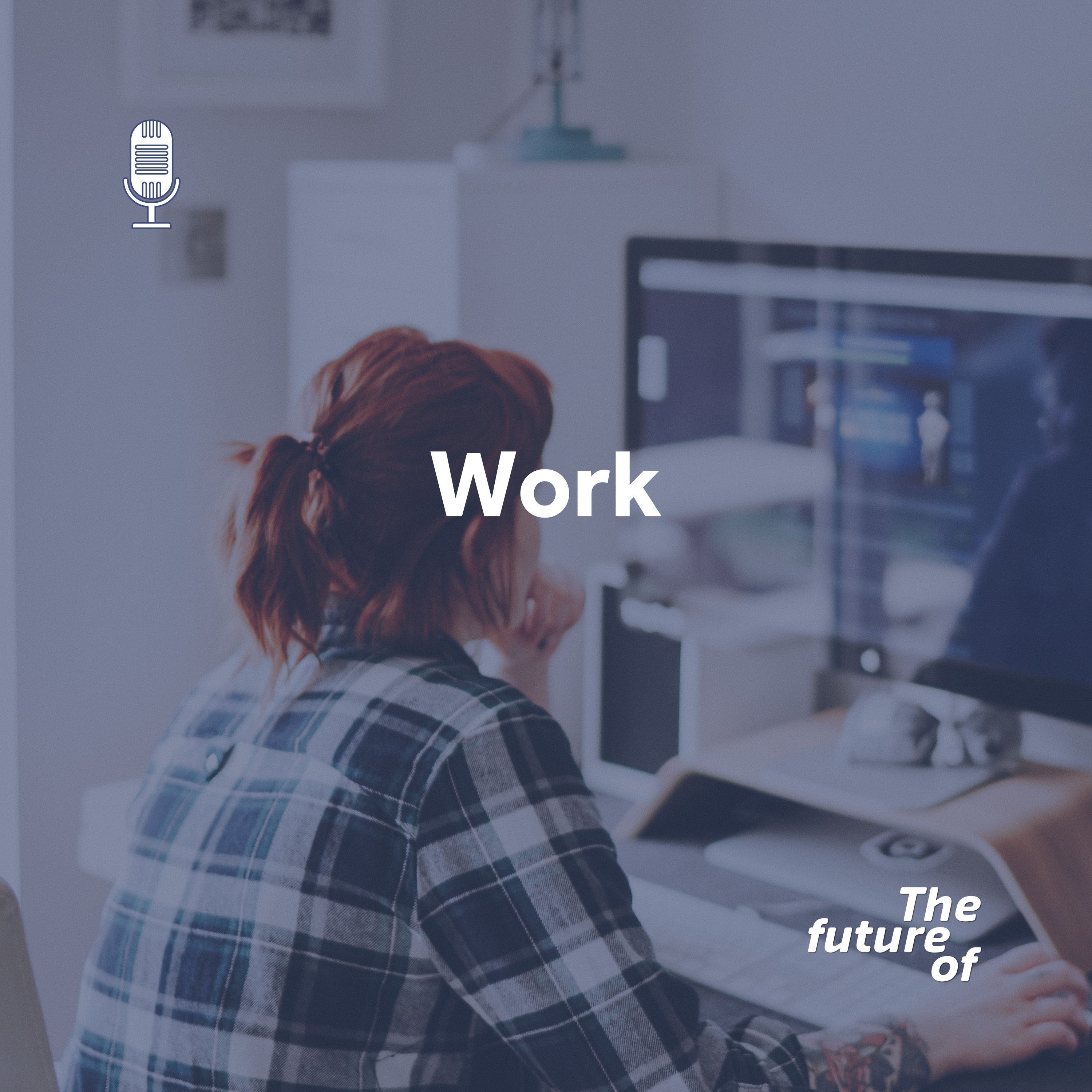
The Future OfWorkAutomation and AI were tipped to revolutionise the workplace, but it’s been a virus that’s brought real change. COVID-19 has stalled the global economy, with the UN predicting cutbacks equivalent to nearly 200 million full-time workers by July. In The Future Of Work, Associate Professor Rebecca Cassells from the Bankwest Curtin Economics Centre, outlines the impact of the pandemic on Australian jobs, including the people and industries most affected, and the wider societal effects of mass unemployment. Rebecca is joined by Professor Sharon Parker, Director of the Centre for Transformative Work Design at Curtin Univers...
2020-05-1837 min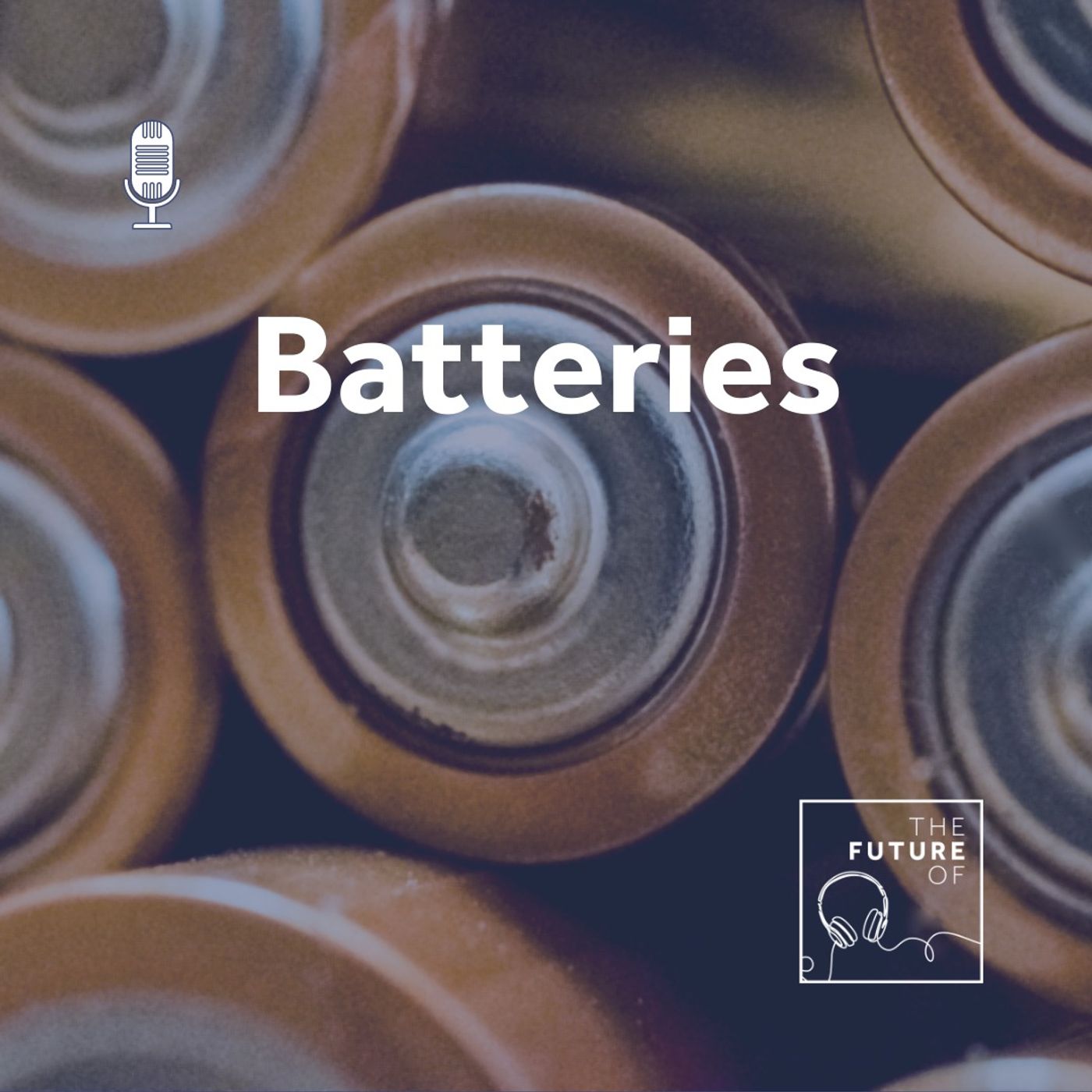
The Future OfBatteriesFor decades, inefficient batteries prevented a large-scale shift to renewable energy sources like solar and wind, because they couldn’t store enough energy to tide us over when the sun wasn’t shining or the wind wasn’t blowing.But that’s all changed. Lithium battery technology has evolved to the point where we could feasibly – with progressive leadership – abandon fossil fuels within the next few decades.Hydrogen storage is another technology that could emerge as a viable alternative to lithium batteries before long, futher fueling the renewable revolution.David is joined by Professor Ja...
2020-05-0437 min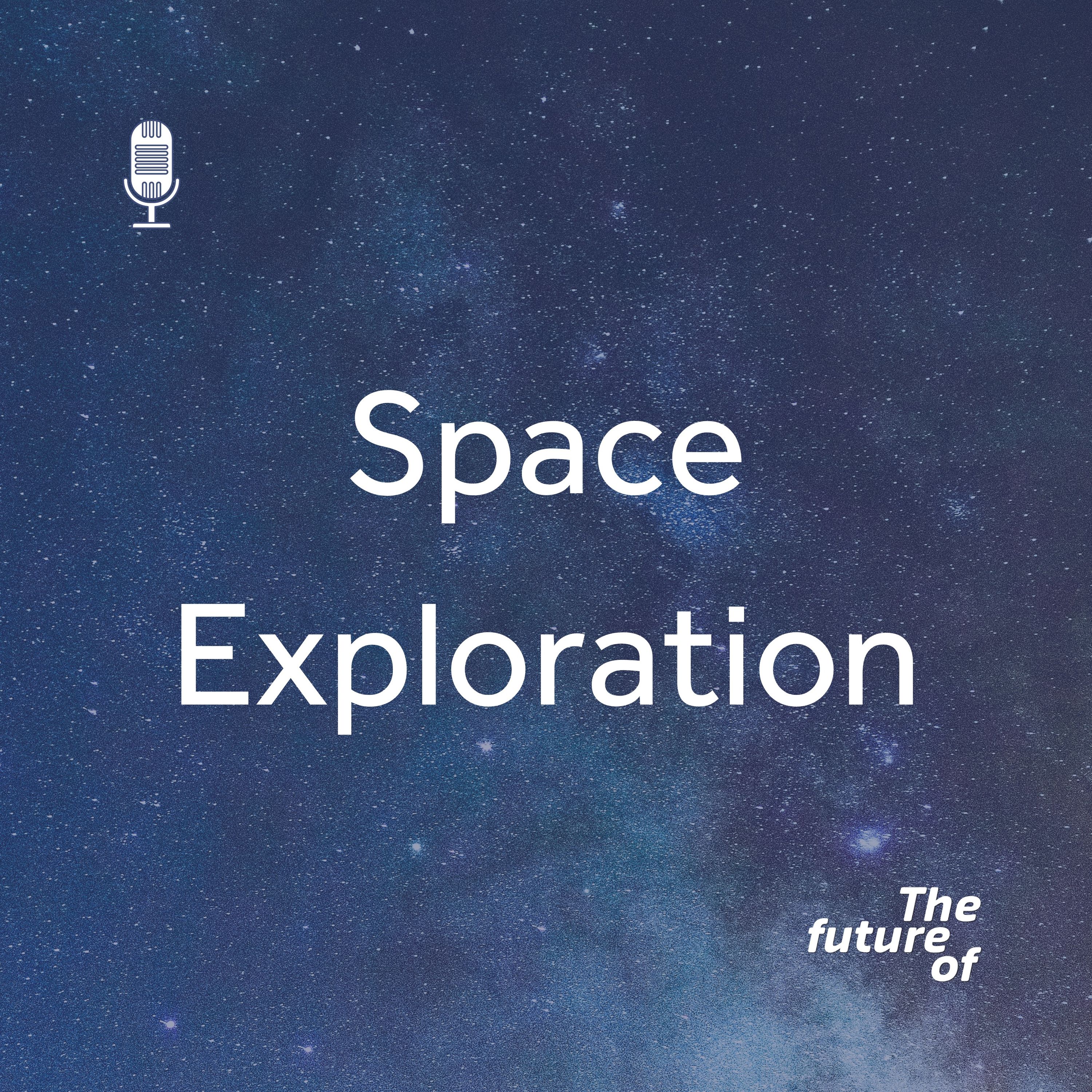
The Future OfSpace ExplorationSpace exploration has led to greater understanding of the planet Earth, our Solar System and our place in the universe, but there’s still much to be discovered. To help uncover some of the greatest cosmic mysteries, space agencies around the world are planning missions to explore neighbouring planets to map their history and search for possible signs of past extraterrestrial life. In this episode, David Blaney is joined by Professor Phil Bland to discuss mission preparations to the Moon and Mars, the systemic and environmental challenges faced by automated rockets and rovers, and what we are doi...
2020-04-2131 min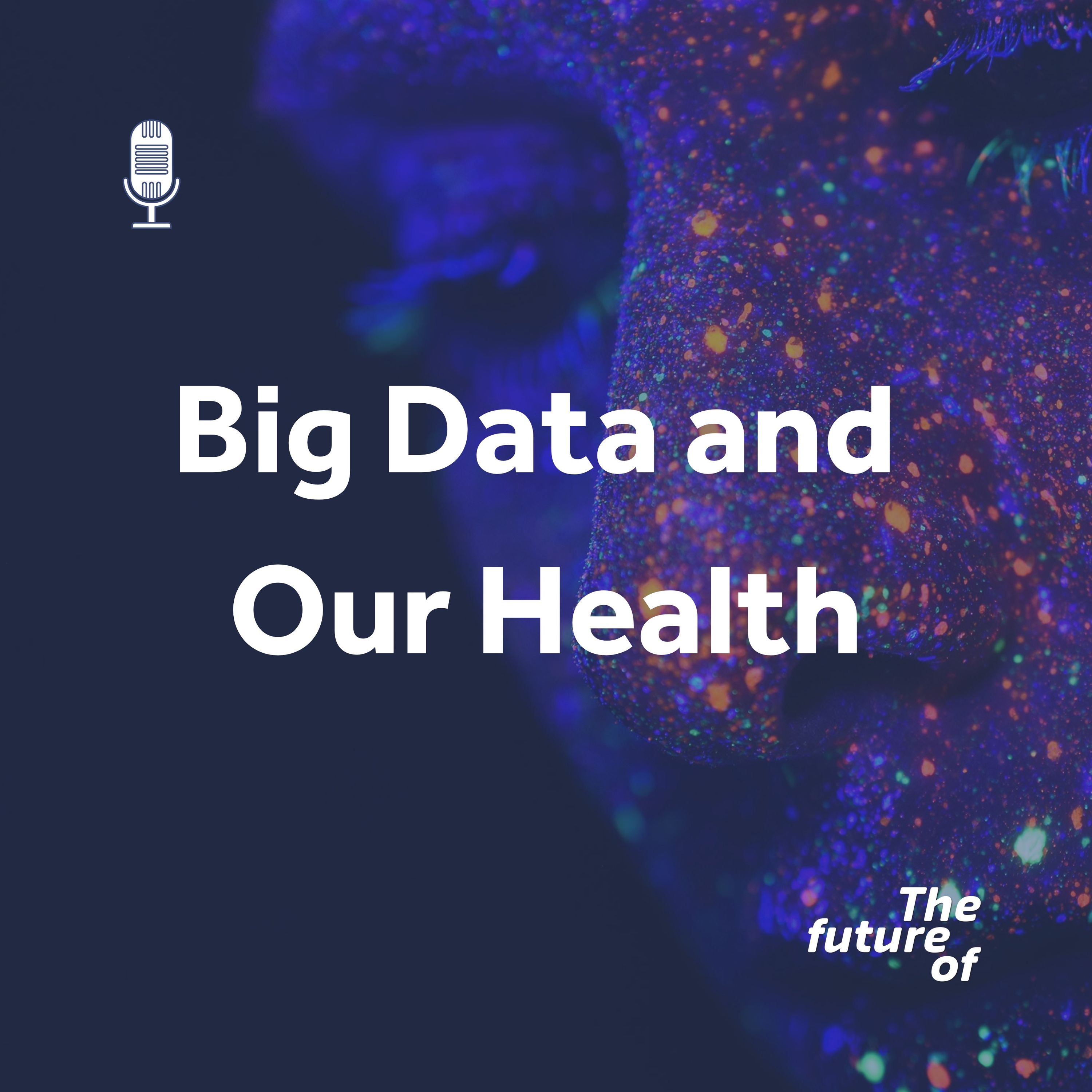
The Future OfBig Data and Our HealthThe allocation of public health services is no guessing game. The government relies on vast datasets – and the analysts who can identify patterns within them – to understand the health of our population and where services are most needed. In this episode, David is joined by Professor Suzanne Robinson, from Curtin University’s School of Public Health, and Professor Andrew Rohl, from the Curtin Institute for Computation, to discuss health economics in the digital age. How do the worlds of economics, health and supercomputing combine to make us healthier? [00:30]How do health authorities get thei...
2020-04-0621 min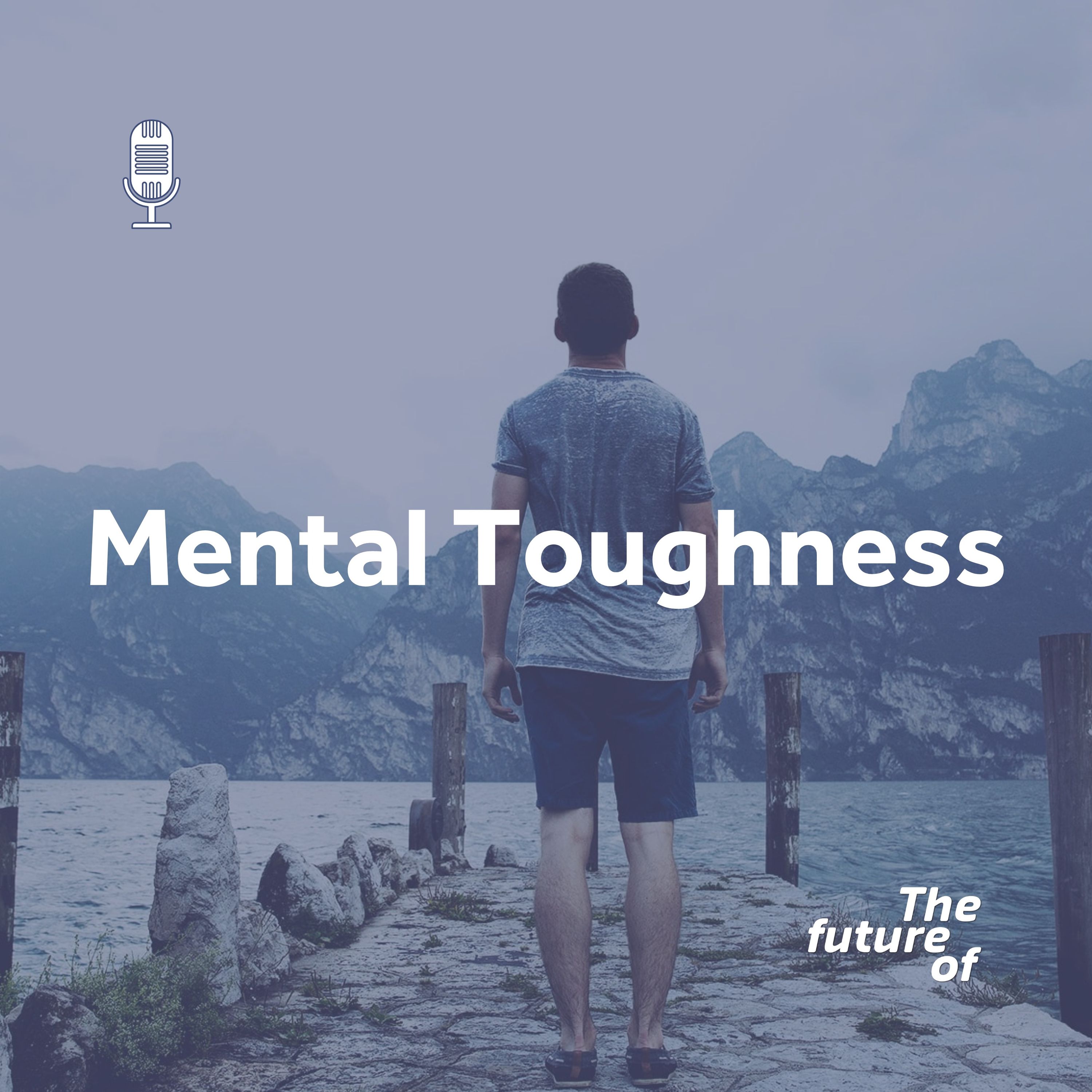
The Future OfMental ToughnessWhen it comes to winning gold medals, we know the mental game is as important as the physical. Many research hours have been poured into understanding the psychology behind athletic performance, but the research findings may reach further than elite sport.In this episode, David and Associate Professor Gucciardi discuss the concepts of mental toughness and resilience, and how they may apply not only to sports stars, but also the workplace and even the battlefield.Associate Professor Gucciardi is currently involved in several projects spanning topics such as doping in sport, mental toughness, life skills...
2020-03-2320 min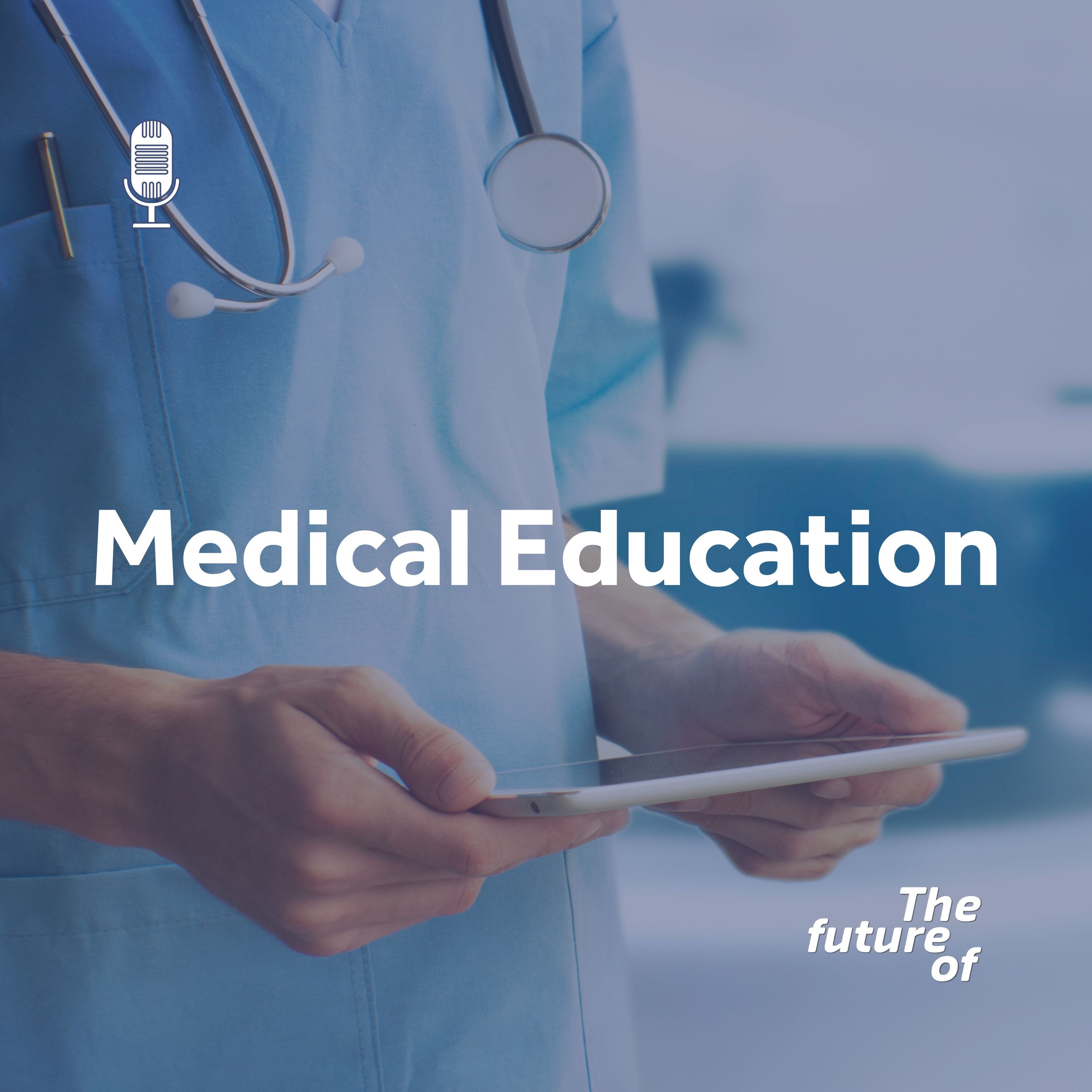
The Future OfMedical EducationUniversities across the country are adopting high-tech simulations to teach the next generation of healthcare professionals.Faithfully recreated hospital wards, complete with virtual patients that can talk, breathe and even vomit, have become the norm, and it’s no gimmick – research is showing that it can be extremely valuable.David is joined by Associate Professor Michelle Kelly and Dr Zoe Bradfield from Curtin University’s School of Nursing, Midwifery and Paramedicine to discuss the high-tech and surprisingly low-tech approaches to medical simulation.What kind of simulation are we talking about? [0.40]How can we use simula...
2020-03-1625 min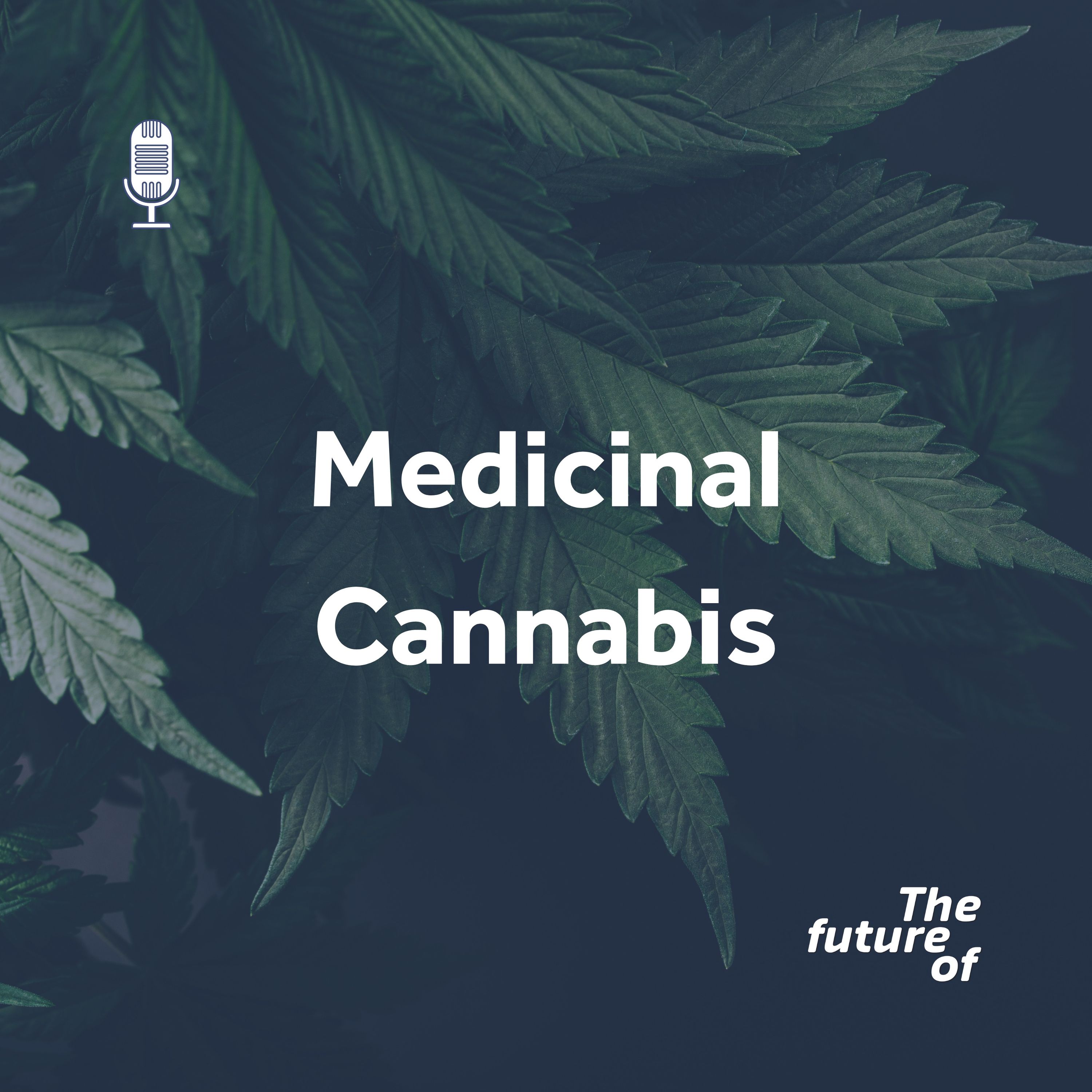
The Future OfMedicinal CannabisIn 2016, the Australian Government joined a global movement by approving the use of medicinal cannabis. Now in 2020, cannabis prescriptions are rising, but many patients are still turning to the unregulated and therefore unreliable black market.In this episode, David speaks with chemical engineer and Curtin University academic, Professor Neil Foster, and Little Green Pharma Chief Operating Officer Paul Long, who have been working together on research into cannabis to help make the regulated products safer, more accessible, and more affordable.Professor Foster from the WA School of Mines: Minerals, Energy and Chemical Engineering and his...
2020-03-0526 min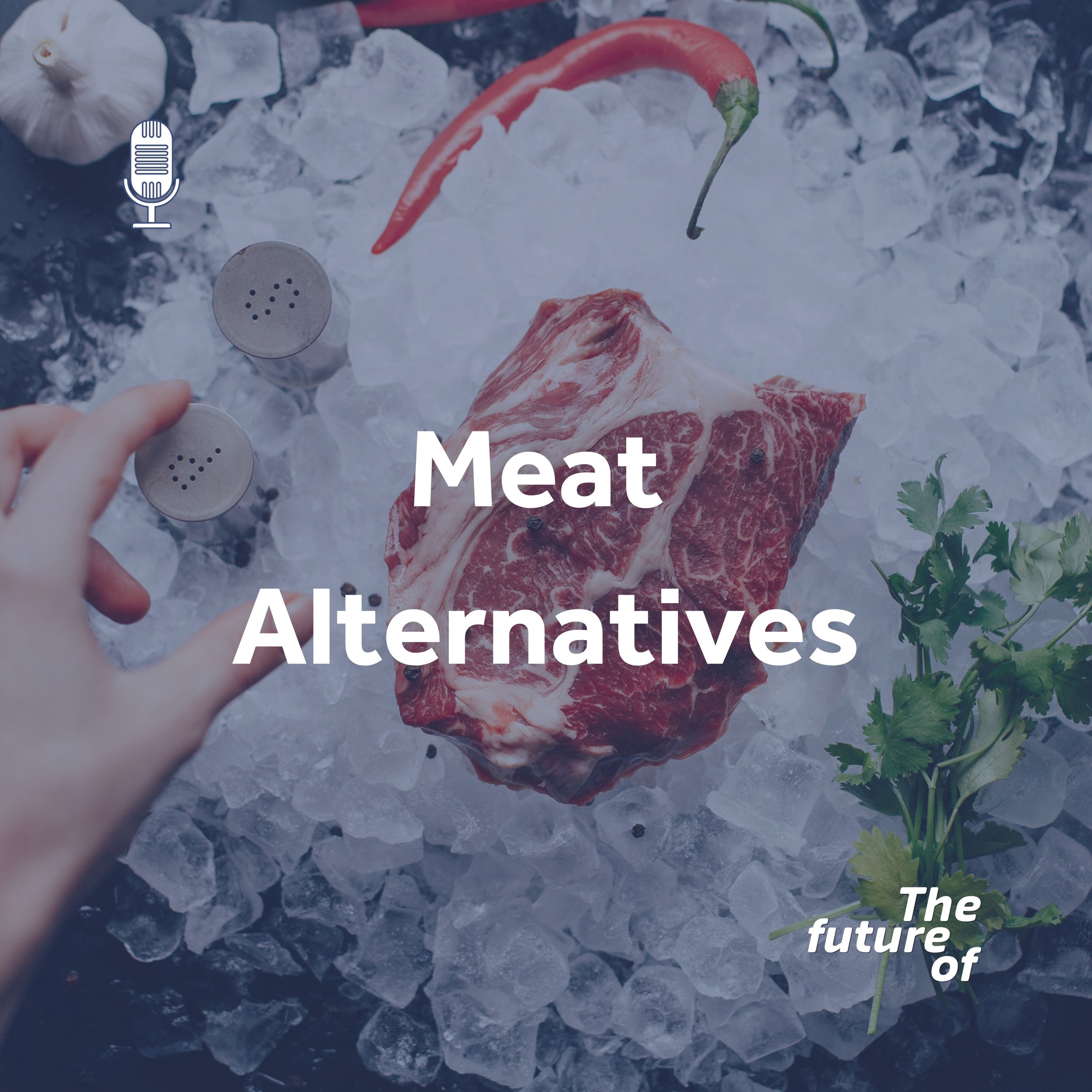
The Future OfMeat AlternativesAustralians love their meat, consuming 110kg per capita every year. But that love comes at a cost. Meat has been linked to cancers, chronic diseases and antibiotic resistance, as well as biodiversity loss, carbon emissions and water and land degradation.In this episode, David is joined by Professor Dora Marinova and Talia Raphaely from the Curtin University Sustainability Policy Institute, to discuss some sobering research findings and how we can transition to a diet that’s healthier for us and the planet.Could tofu really replace the sausage as the staple barbecue food? [1.05]How much meat do...
2020-02-2727 min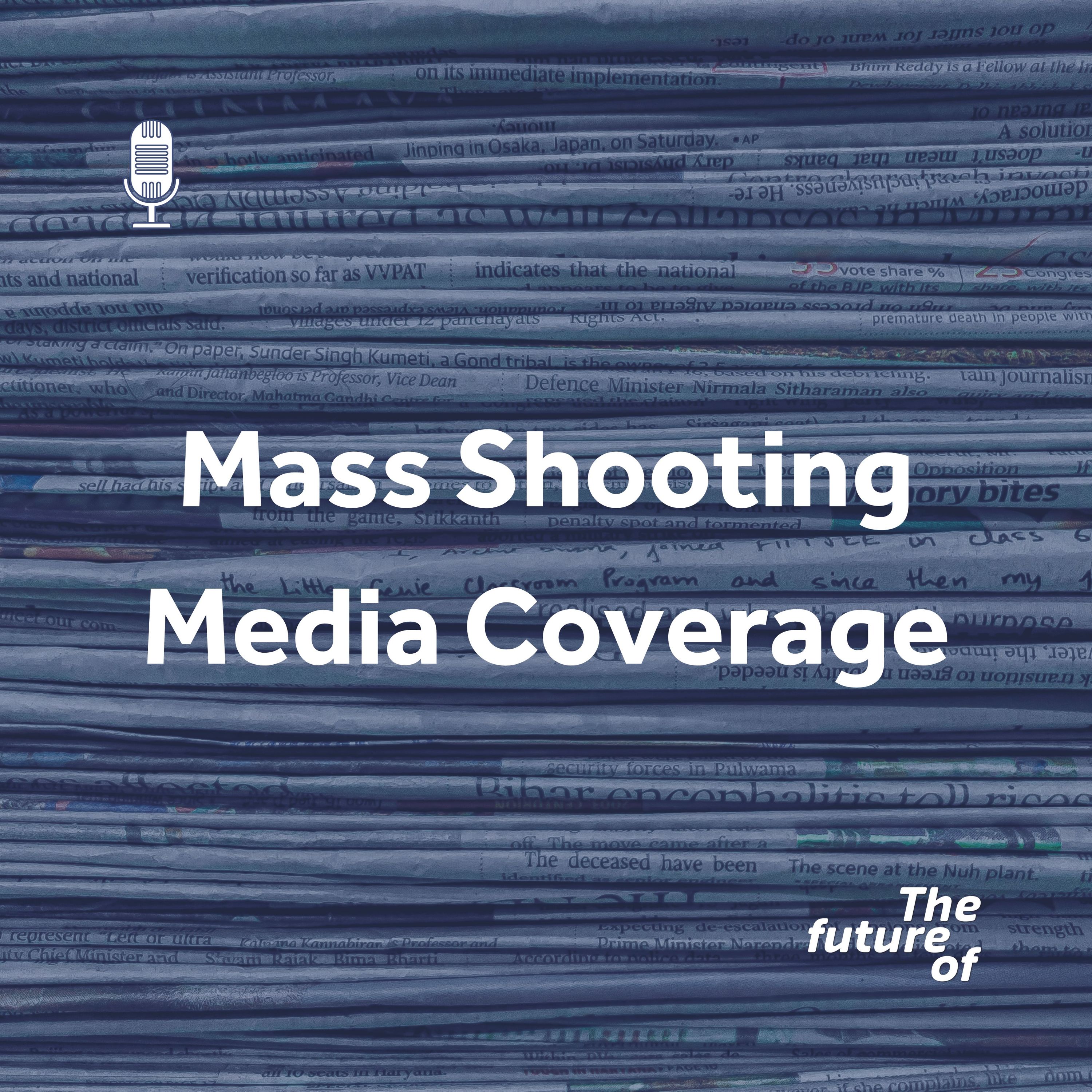
The Future OfMass Shooting Media CoverageMass shootings are rare, but these heineous crimes have become a magnet for global media attention. There are growing concerns the detailed coverage is leading to copycat and contagion killings. Recent research also shows a disturbing trend where shooters seek to publicise their beliefs and intentions through media platforms in an effort to gain notoriety and infamy.In this episode, David speaks with journalist and Curtin University academic, Glynn Greensmith, who is currently researching the ways in which the media handles the reporting of mass shootings.Mr Greensmith is a lecturer in the School of...
2020-02-1728 min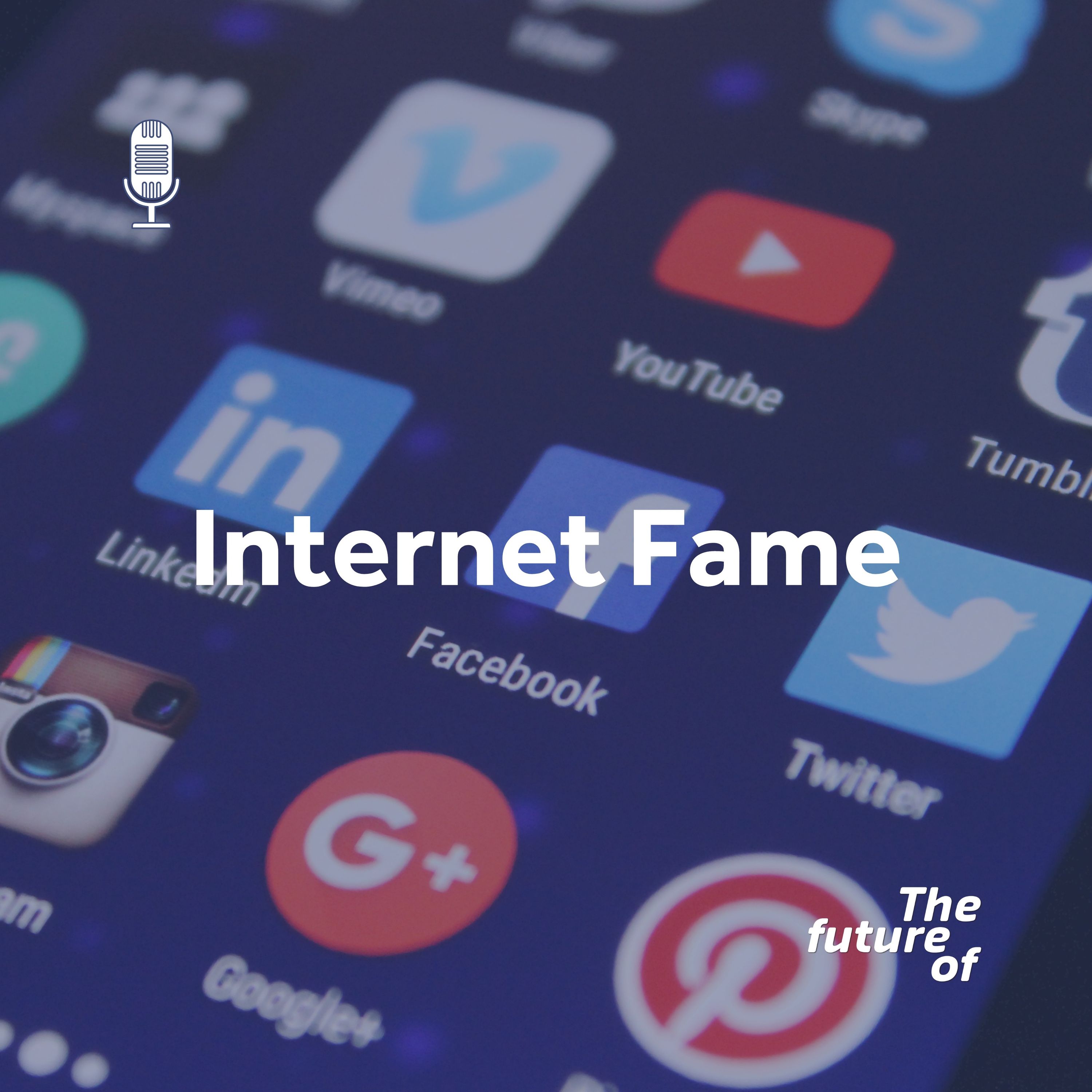
The Future OfInternet FameOn the internet, anyone has the potential to become a celebrity. Some actively seek internet fame by carefully cultivating their online identity; while others may become unwitting internet celebrities when a stray, unflattering image of themselves is used as the subject of a meme.In this episode, David is joined by digital anthropologist Dr Crystal Abidin, to discuss the rise and fall of both ‘deliberate’ and ‘accidental’ online celebrities.Why influencers are more than just product-pushing advertisers (2.17)How the law affects social media influencers differently to traditional advertisers (9.23)How a social media platform changing, or closing down ent...
2020-02-0333 min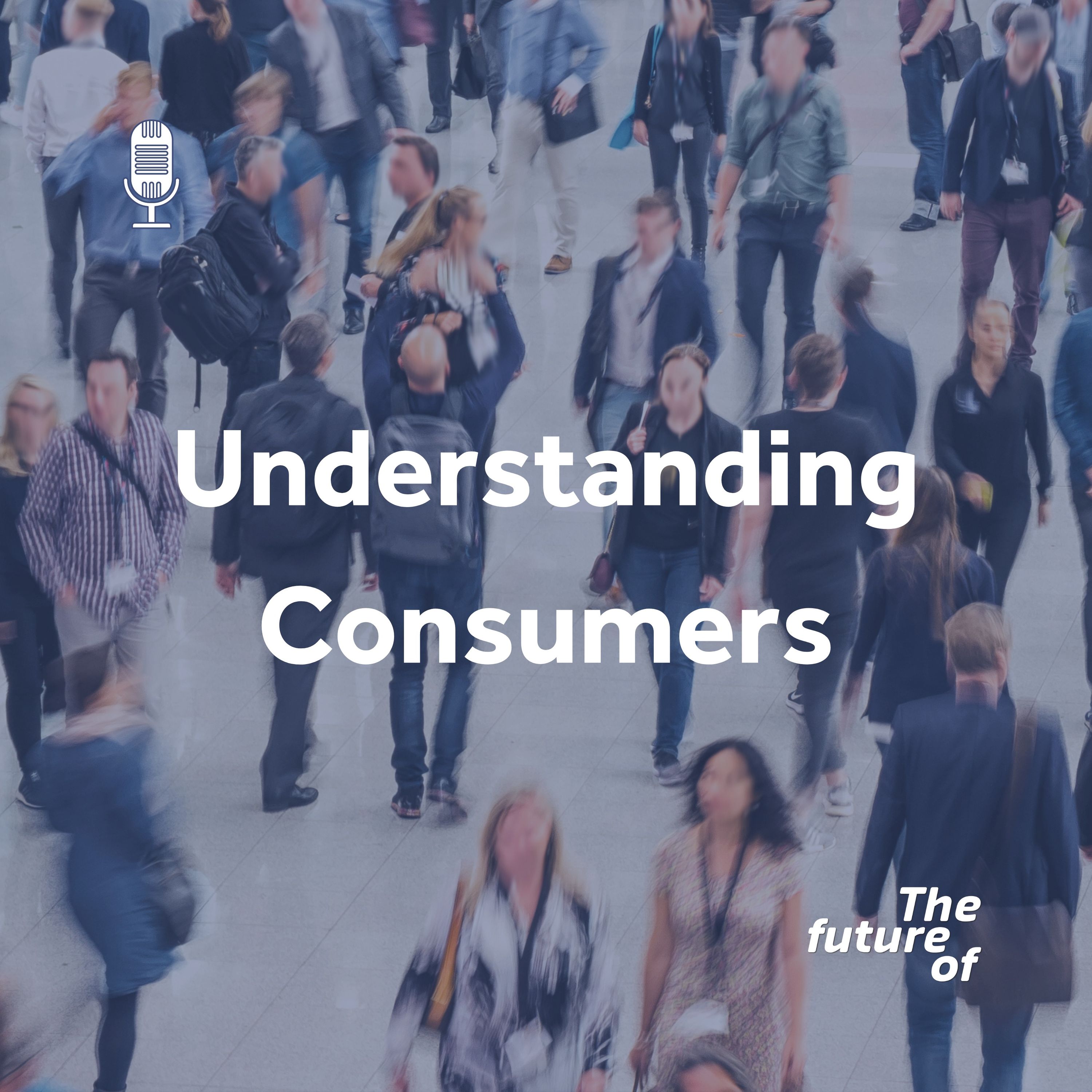
The Future OfUnderstanding ConsumersTwenty-first century marketing is an increasingly exact science, with technology giving brands unprecedented insight into consumer behaviour.In this episode, David is joined by experts Dr Min Teah and Dr Luke Butcher from Curtin University’s School of Marketing, to discuss what goes on behind the brands.How technology can track a consumer’s emotional state (0.47)If consumers are becoming more discerning about marketing (7.56)Discussing companies that are in touch with their customer base (14.55)Speculation about why David was offered a free smart speaker from Amazon (23.59)What the store of the future might look like (26.55)Lear...
2020-01-2630 min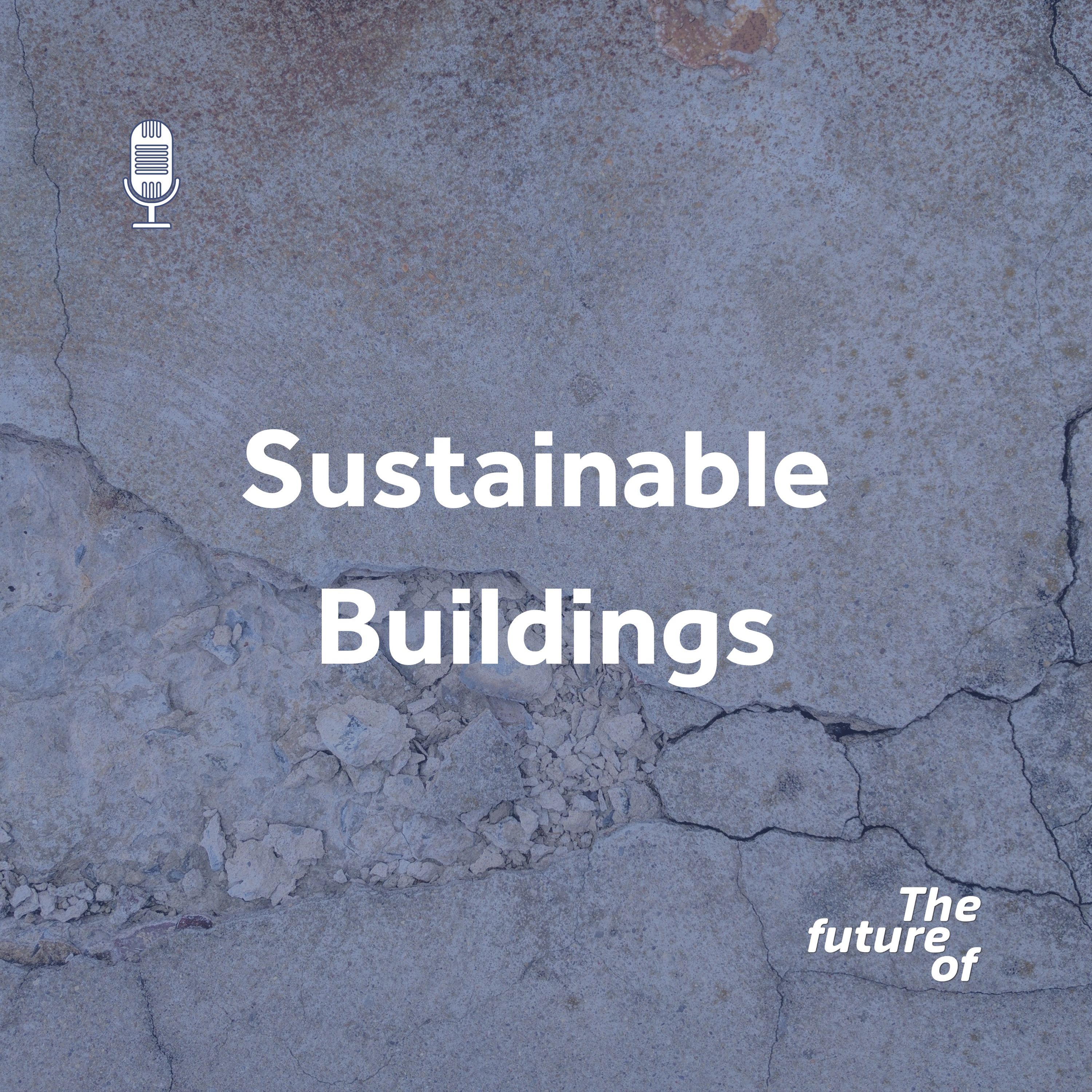
The Future OfSustainable BuildingsConcrete is the most consumed resource on earth next to water. Curtin researchers are developing a self-healing and sustainable biocement using natural microbes that could be utilised in a range of building construction and restoration applications.In this episode, David is joined by civil engineer Professor Abhijit Mukherjee and construction biotechnologist Dr Navdeep Dhami to explain what biocement is, how it works and how it can help us to build better in the future.What are biominerals and where are they found? (3.04)How biocement can address environmental challenges (6.09)The advantages and drawbacks of biocement compared to...
2020-01-2026 min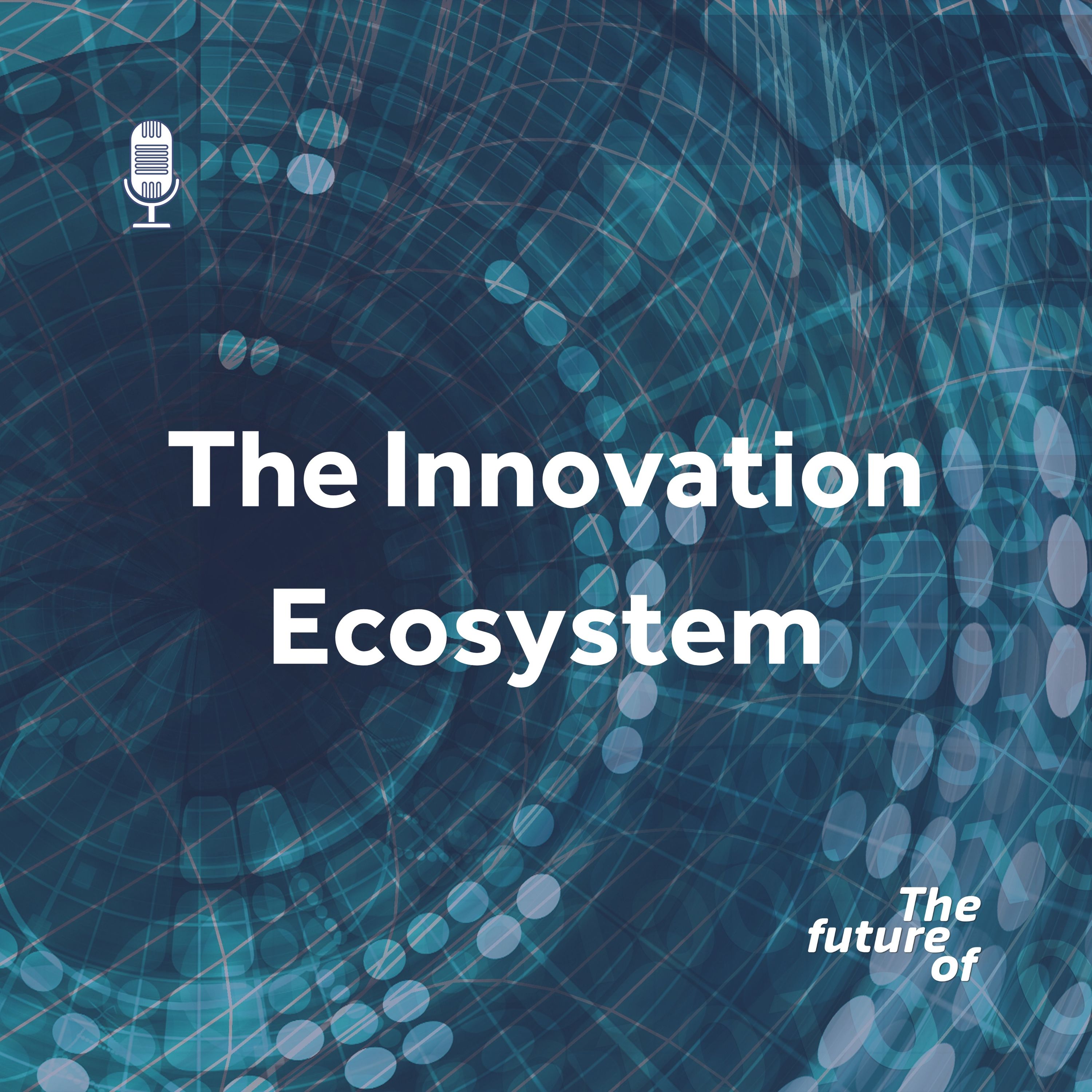
The Future OfThe Innovation EcosystemInnovative ideas require significant investment in order to move beyond the ideas phase and become financially viable products that can change lives.For investors, there’s money to be made. For the broader community, there’s the potential for a product that could be a game changer. Think medical advances, renewable energy and blockchain technology.For university research departments, the research lifecycle doesn’t end at a research paper or proof of concept. Commercialisation is of utmost importance, ensuring that innovative ideas for new products and services become those new products and services, flowing through to the...
2020-01-1330 min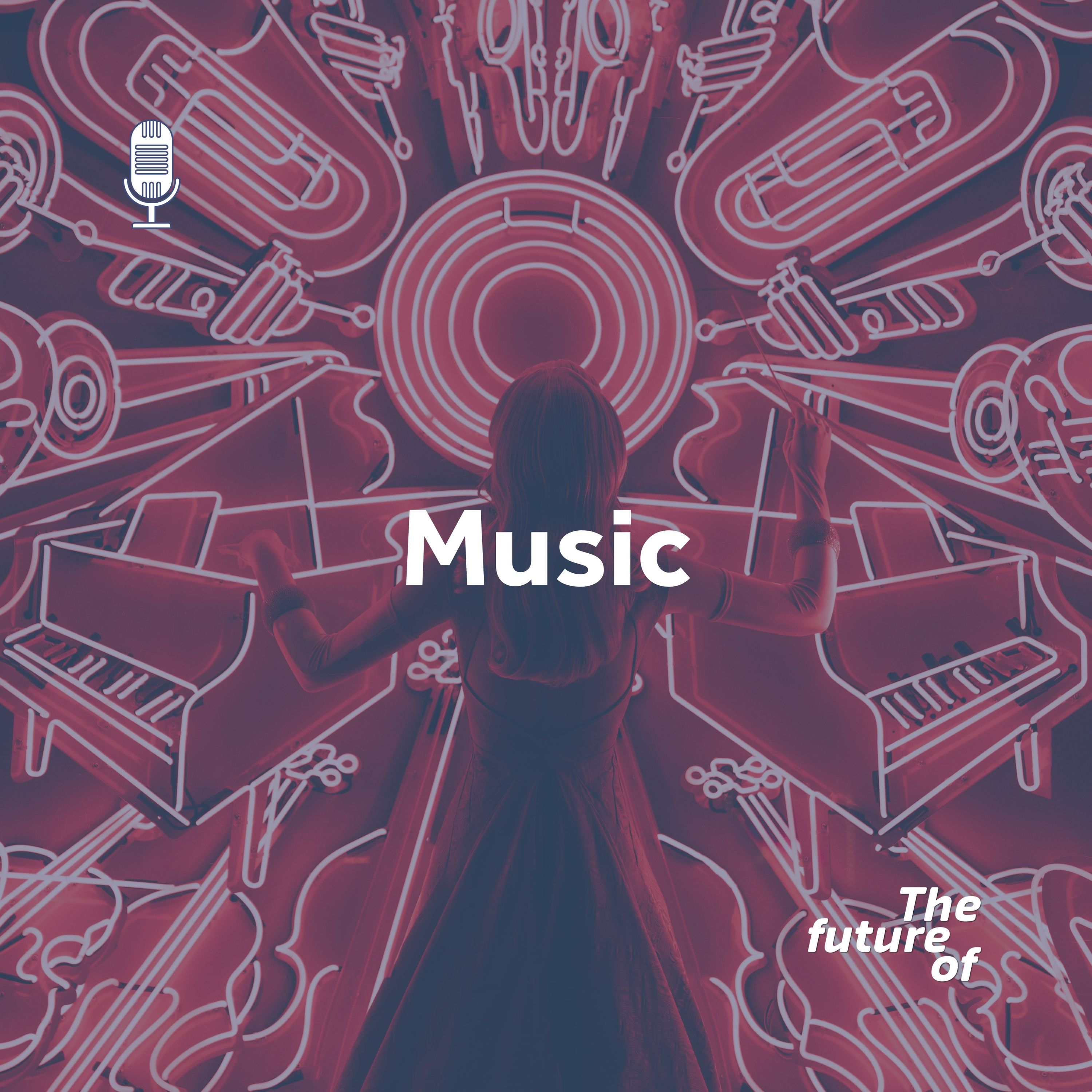
The Future OfMusicThanks to technology, we can now access many kinds of music at any time, and carefully curate not just our playlist but our very identities. How is this instant availability changing the way we consume music, and how is music technology shaping our lives?Dr Adrian North heads the School of Psychology at Curtin University and researches the social and applied psychology of music. His research concerns music and well-being in both specific and the general populations, in areas such as using digital music in everyday life to improve mood; the impact of music on consumer behaviour...
2020-01-0534 min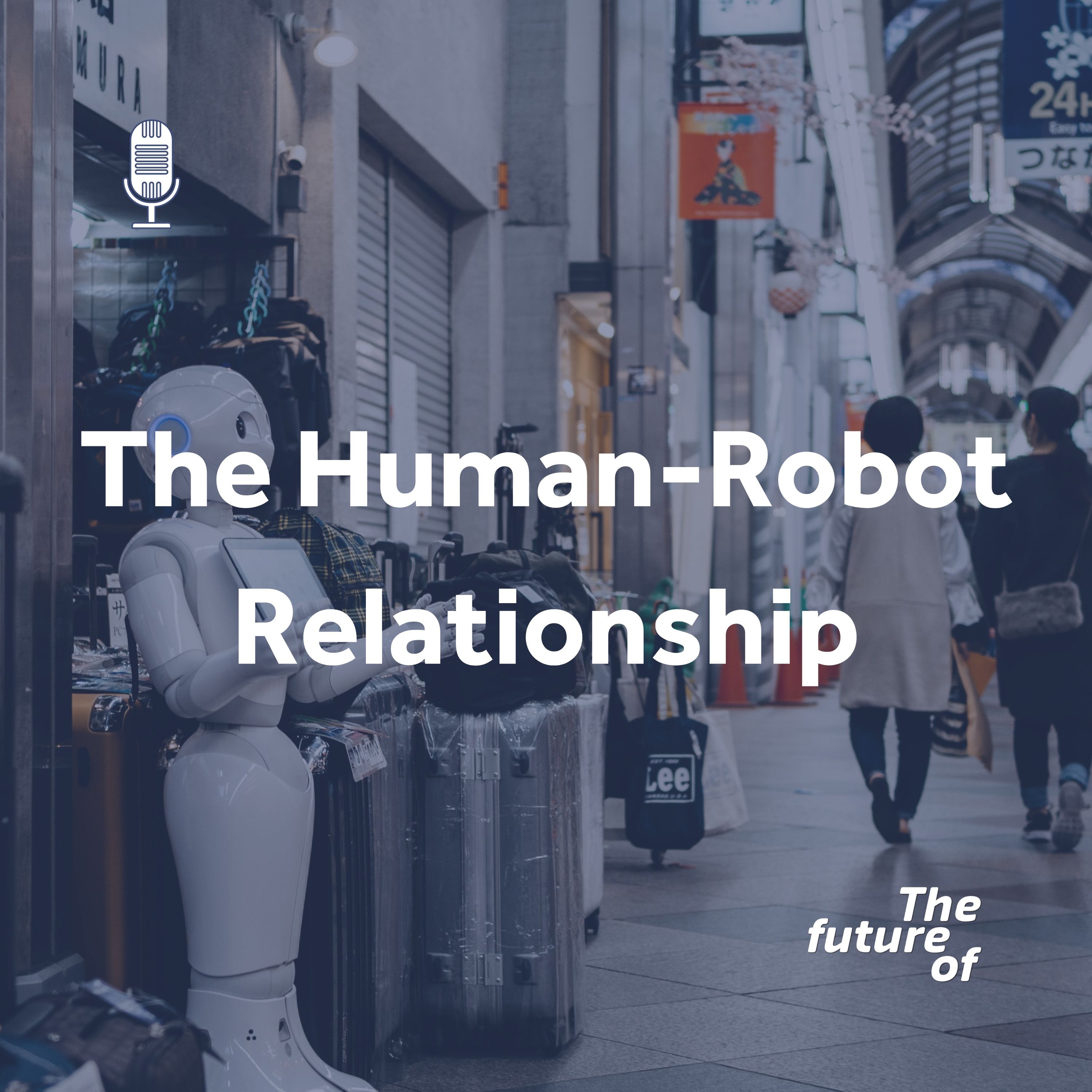
The Future OfThe Human-Robot RelationshipFrom high-tech washing machines, to digital voice assistants, robots have become integral parts of many of our daily lives. But while these technologies have proven useful, their increasing intelligence has led to concerns of robots taking our jobs and even robot uprisings.In this episode, David is joined by human-robot communication expert Dr Eleanor Sandry, to discuss whether this fiction has any merit to it.Today’s most egregious misuses of robots (4.50)If we should be concerned about robots getting smarter (11.03)Robot design and the rise of the ‘uncanny valley’ (14.52)Why humans should collaborate with machines to cre...
2019-12-1630 min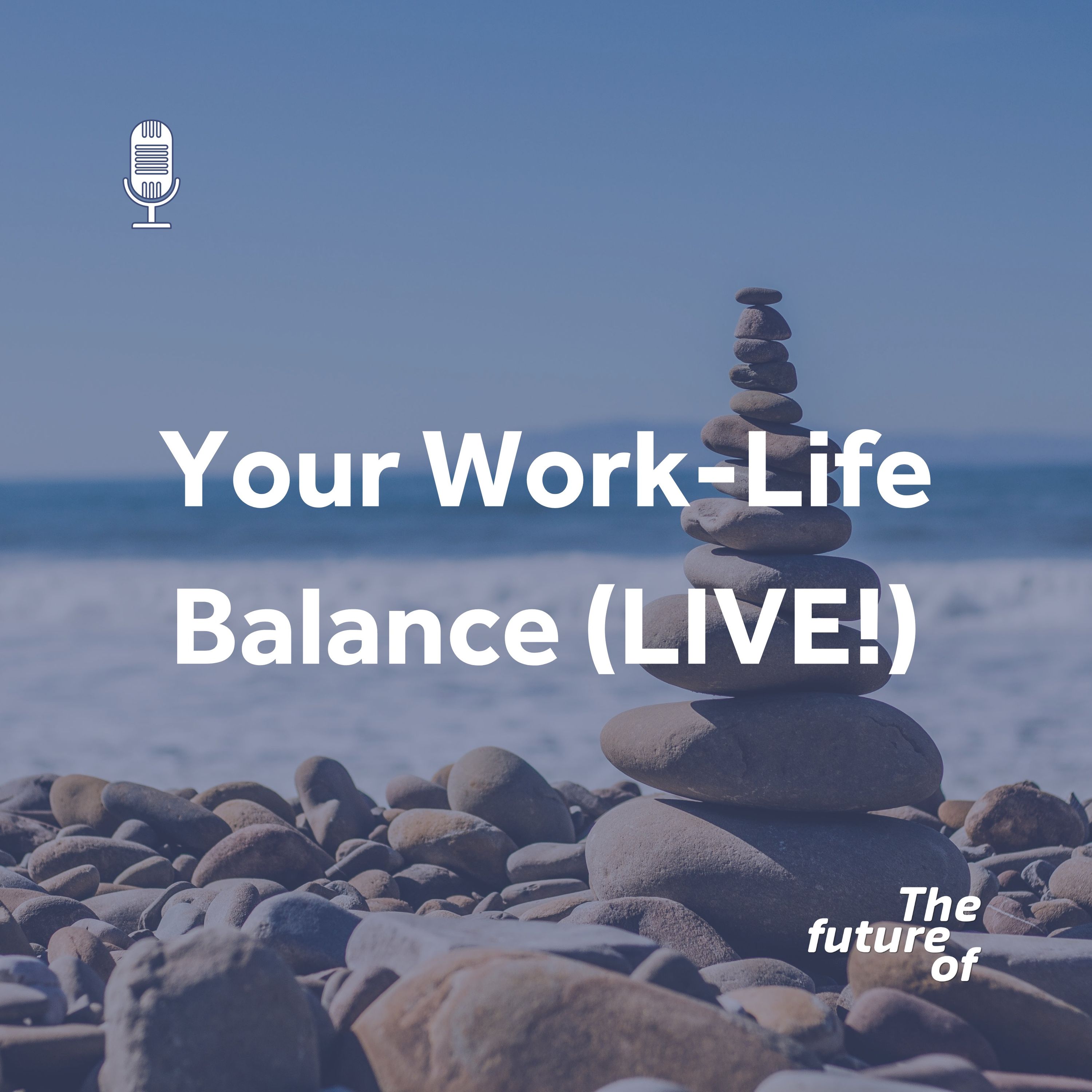
The Future OfYour Work-Life Balance (LIVE!)How do you want your work-life balance to look like in the future?Professor Julia Richardson explains the importance of work-life balance, how it can impact your productivity, career development and wellbeing, and the strategies you can explore to achieve this sometime elusive concept.Whether work-life balance is only a dream or could be a reality (3.17)What hard questions you need to ask yourself to achieve work-life balance (10.17)Two different strategies: segmentation and integration (19.20)Why managers need to be more concerned about their employees’ work-life balance (25.20)Why there’s nothing wrong with ‘wasting’ time (31.43)Learn more
2019-12-0940 min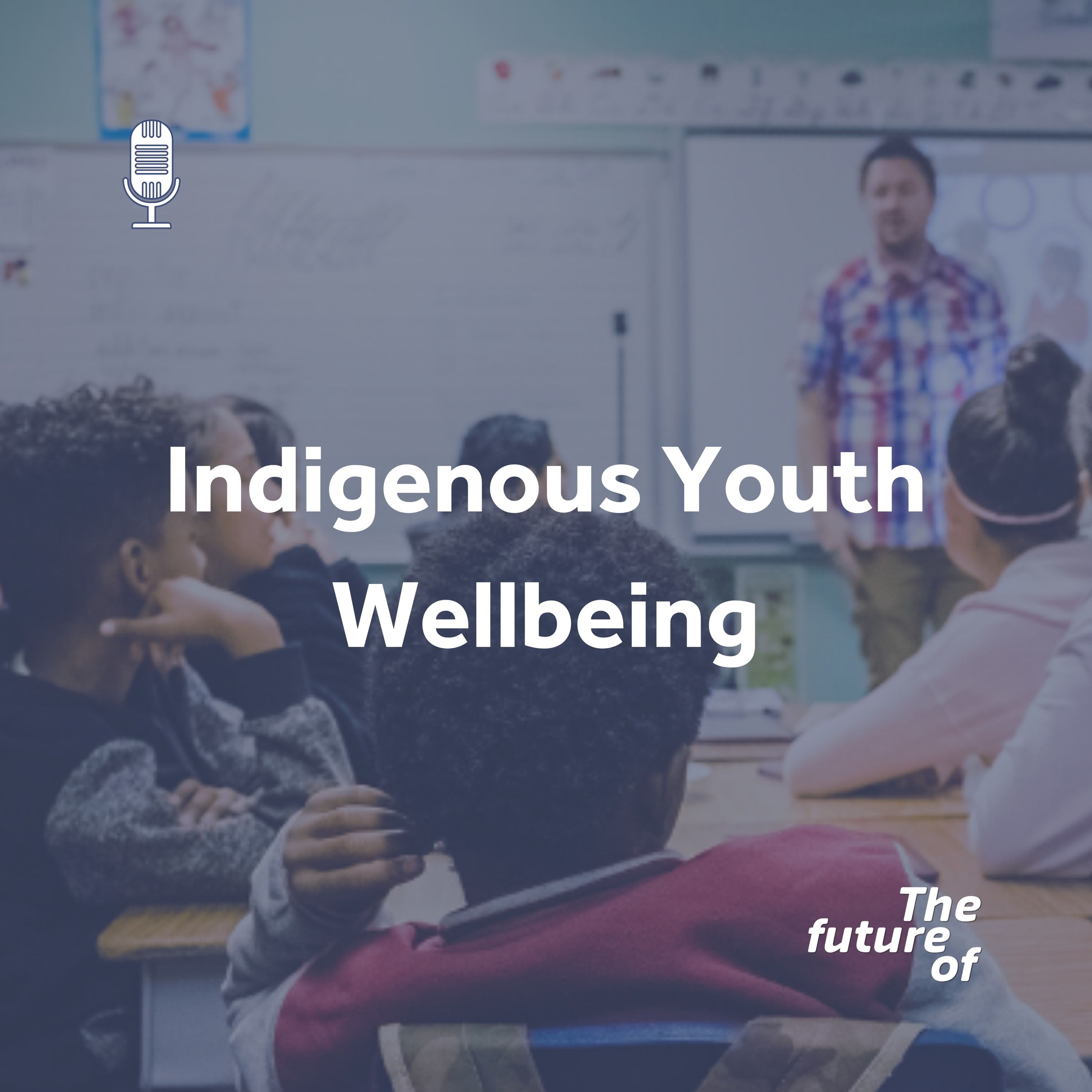
The Future OfIndigenous Youth WellbeingNew research suggests that to meet the needs of Indigenous youth, Australia’s health and education systems must adopt practices that provide cultural safety and positive meanings about Aboriginality.In this episode, David is joined by Professor Rhonda Oliver, Head of Curtin’s School of Education, and Dr Michael Wright, a mental health researcher and Yuat Nyungar man, to discuss what needs to be done to ensure the wellbeing of Australia’s young Indigenous people is improving.How the NAPLAN (National Assessment Program – Literacy and Numeracy) is disadvantaging Australia’s Indigenous youth (02:02)What needs to be done to en...
2019-11-2532 min
The Future OfHome OwnershipIn the past few years, there has been a steady decrease in the percentage of Australians owning their home and an increase in the percentage of those renting. These numbers, coupled with fluctuating property prices, have left the future of home ownership in uncertainty.In this episode, David is joined by Associate Professor Steven Rowley, the Director of the Australian Housing and Urban Research Institute’s Curtin Research Centre, and Curtin property lecturer Dr Amity James, to discuss whether the great Australian dream of home ownership will still be achievable in the future.The motivations behind ho...
2019-11-1828 min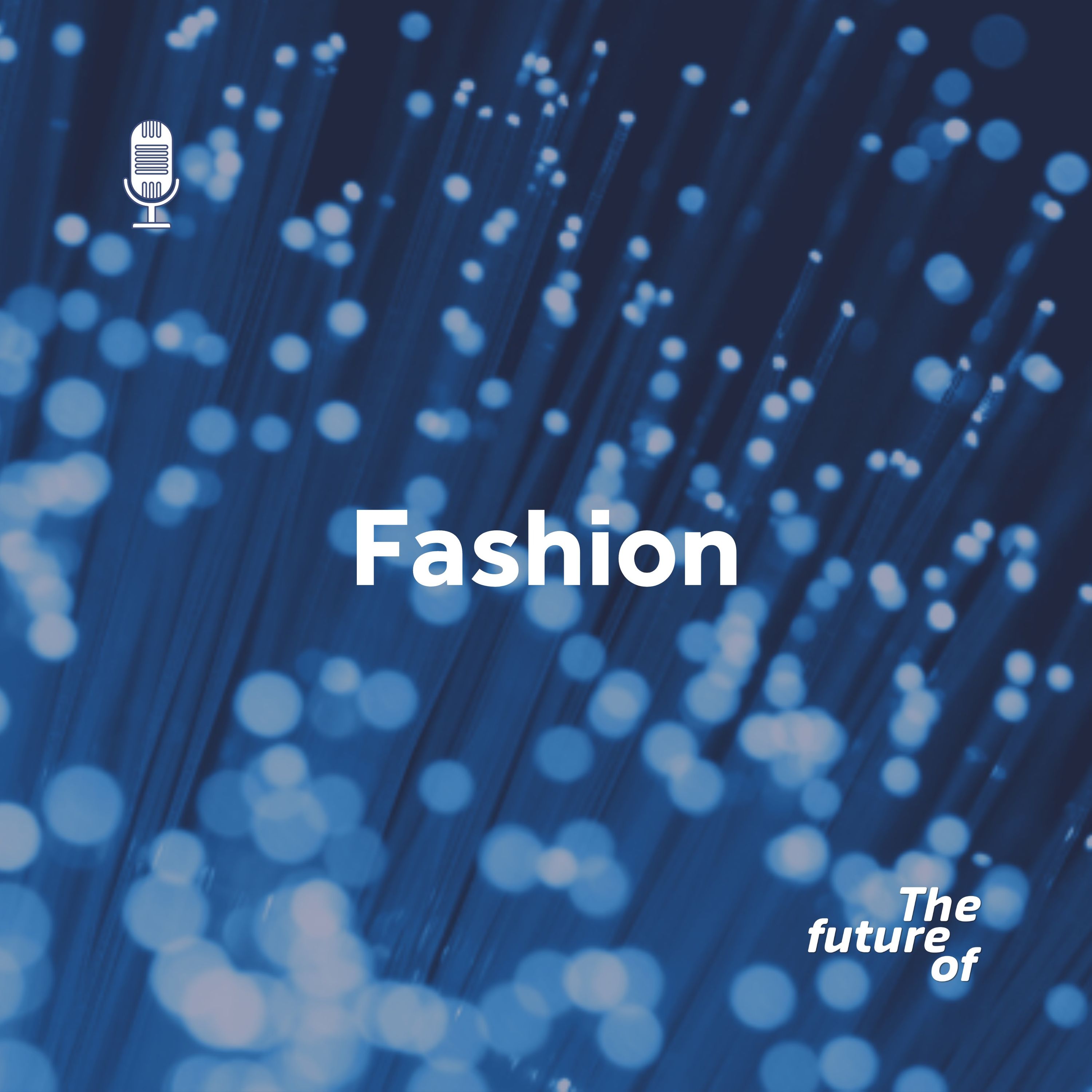
The Future OfFashionFrom design to merchandising, the fashion industry is undergoing rapid change in response to market demand for sustainability, wearable technology and digital design.Dr Anne Farren has been engaged in the craft of making since she was eleven, in both ceramics and textiles. For the past thirty years she has been involved in the curation of textile and fashion exhibitions presented in Japan, Thailand, Singapore and Australia. Since 2001, she has been the academic head of the fashion program at Curtin University.In this episode, Dr Farren discusses what future fashion might look like and the...
2019-11-1128 min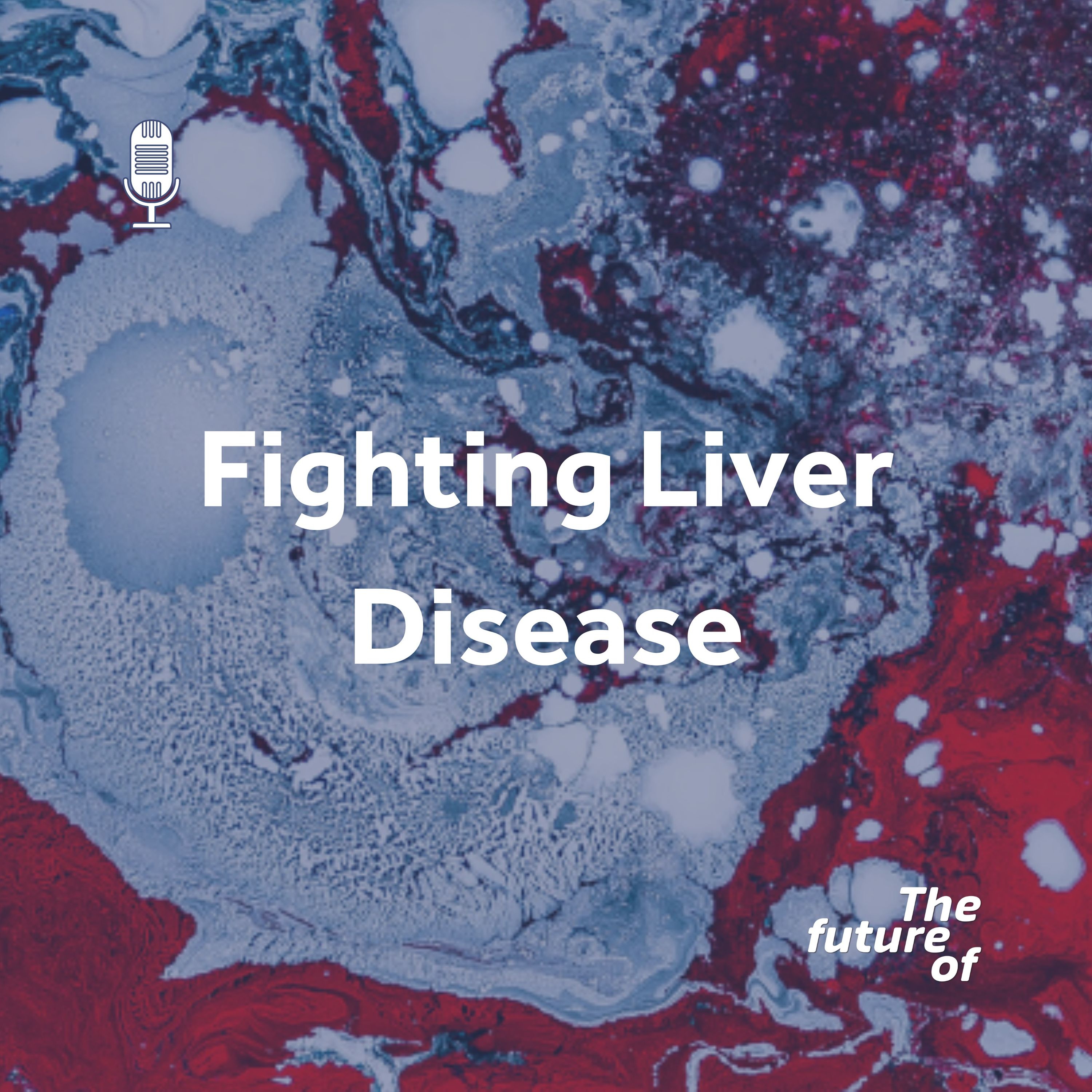
The Future OfFighting Liver DiseaseChronic liver disease is one of the most rapidly growing causes of death worldwide. Current treatments for liver cancer are limited and only prolong life by only months.In this episode, Associate Professor Nina Tirnitz-Parker from Curtin University’s Liver Disease and Regeneration Group and Professor John Olynyk, Director of Research Development at Fiona Stanley Hospital, explain what liver disease is, and what the future holds for its prevention and treatment.What’s the difference between liver cancer and liver disease? (00:52)What do we need to learn about liver disease? (07:02)Why are treatment options for liver canc...
2019-11-0418 min